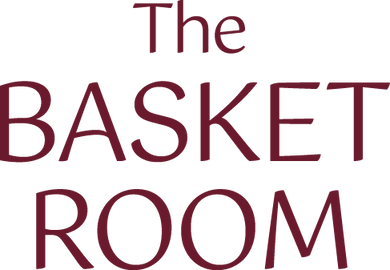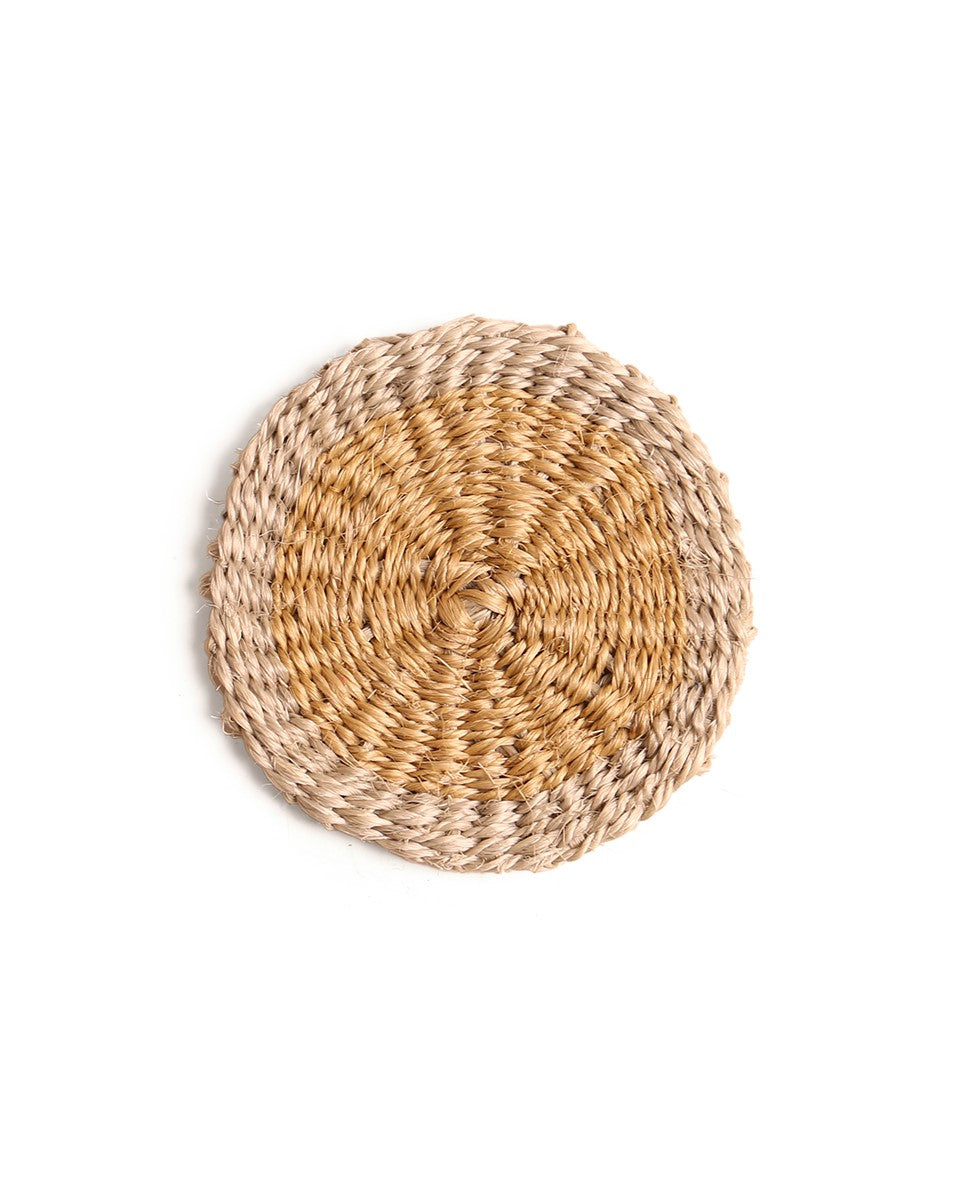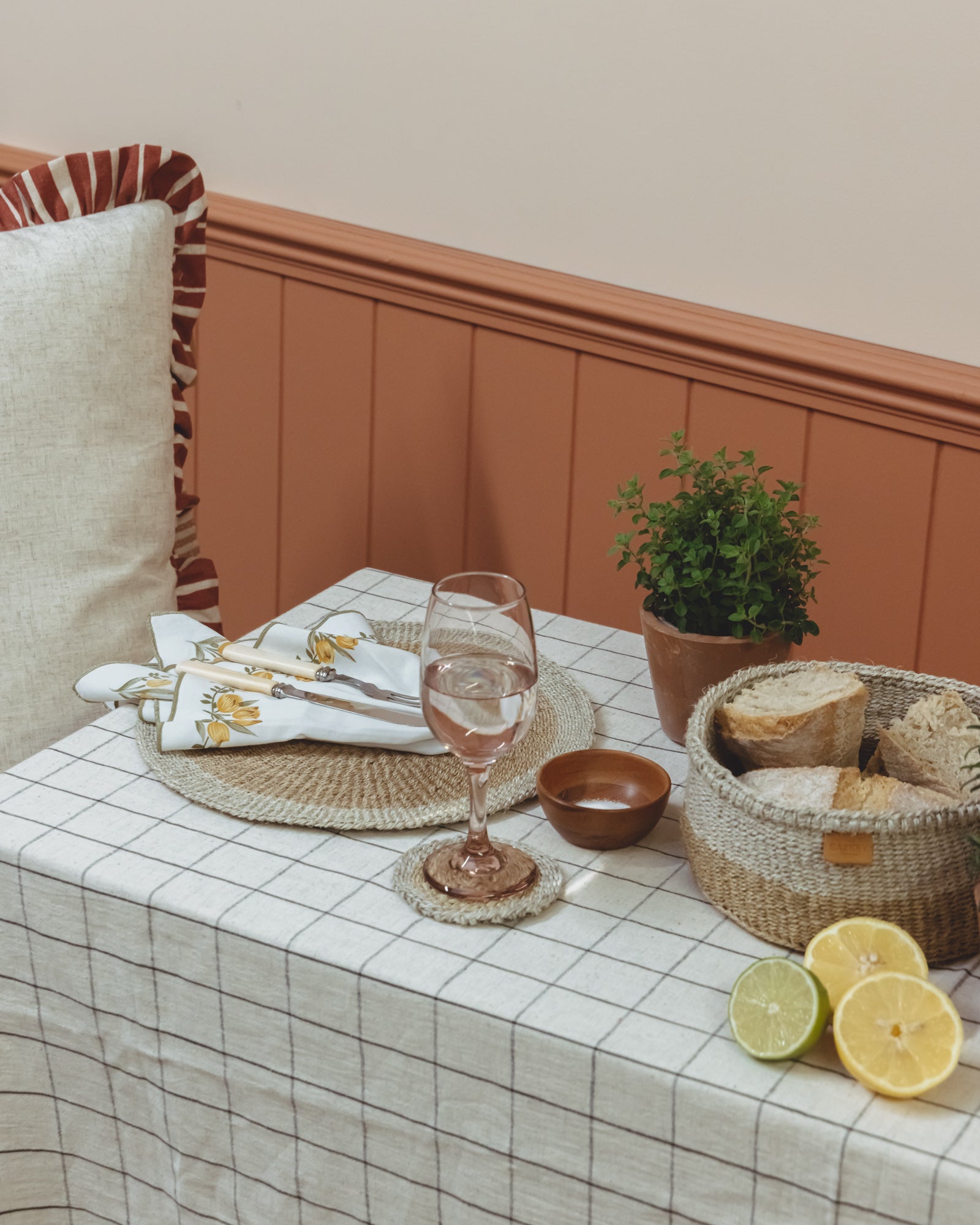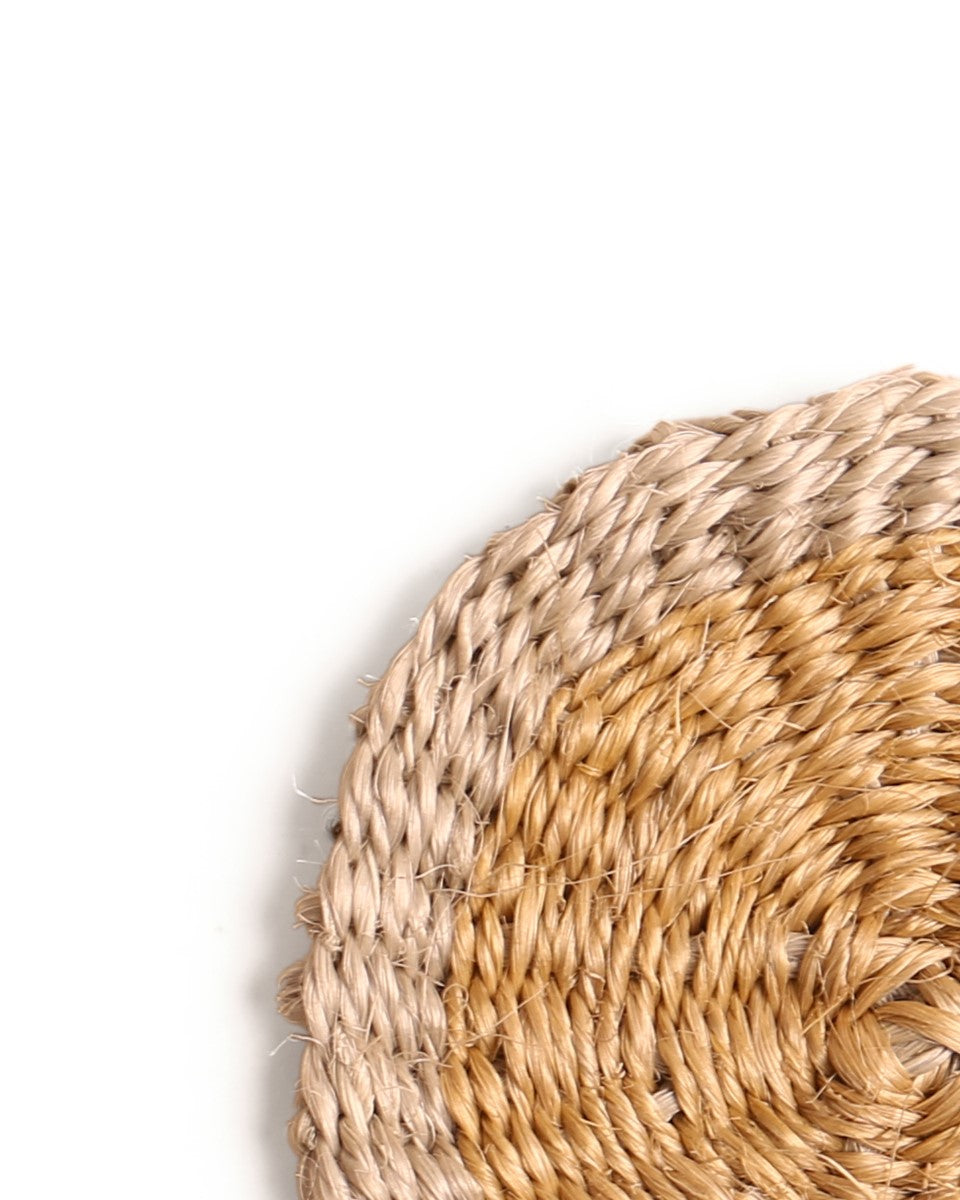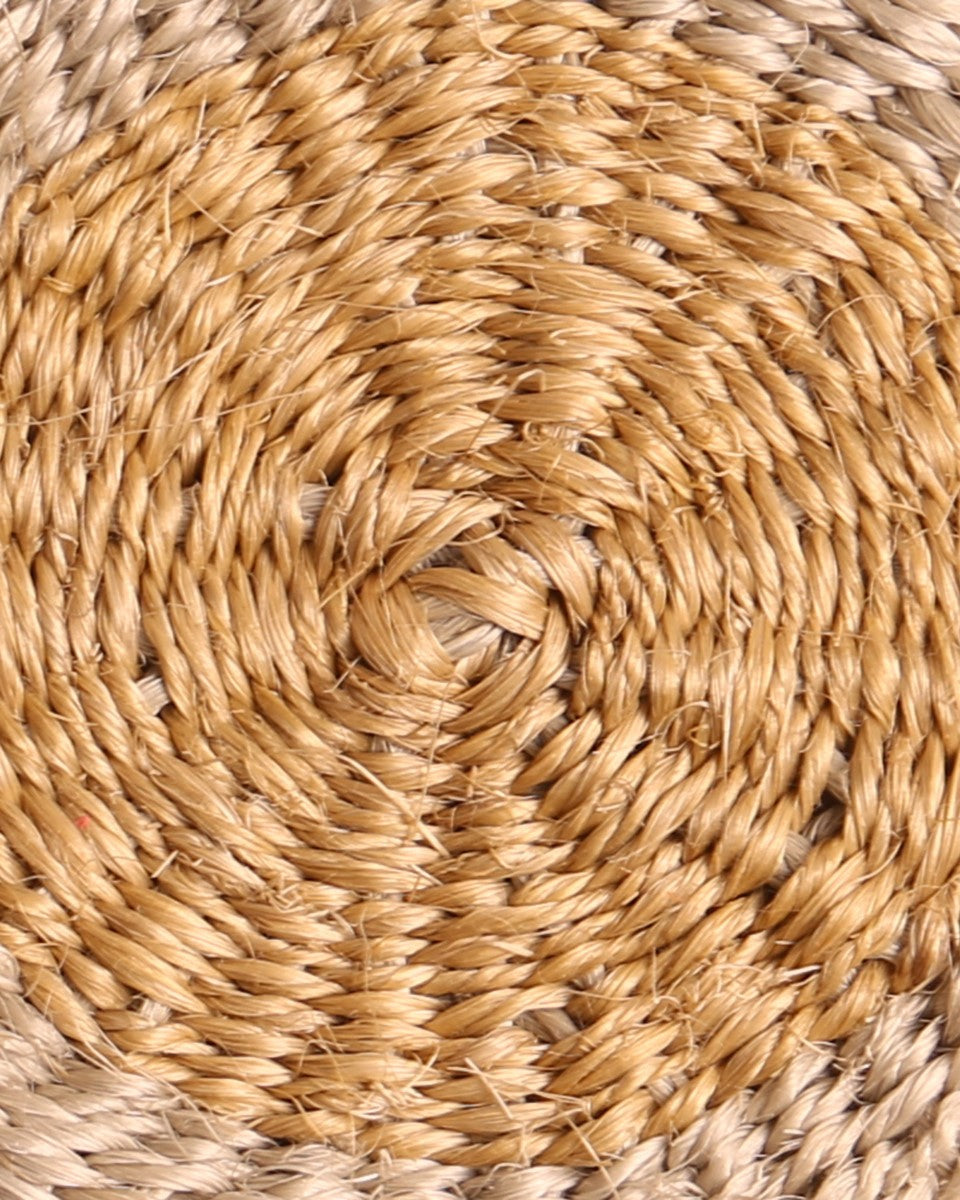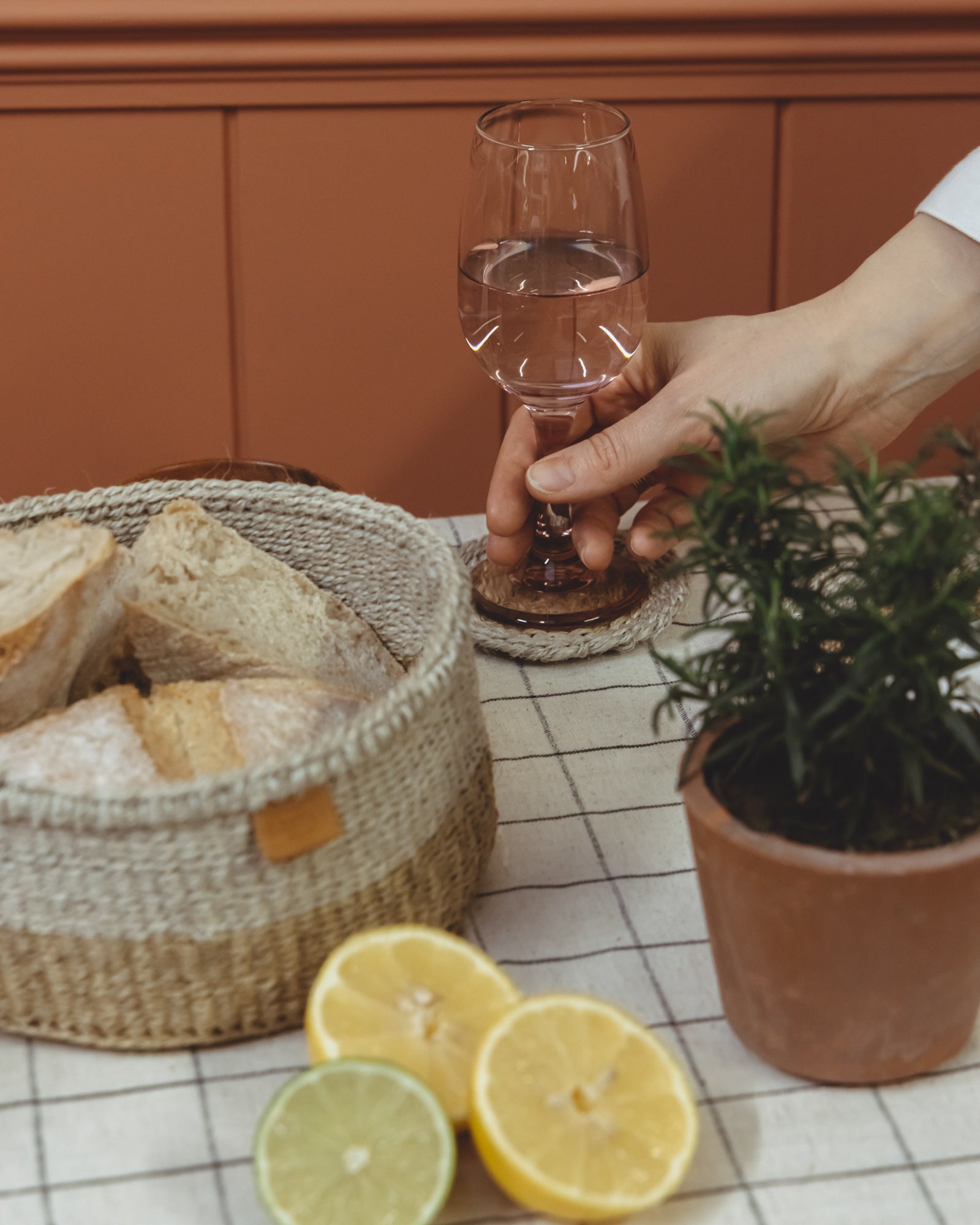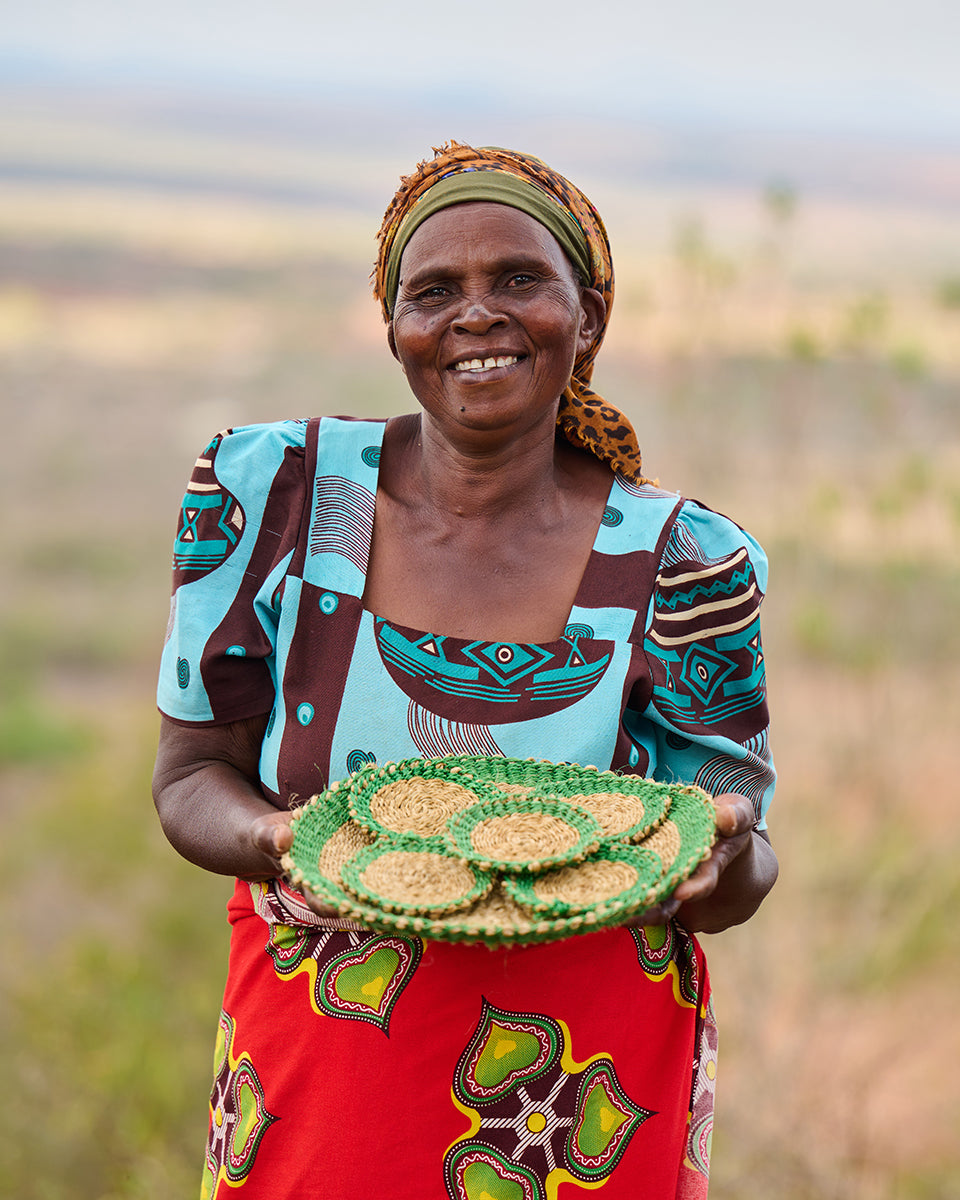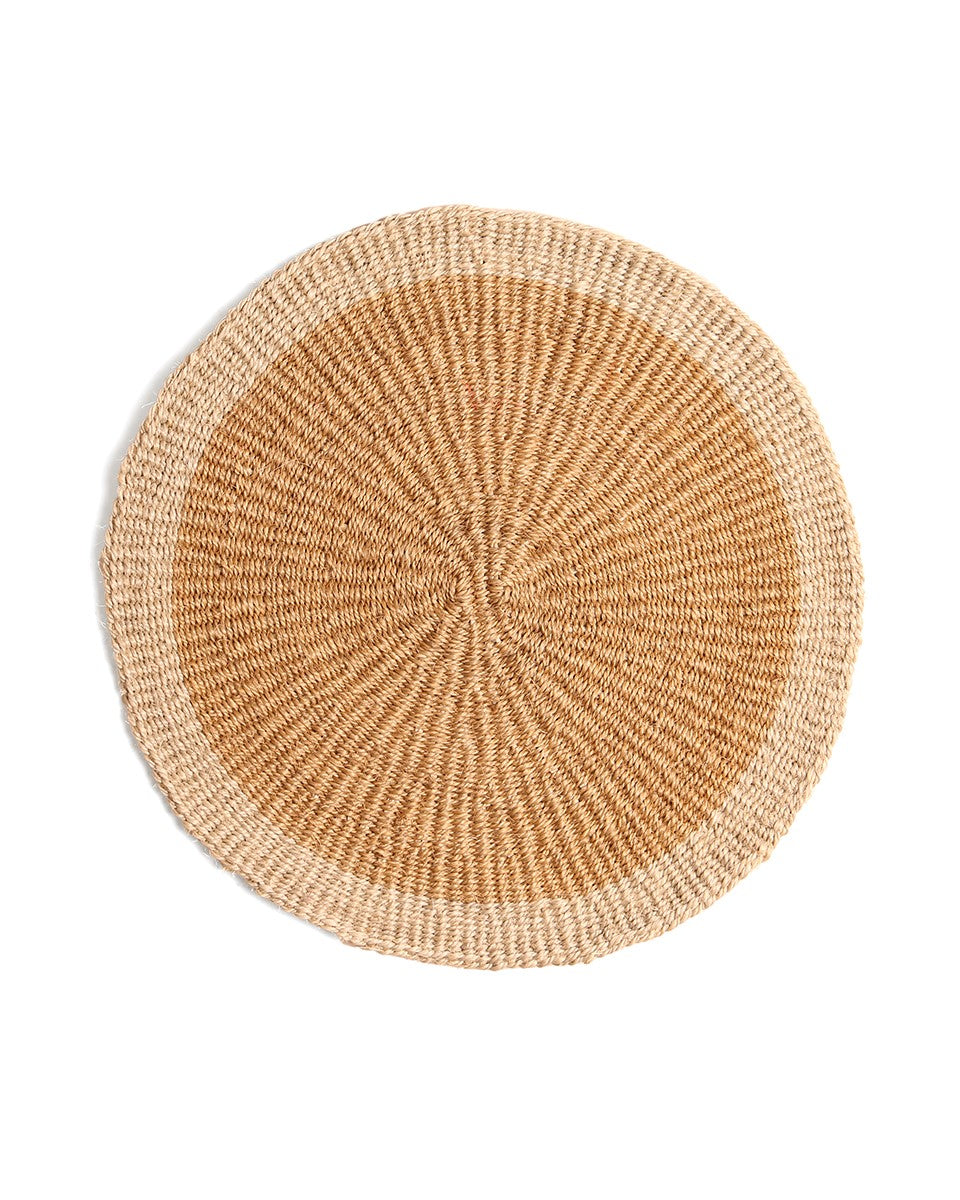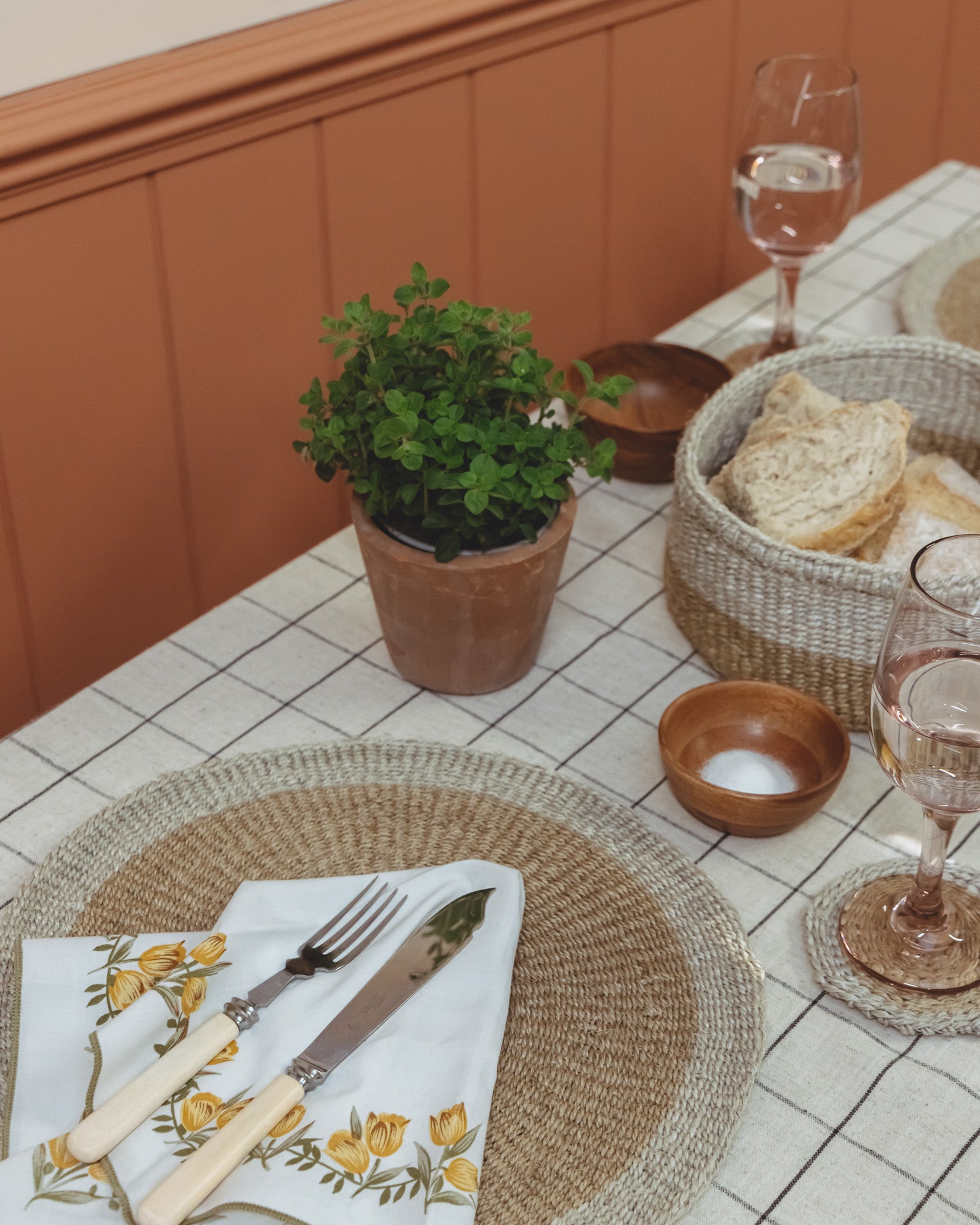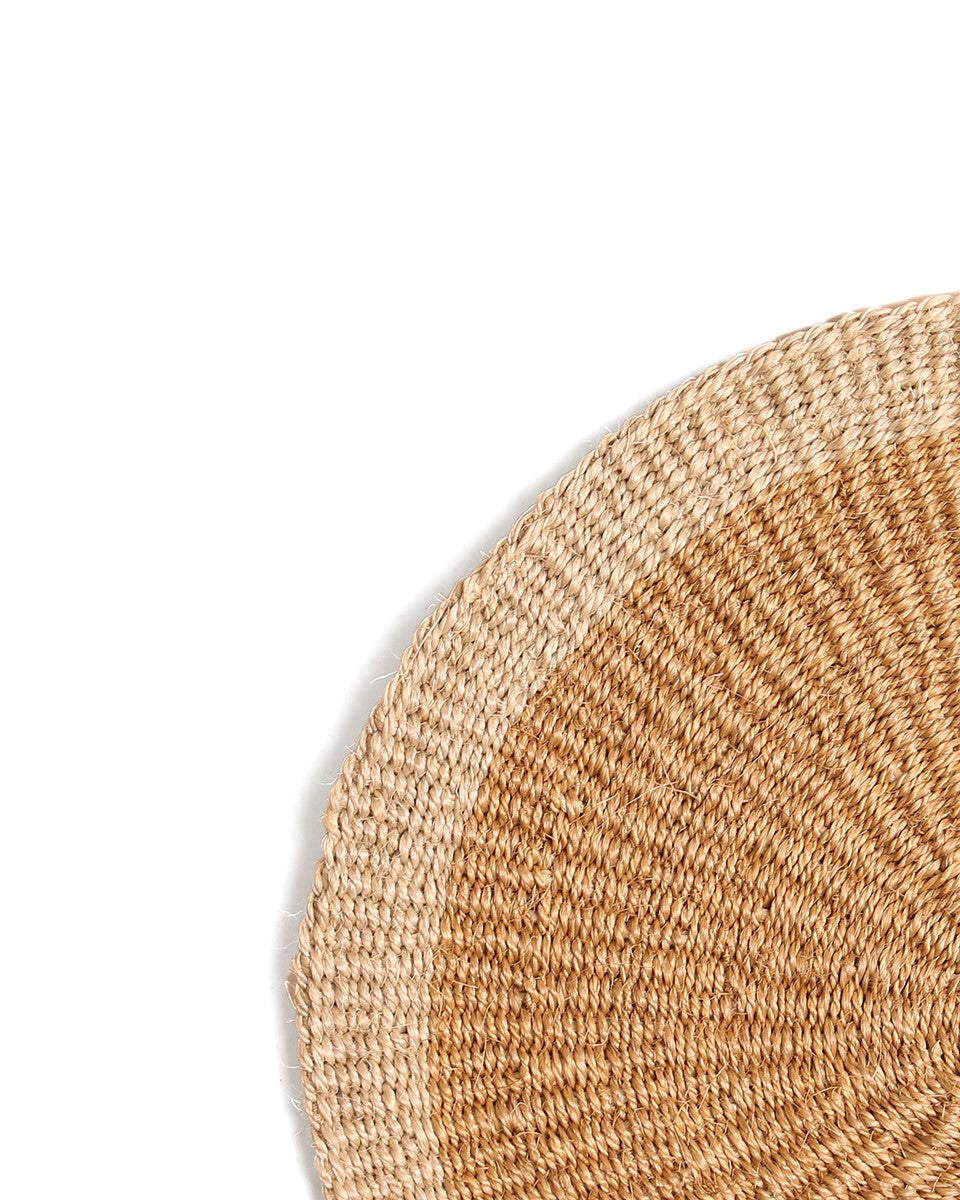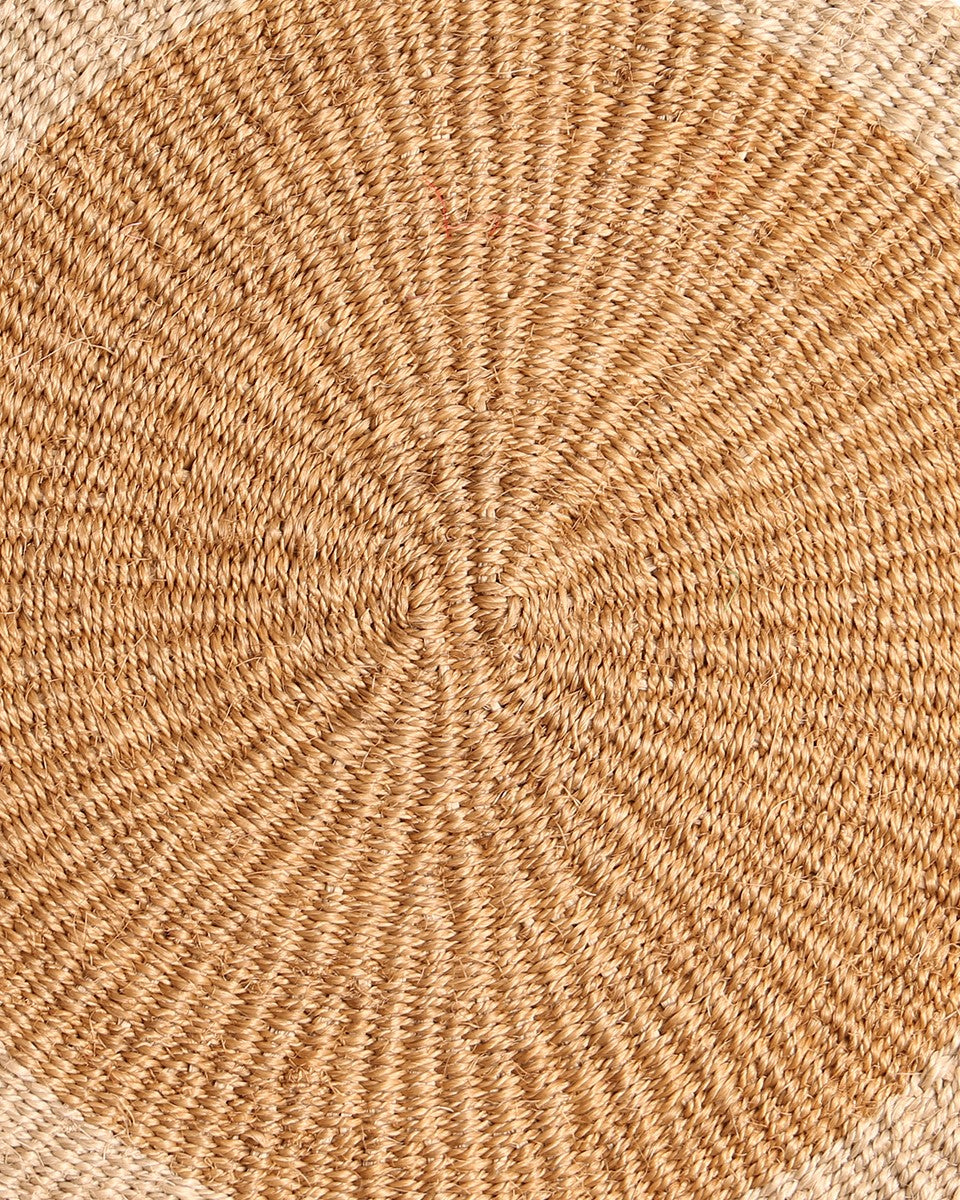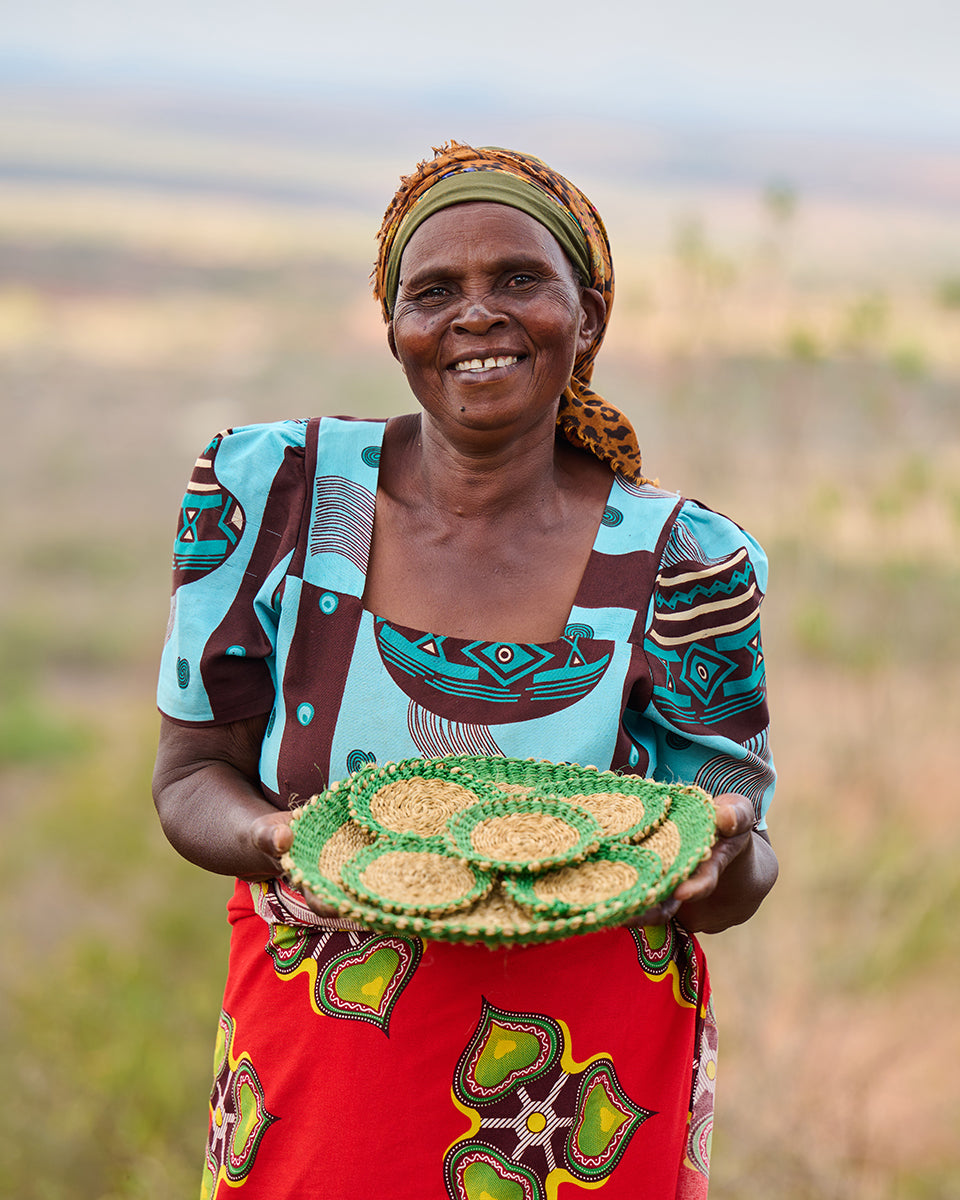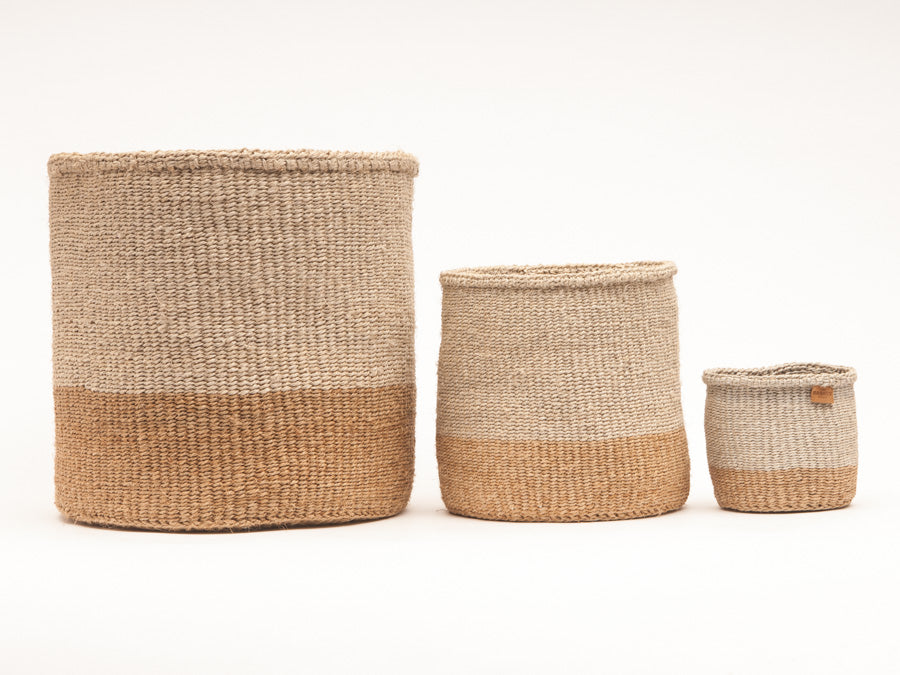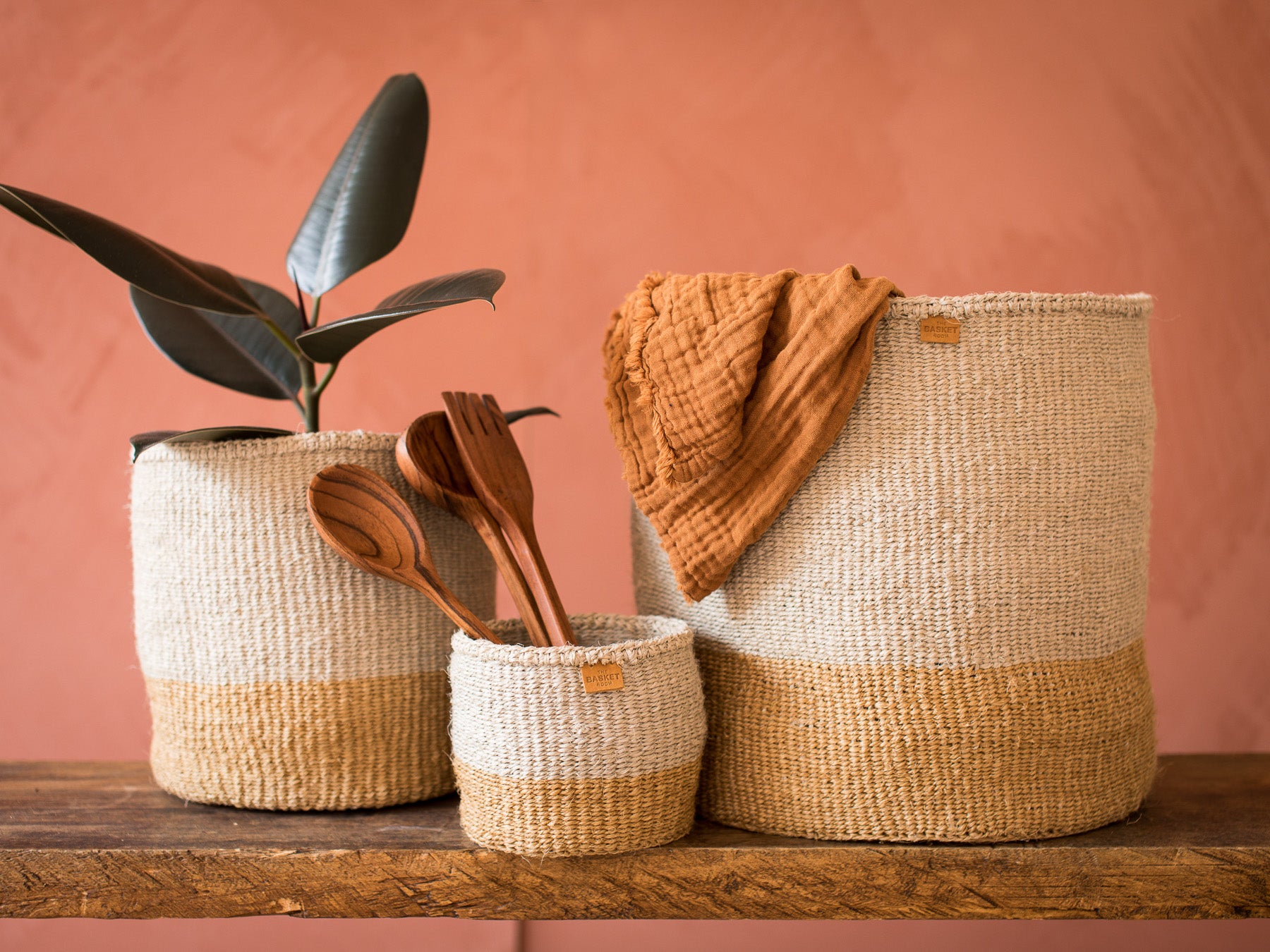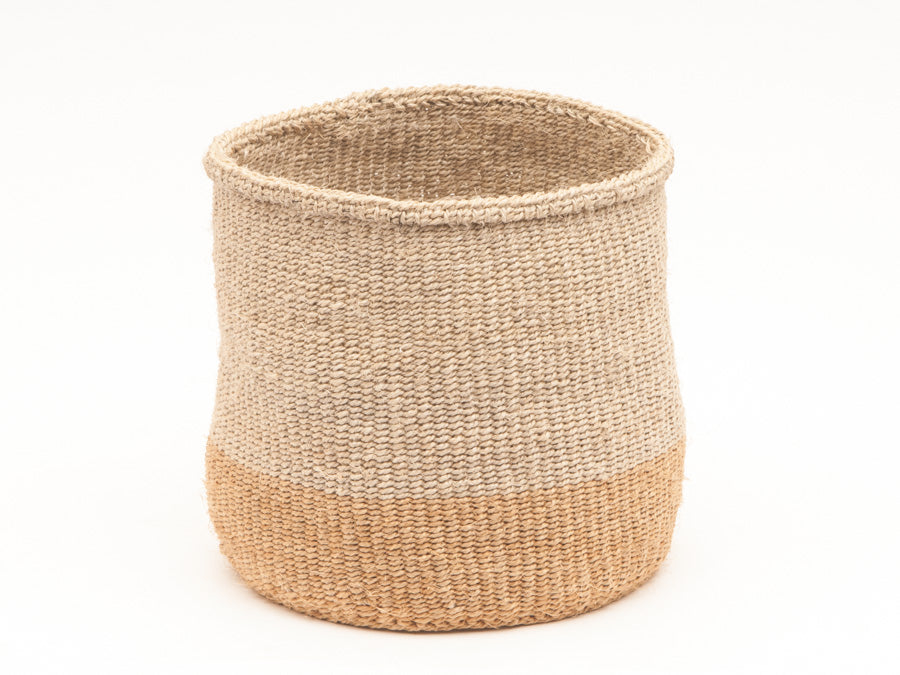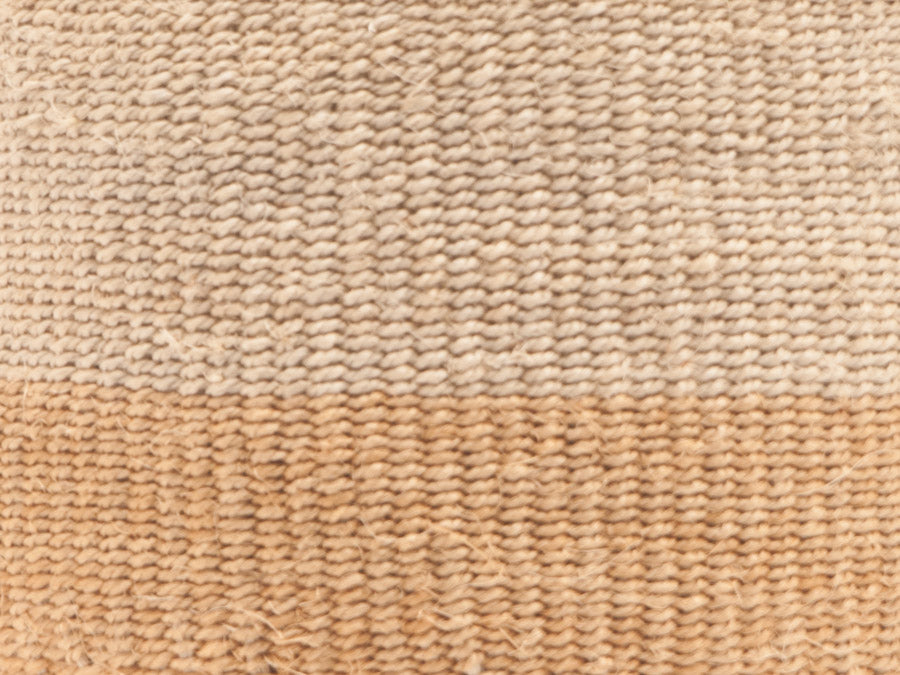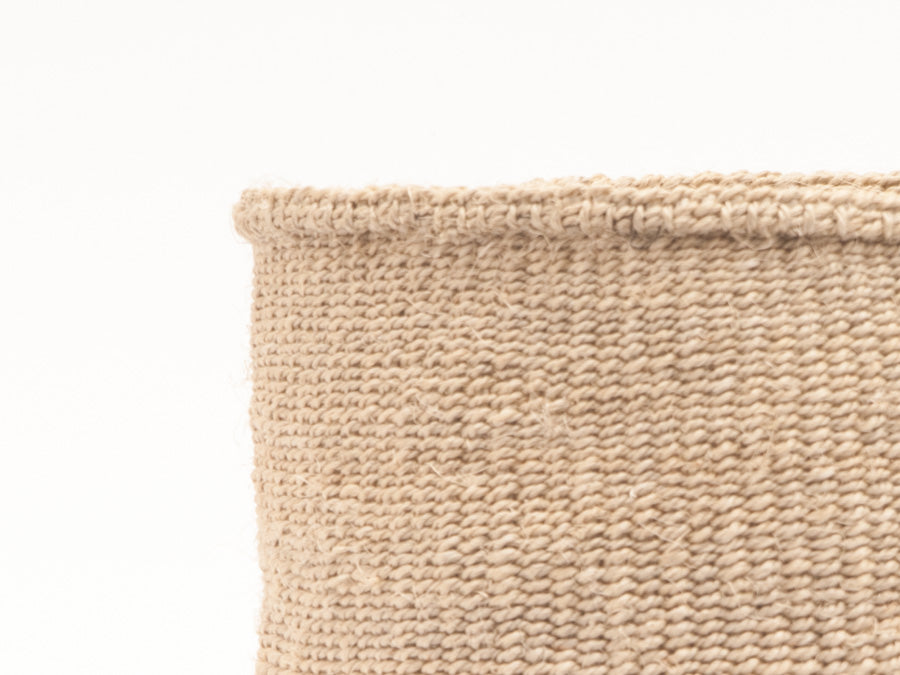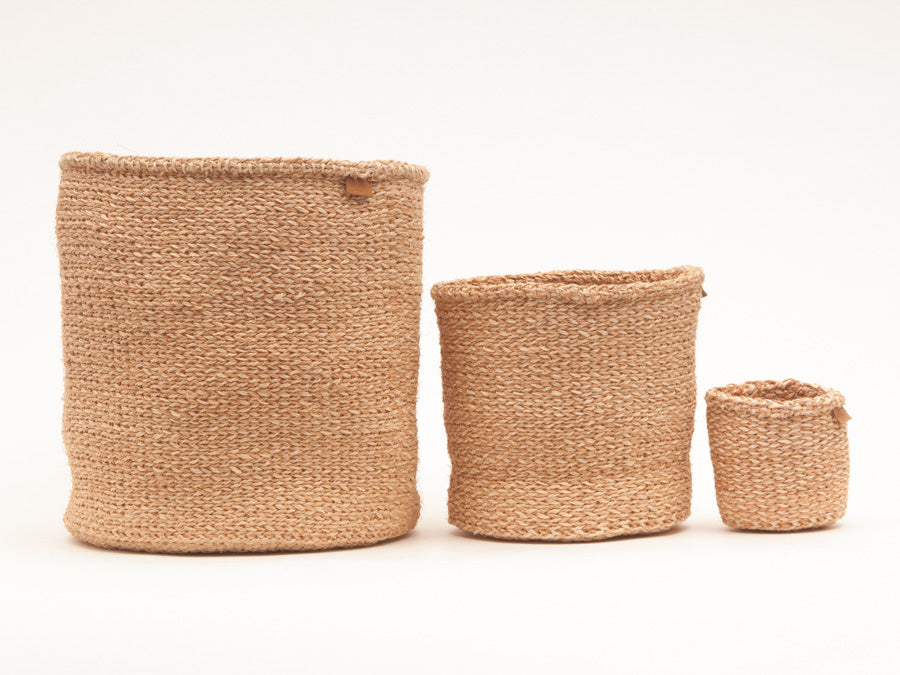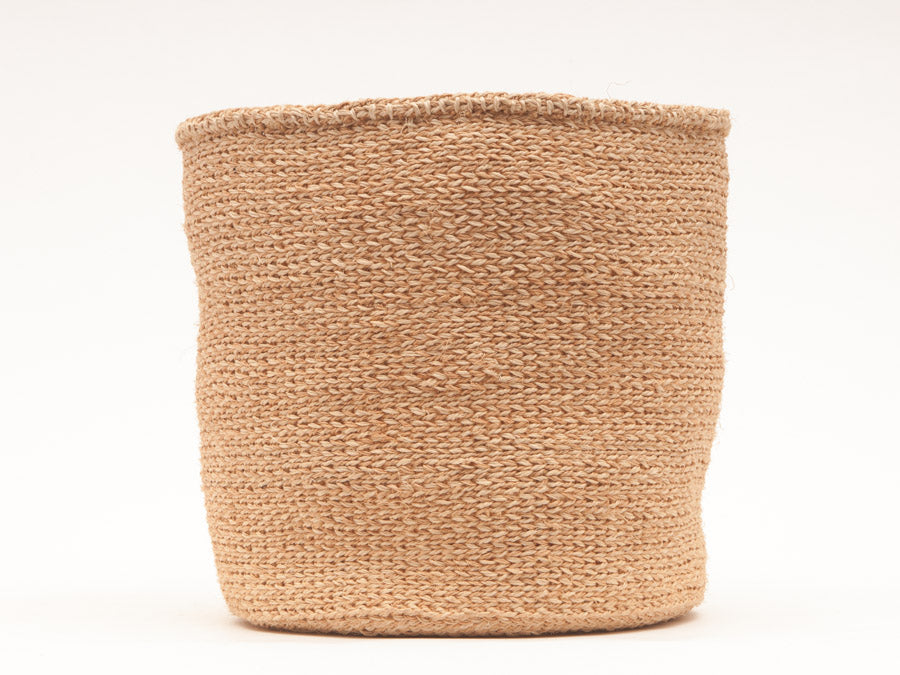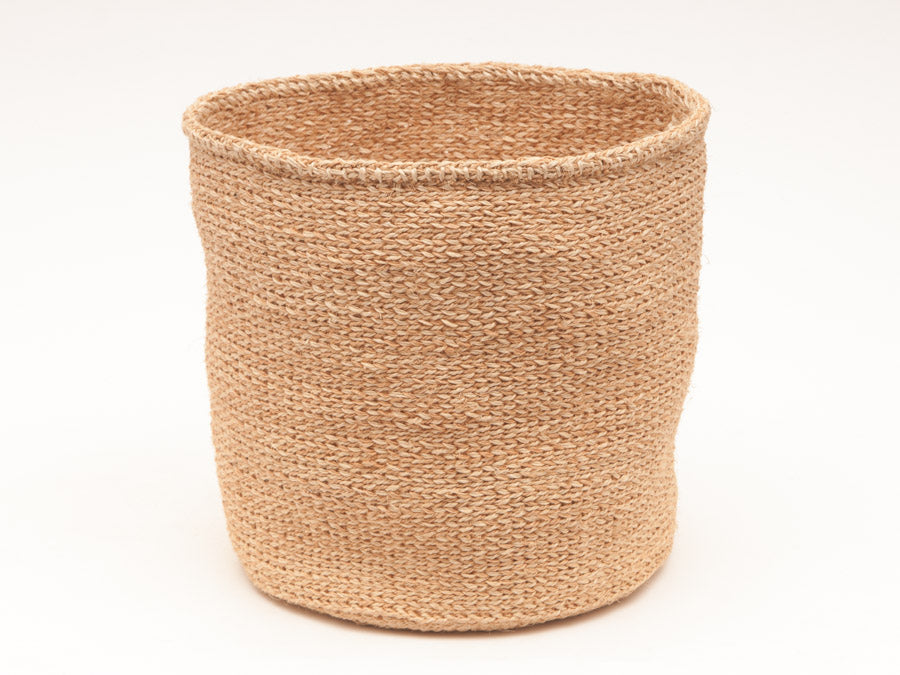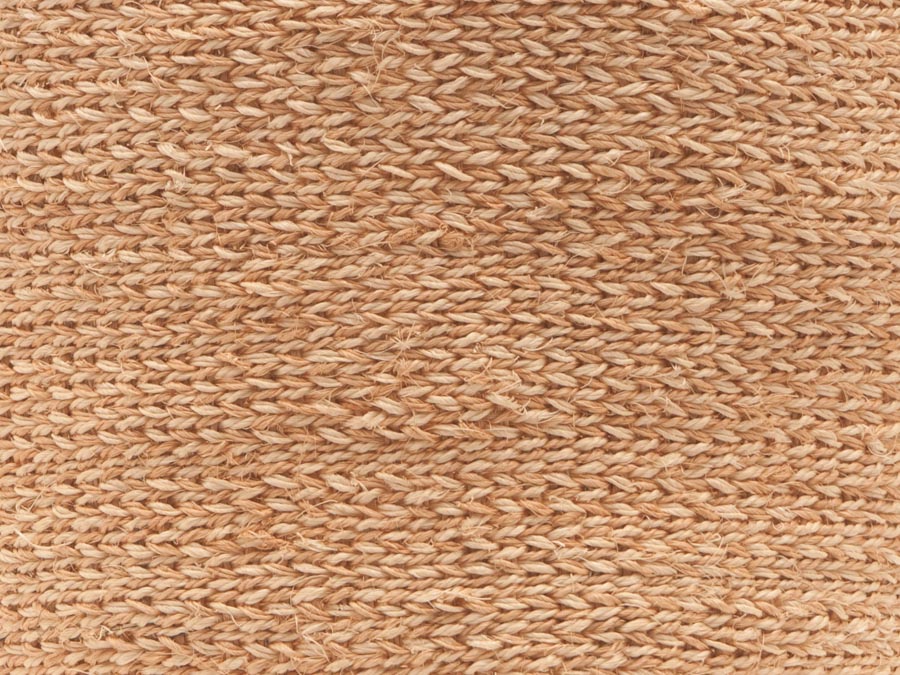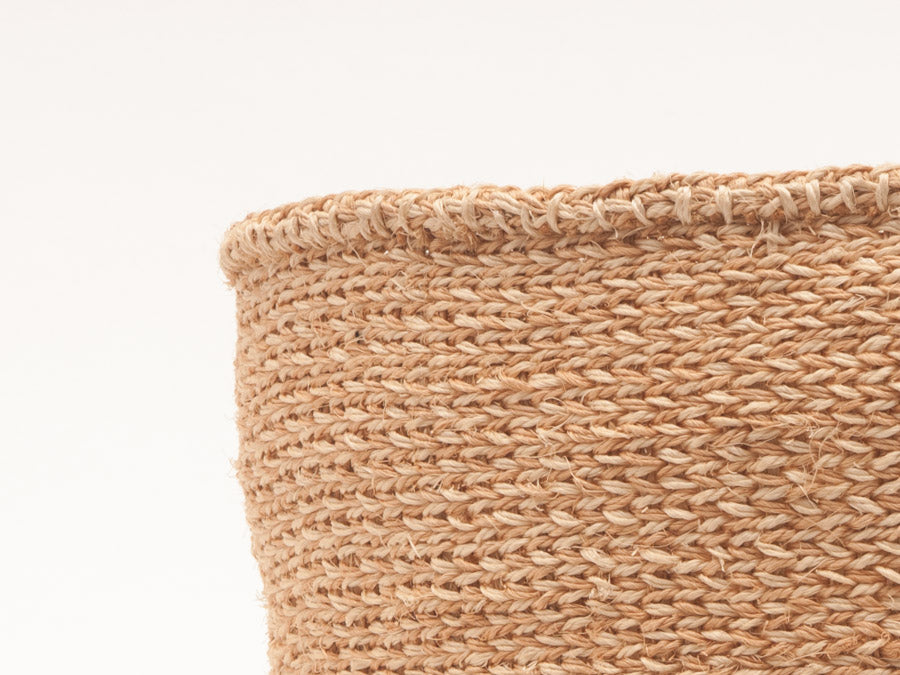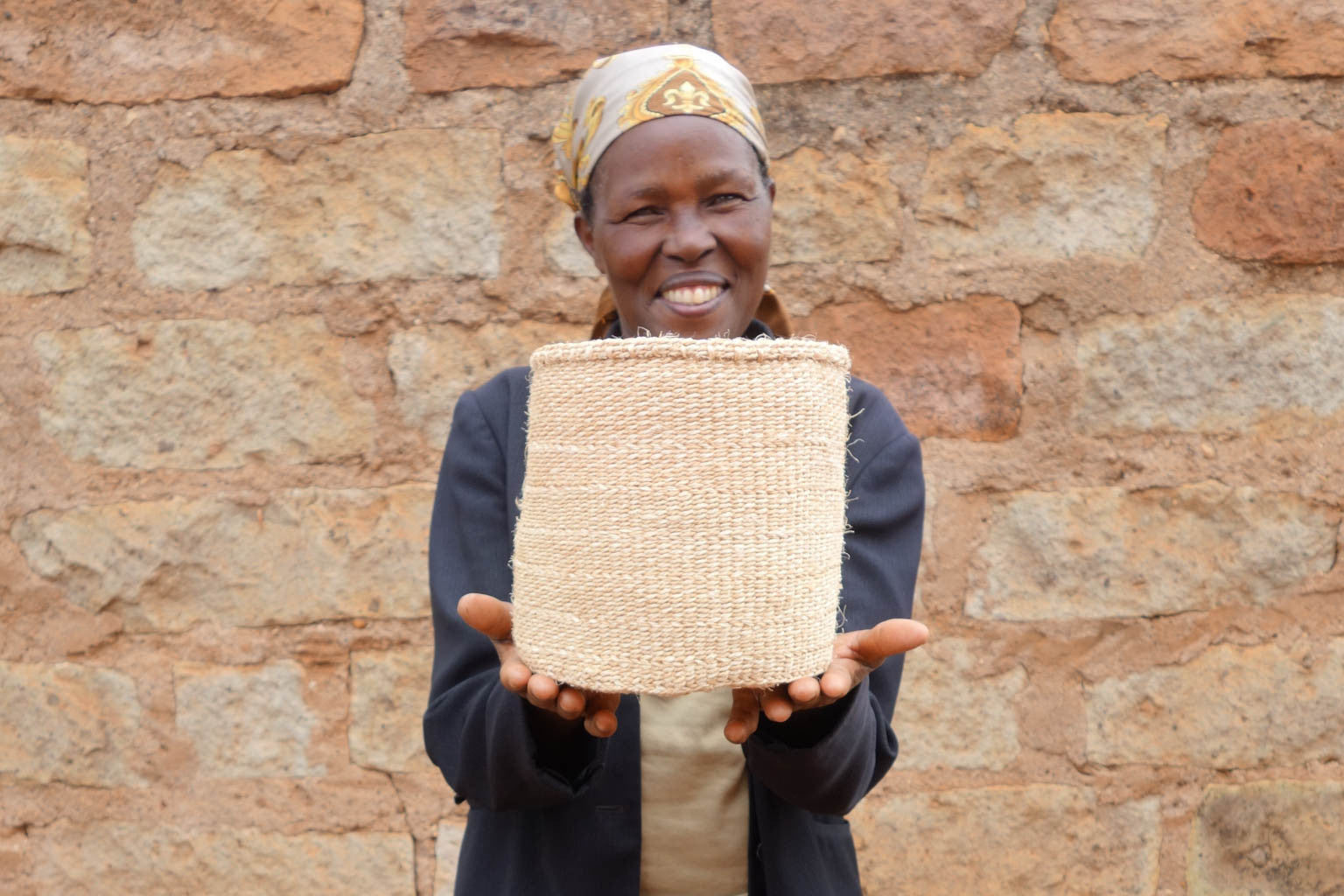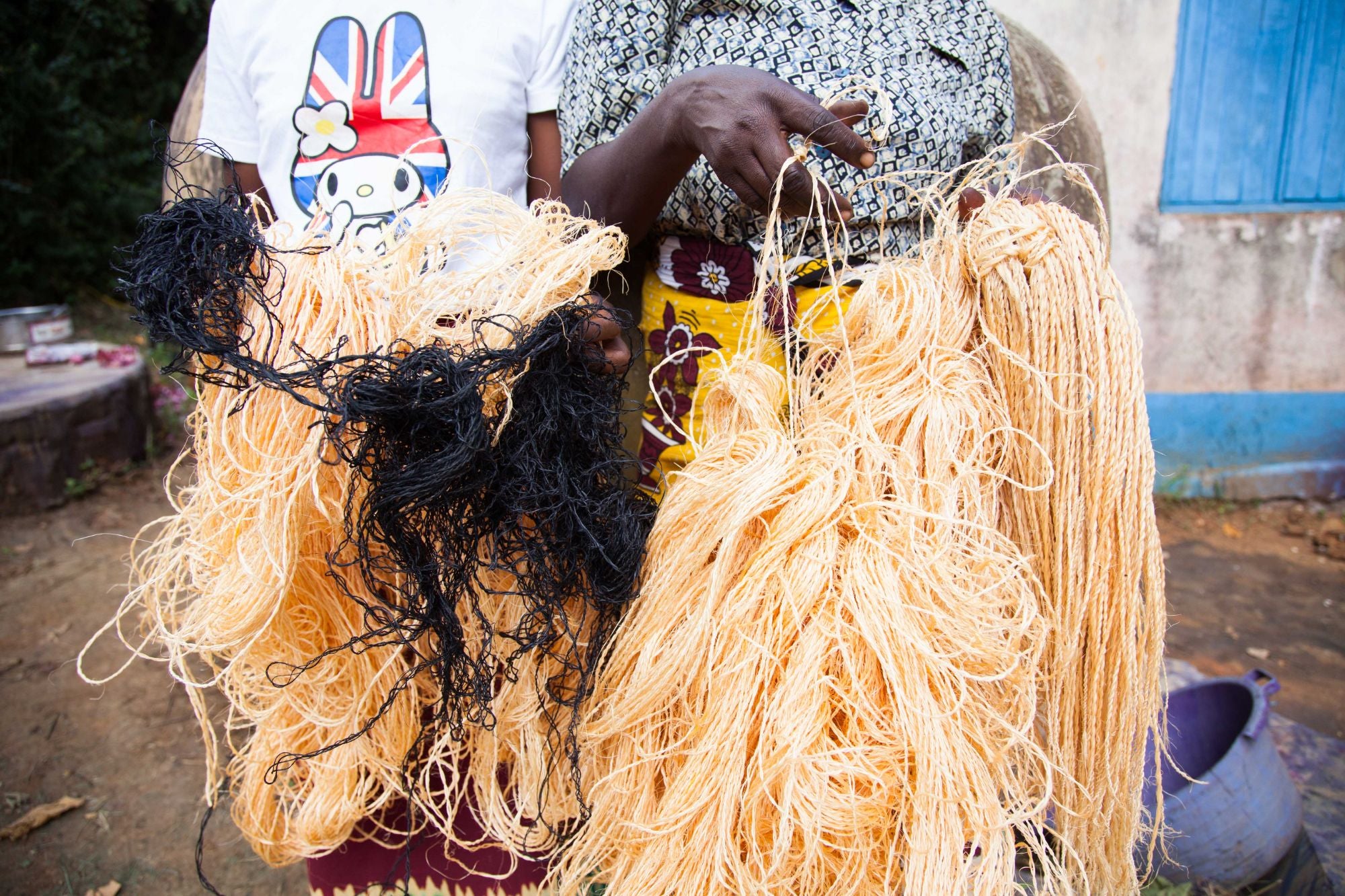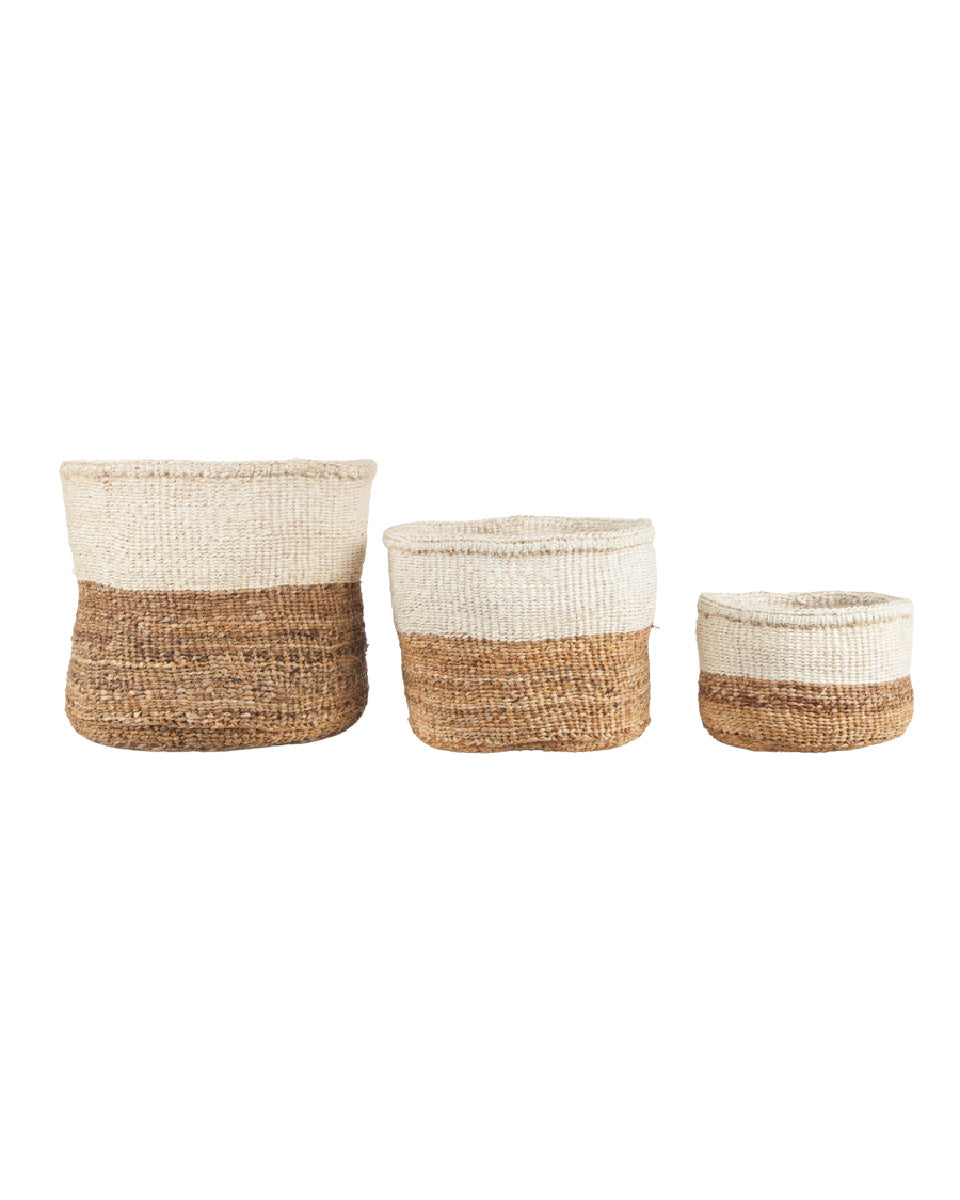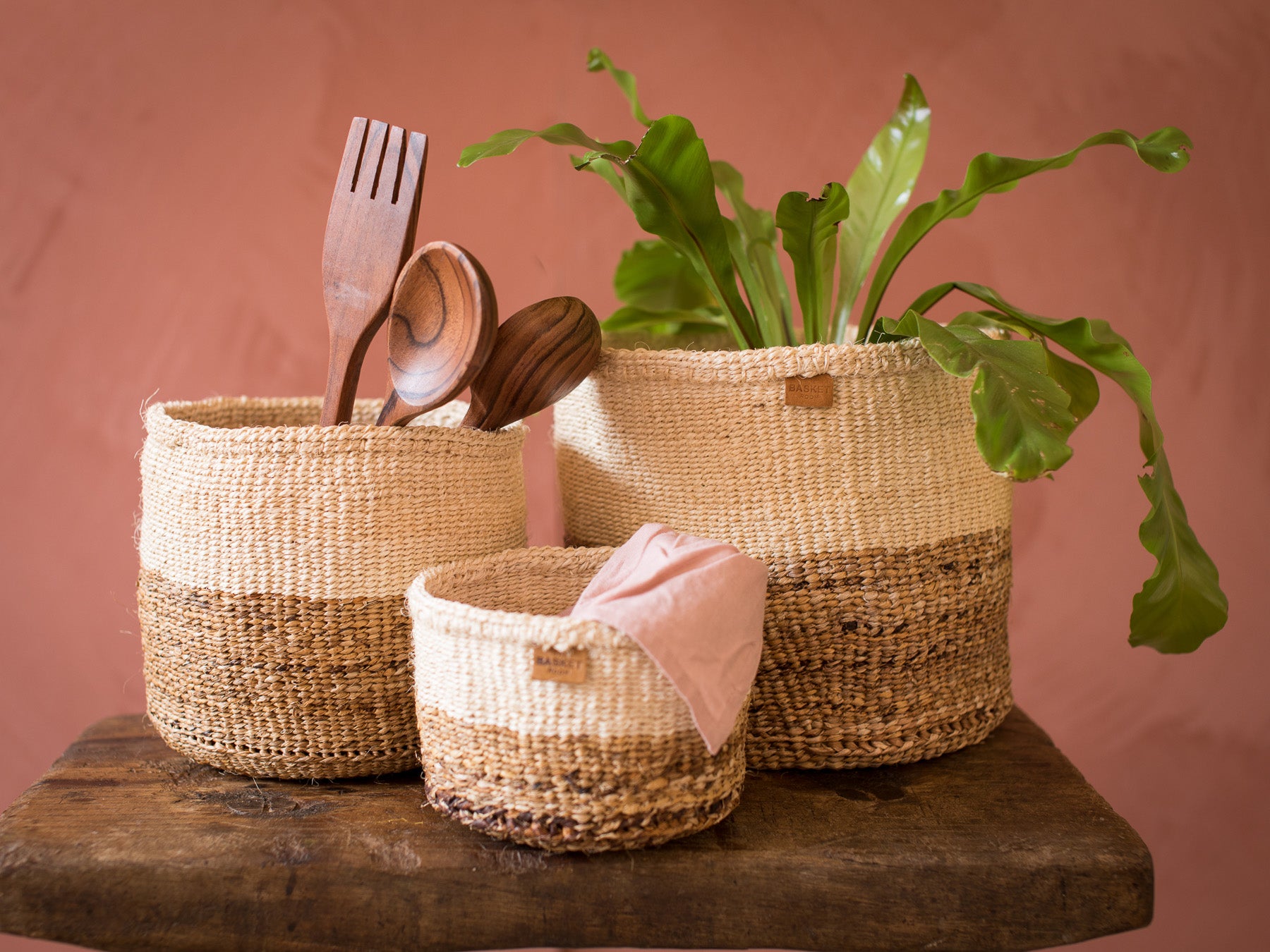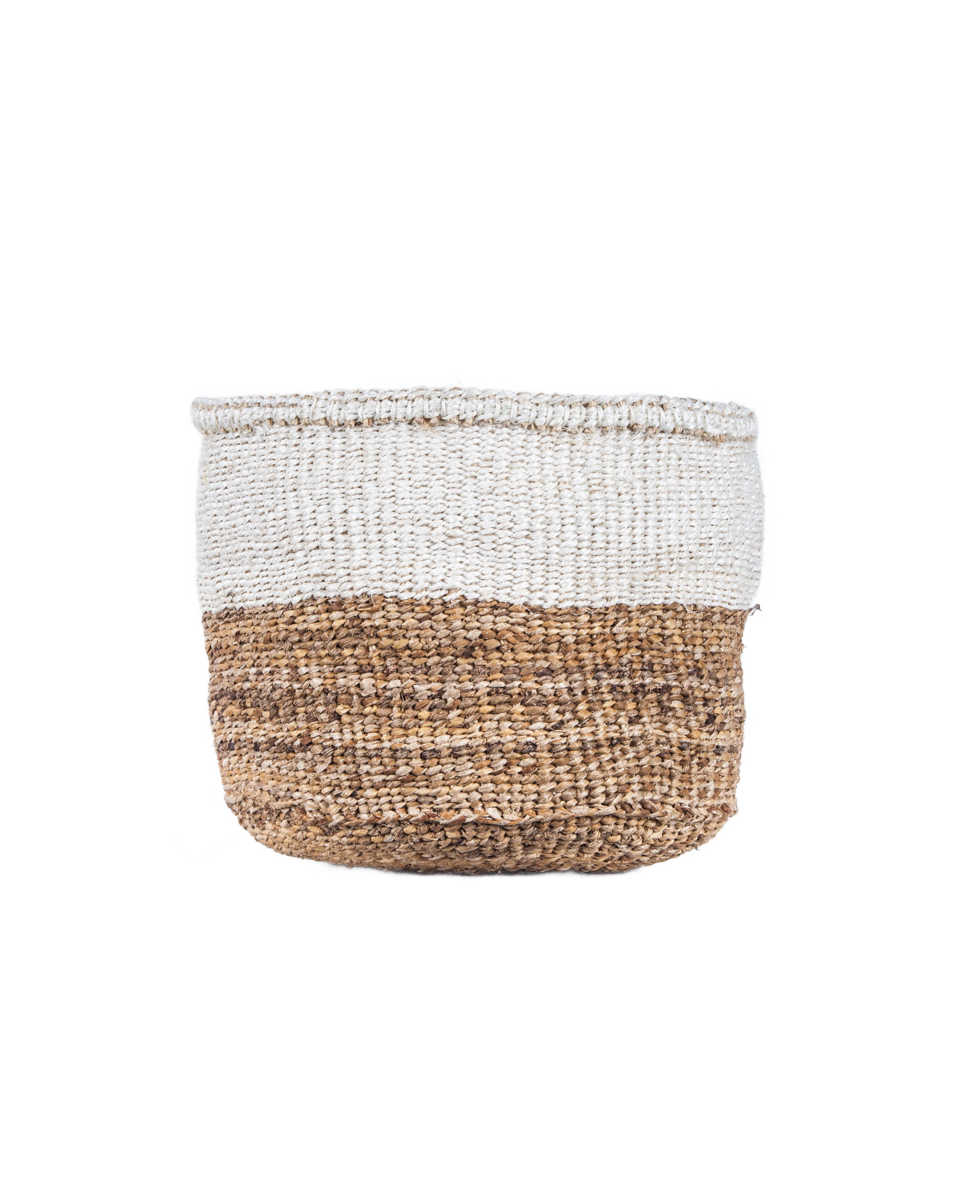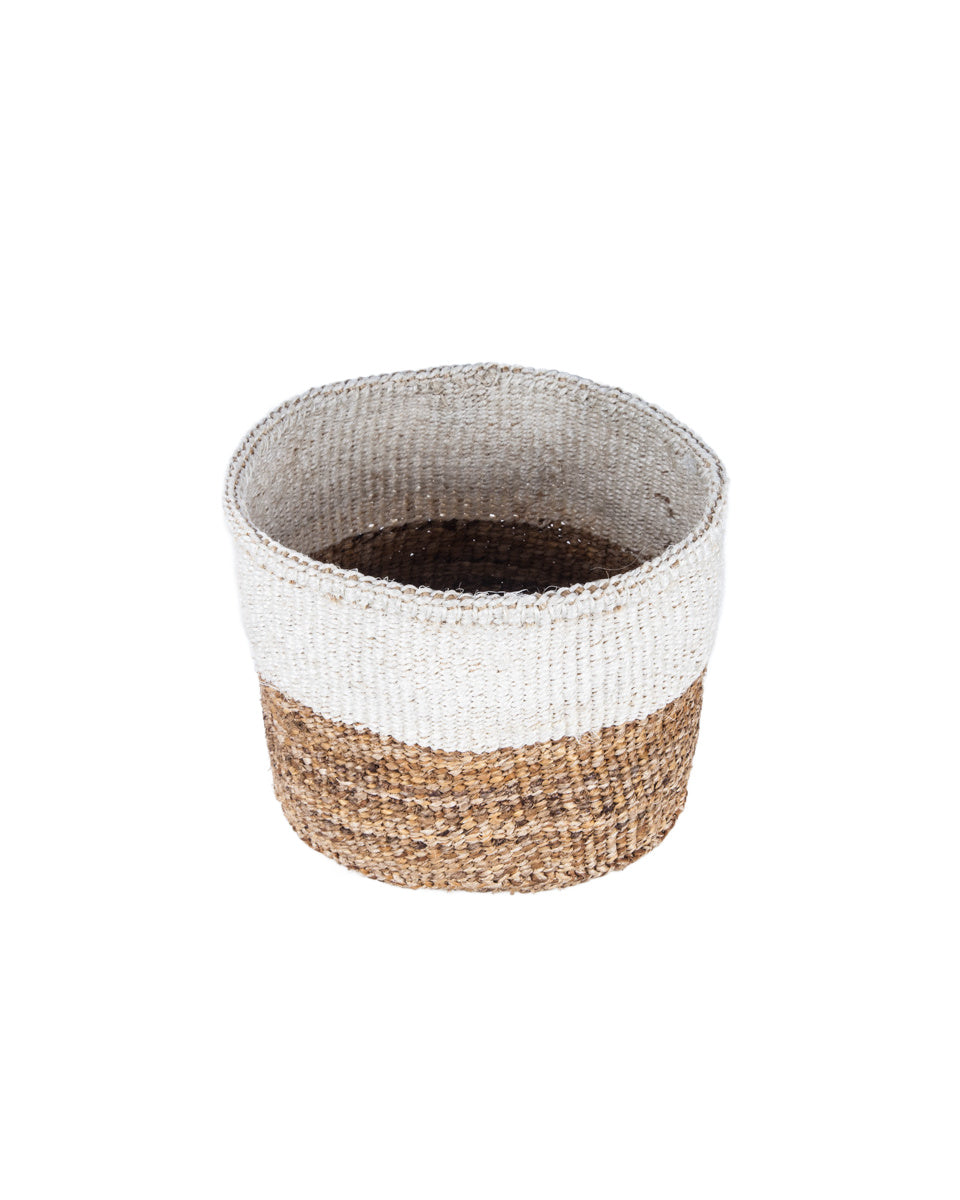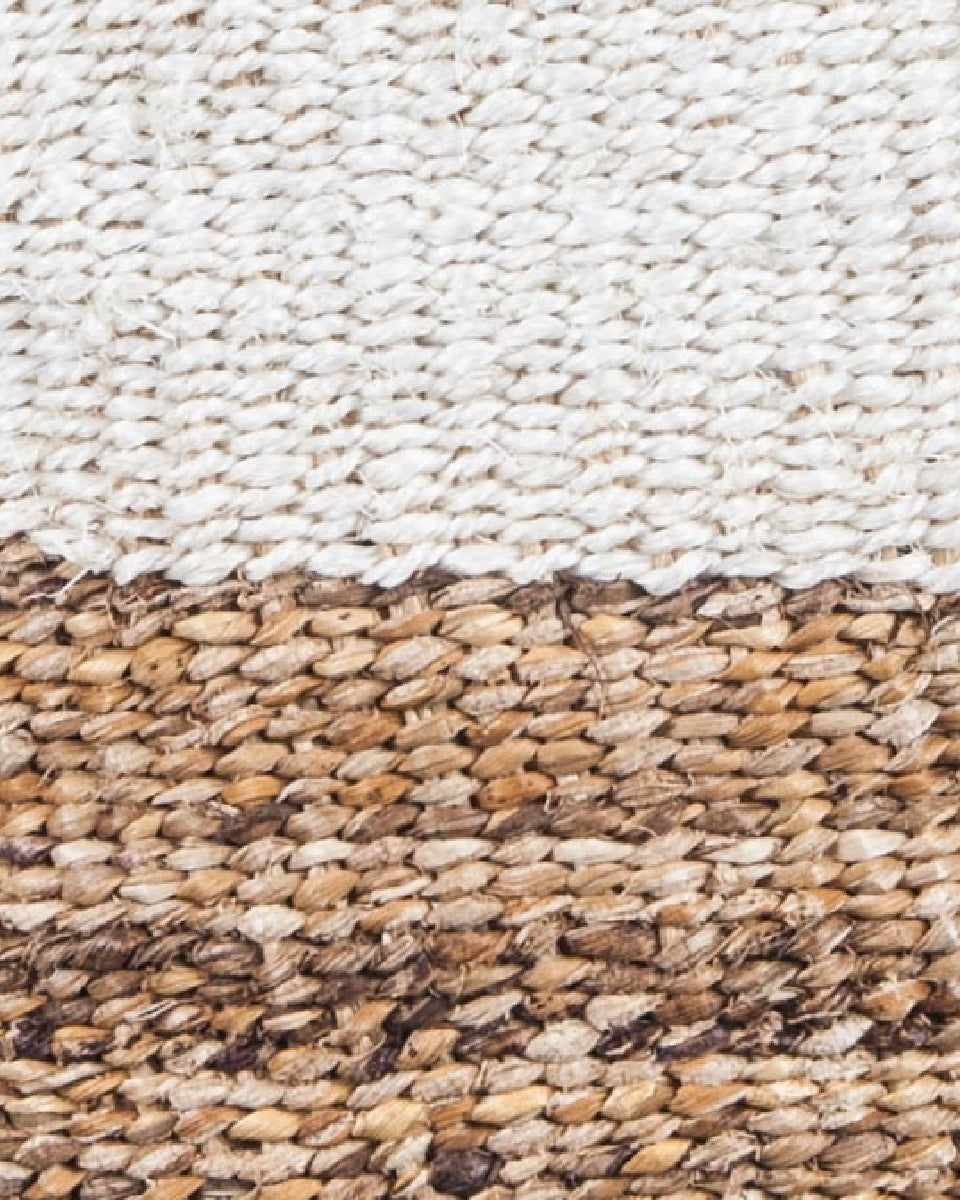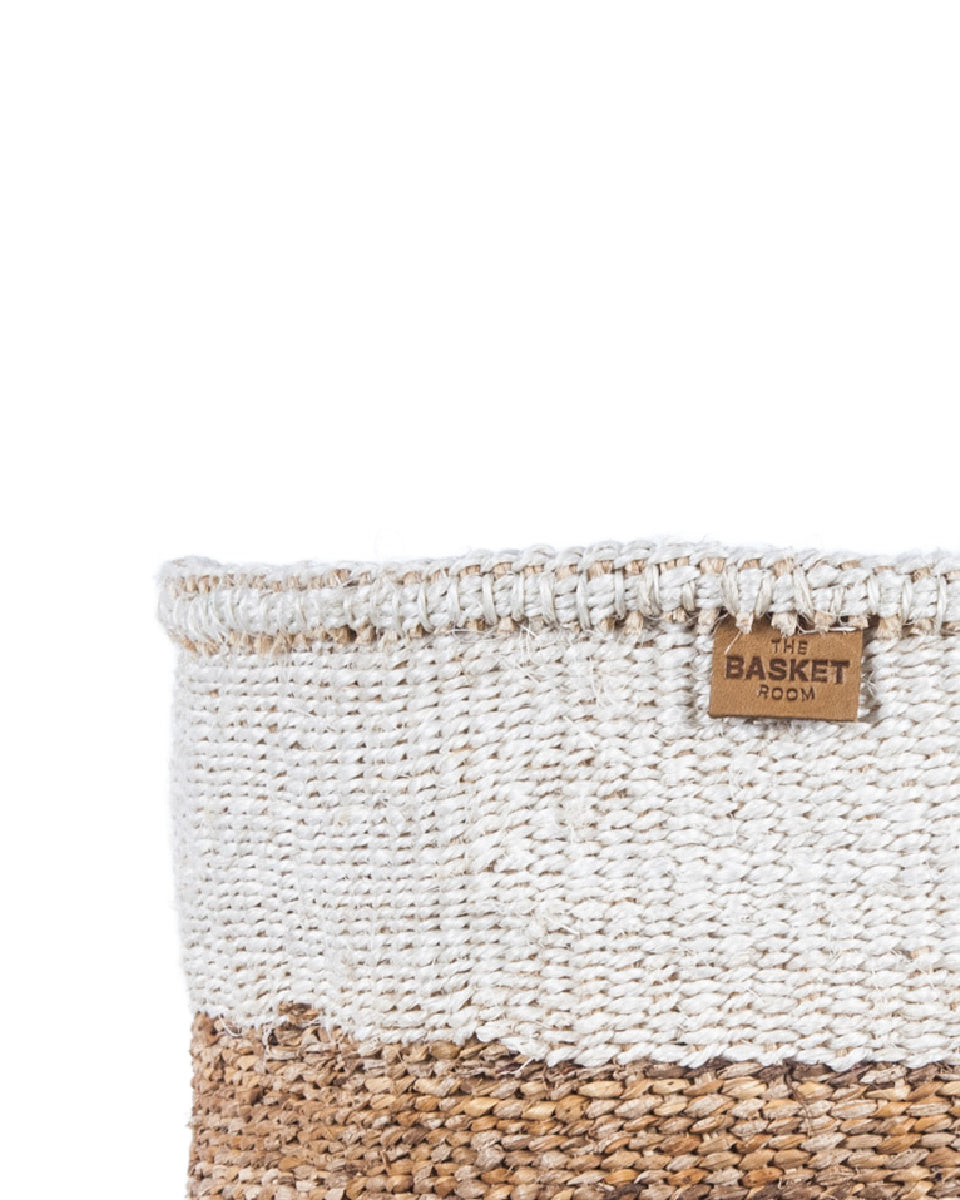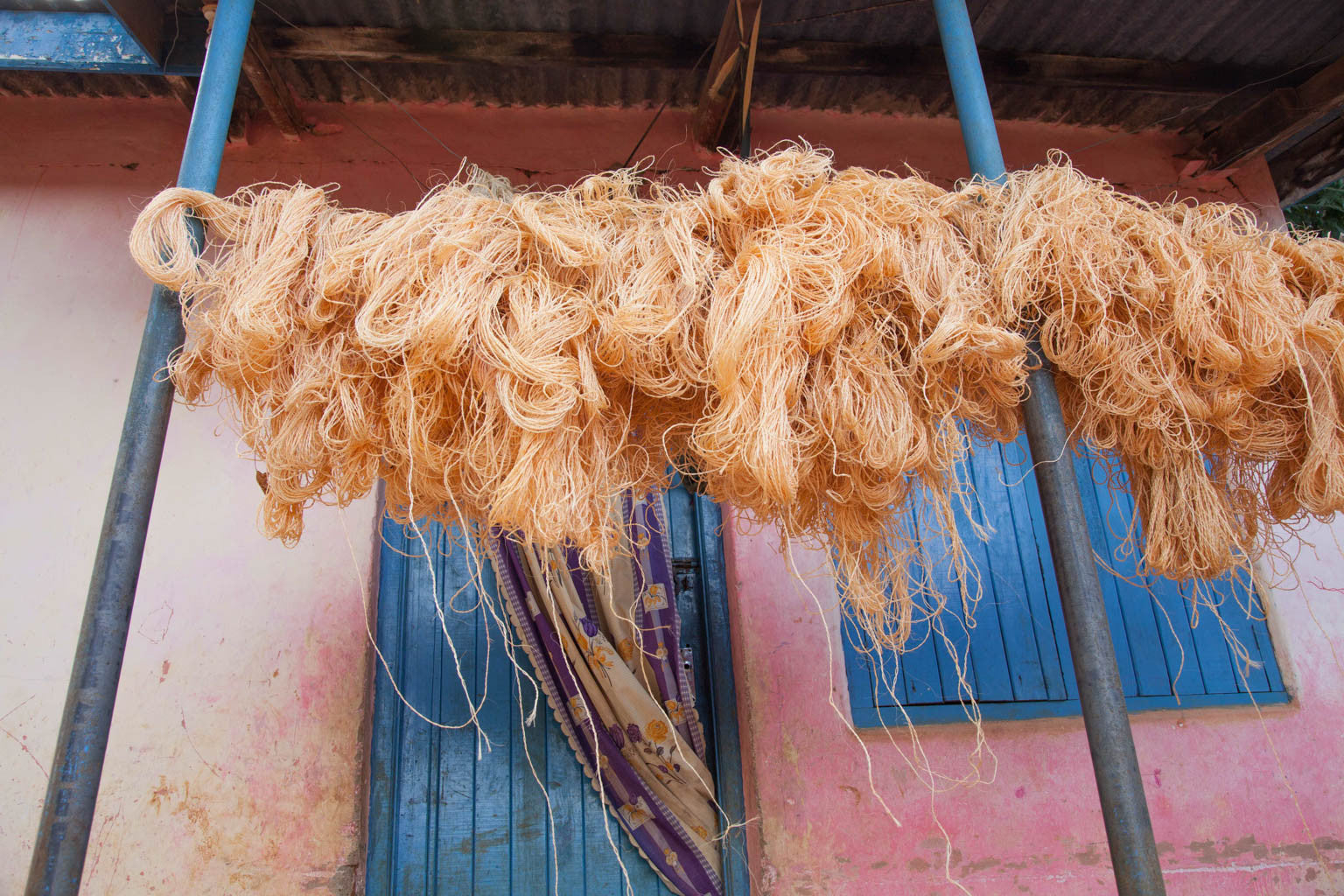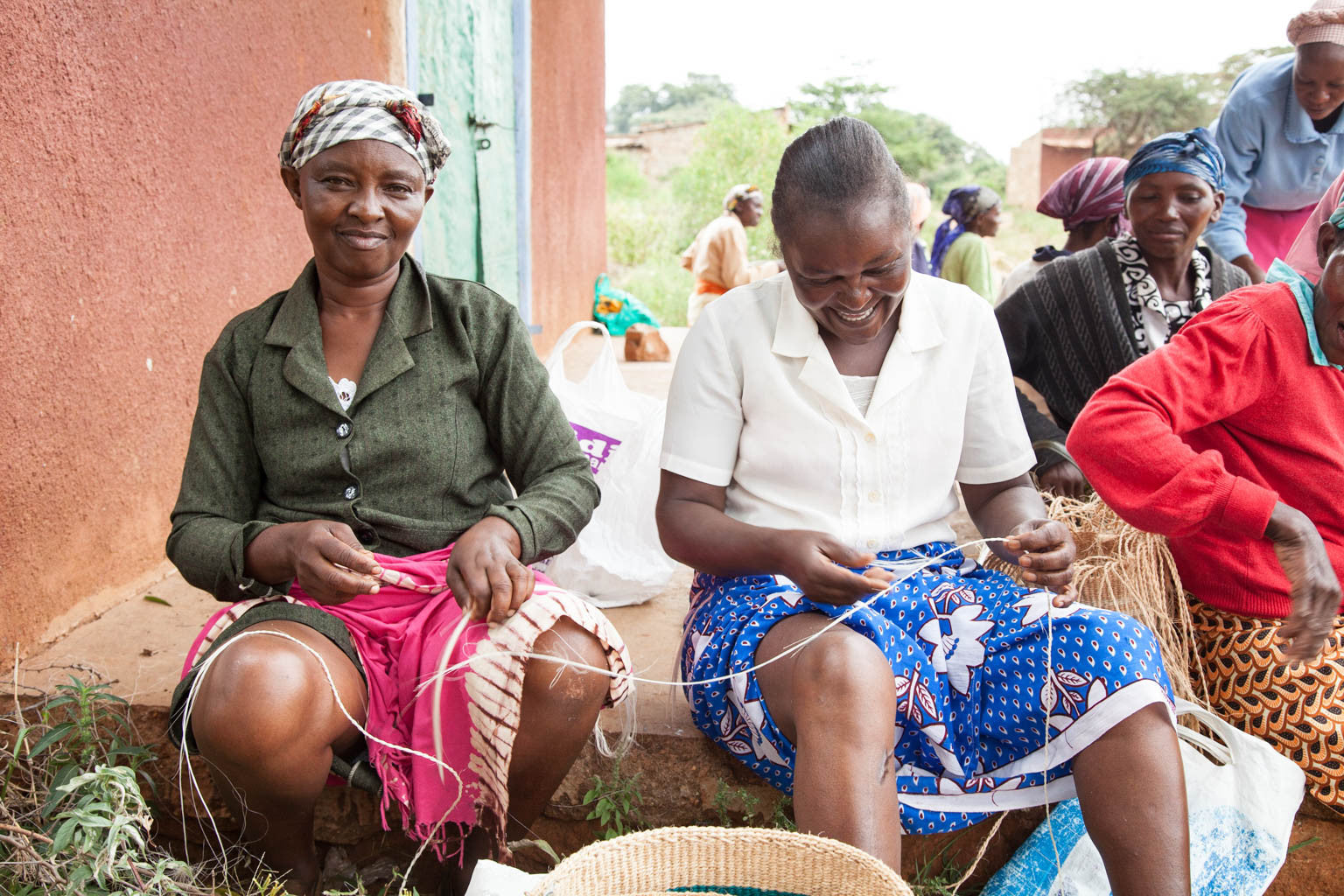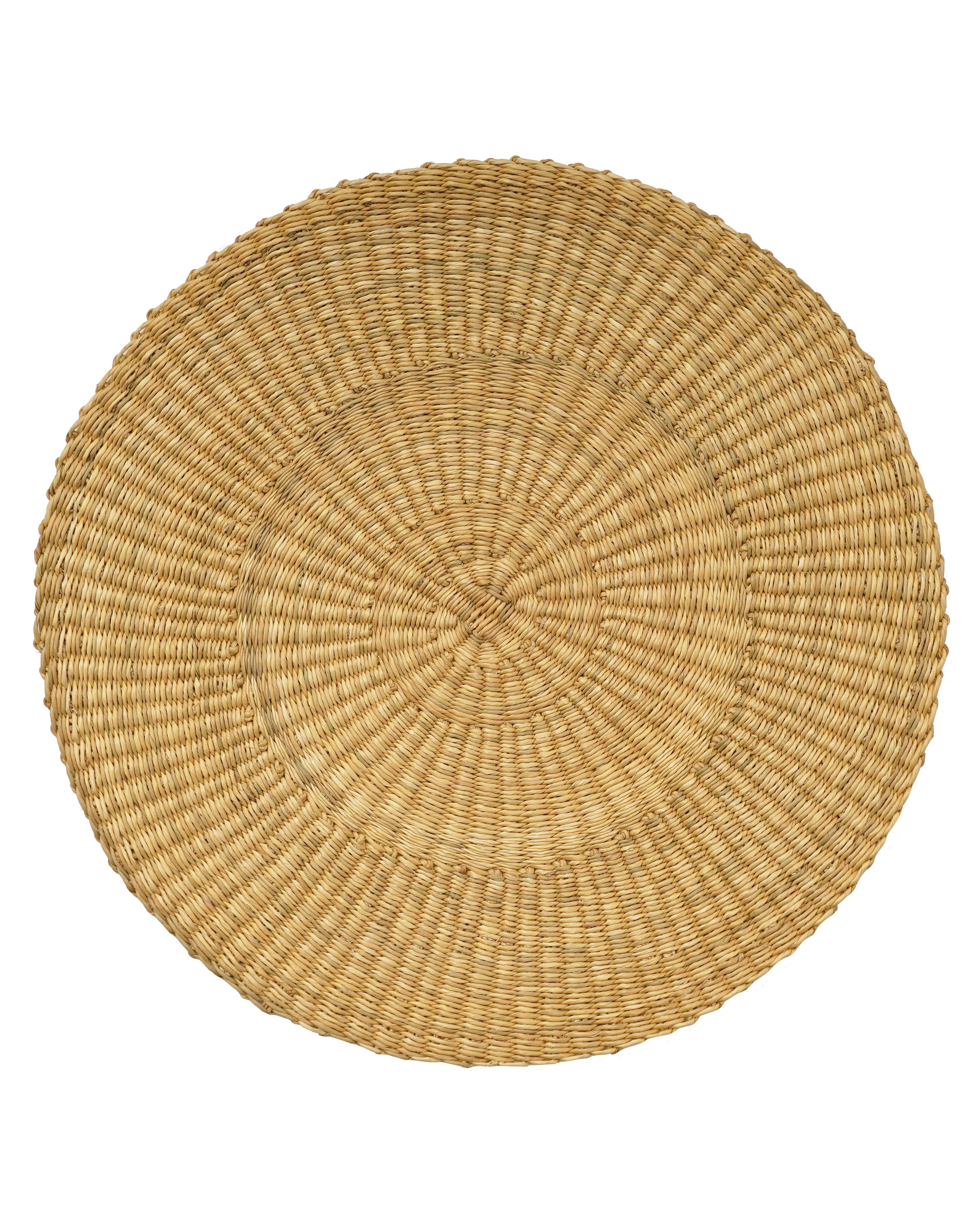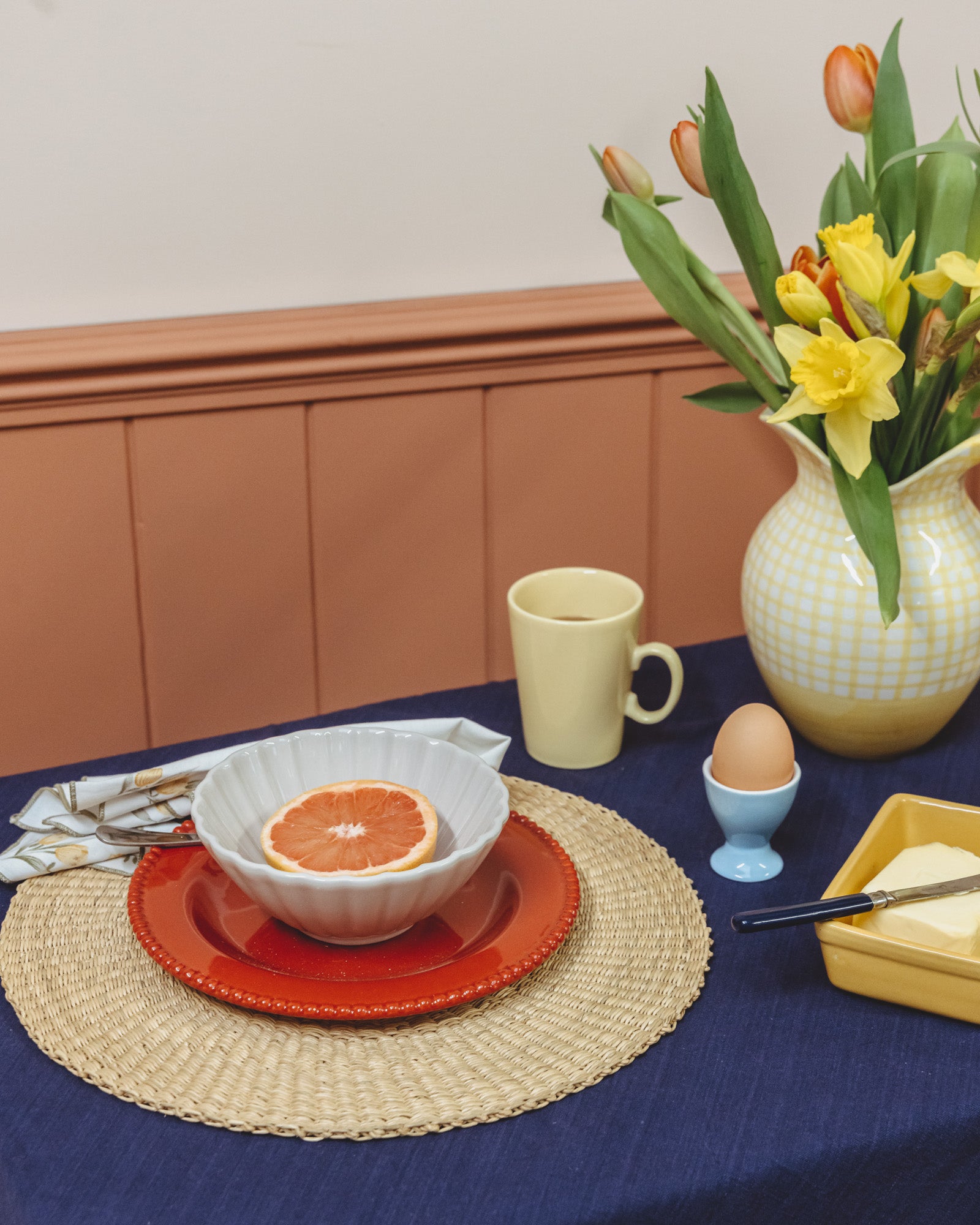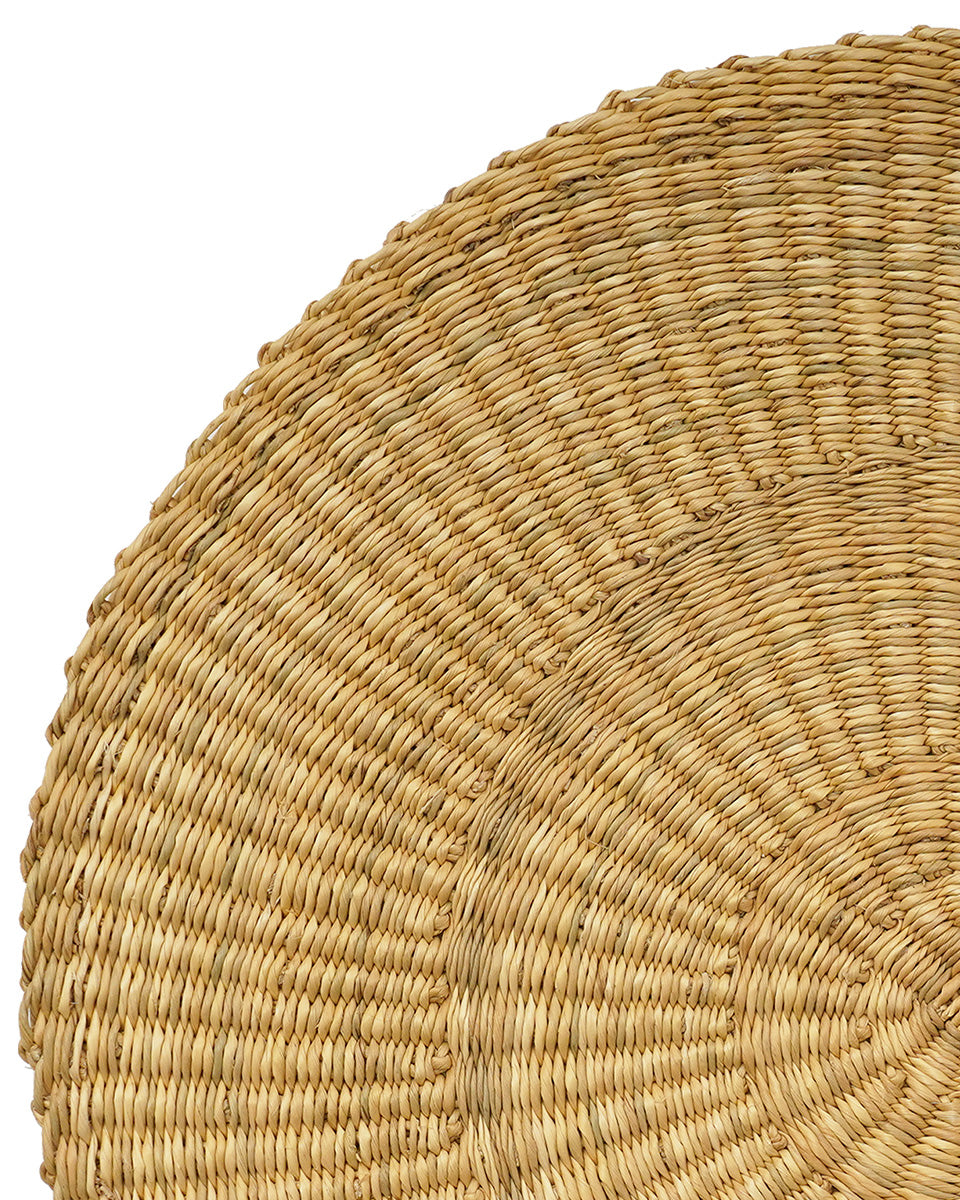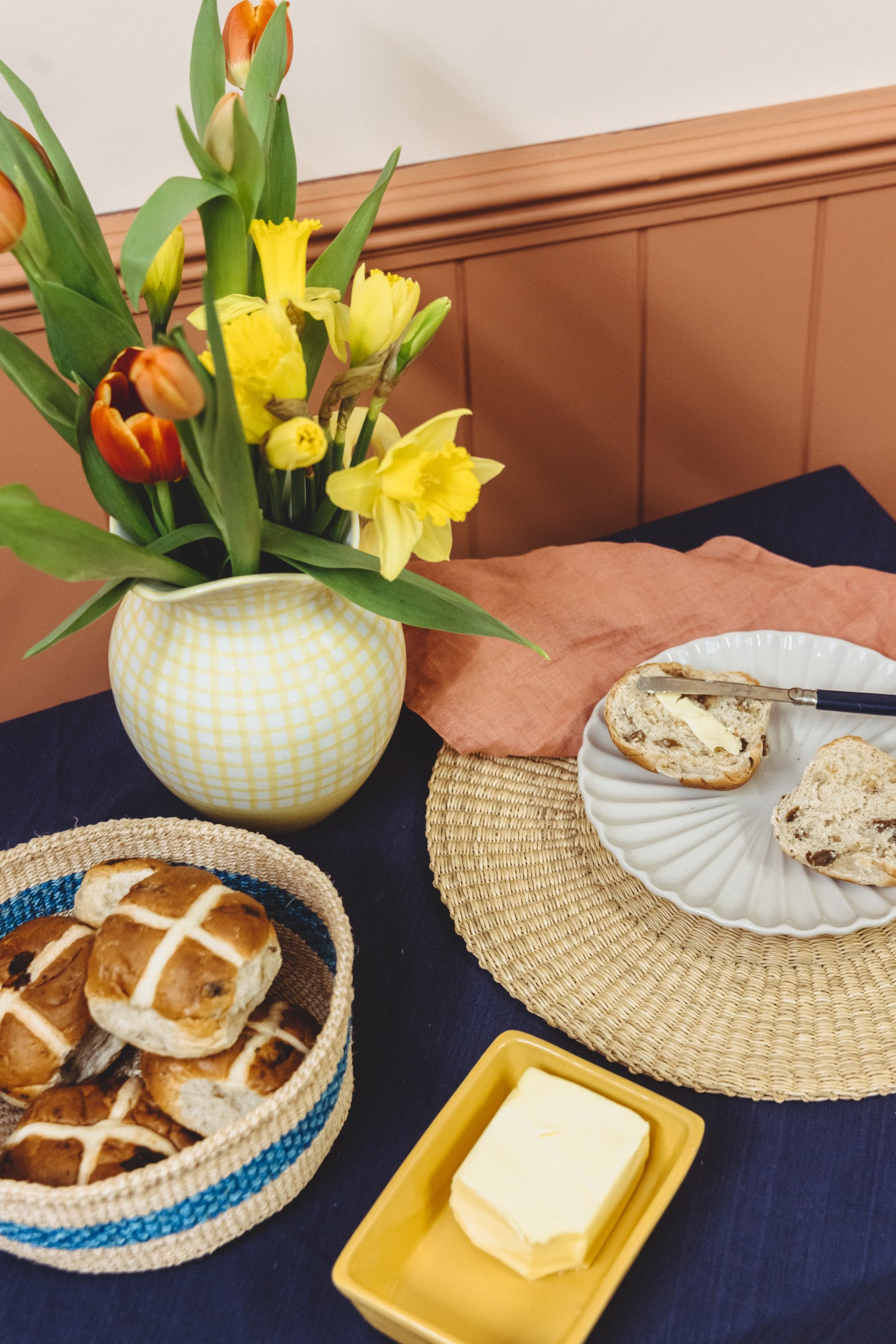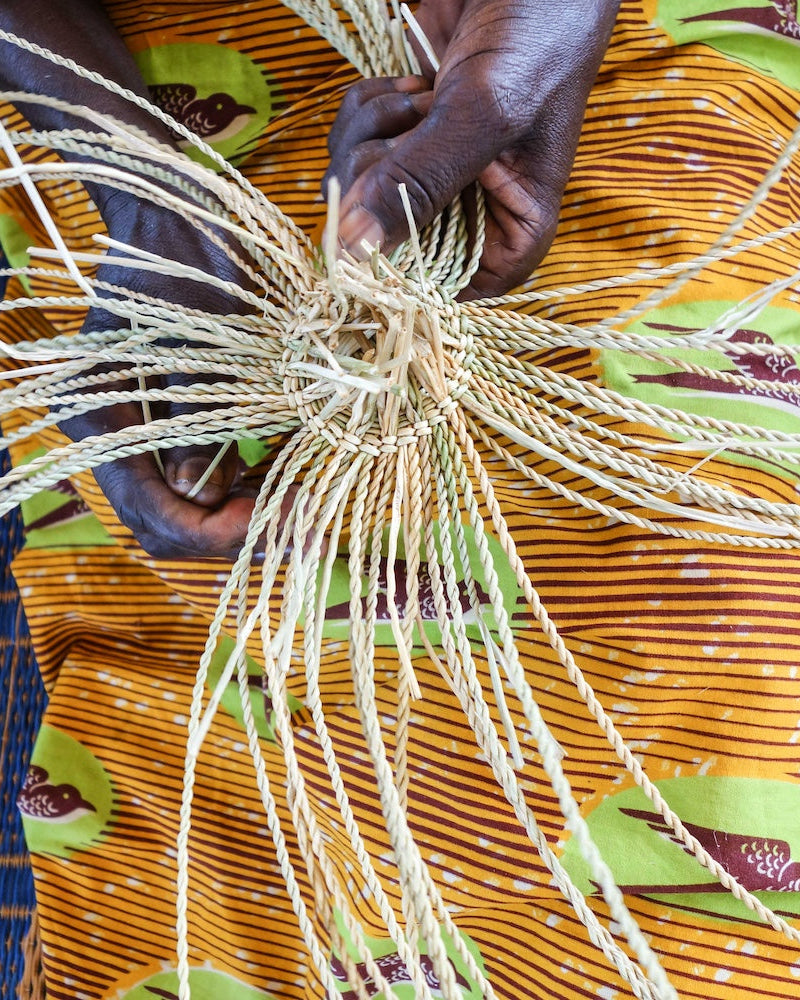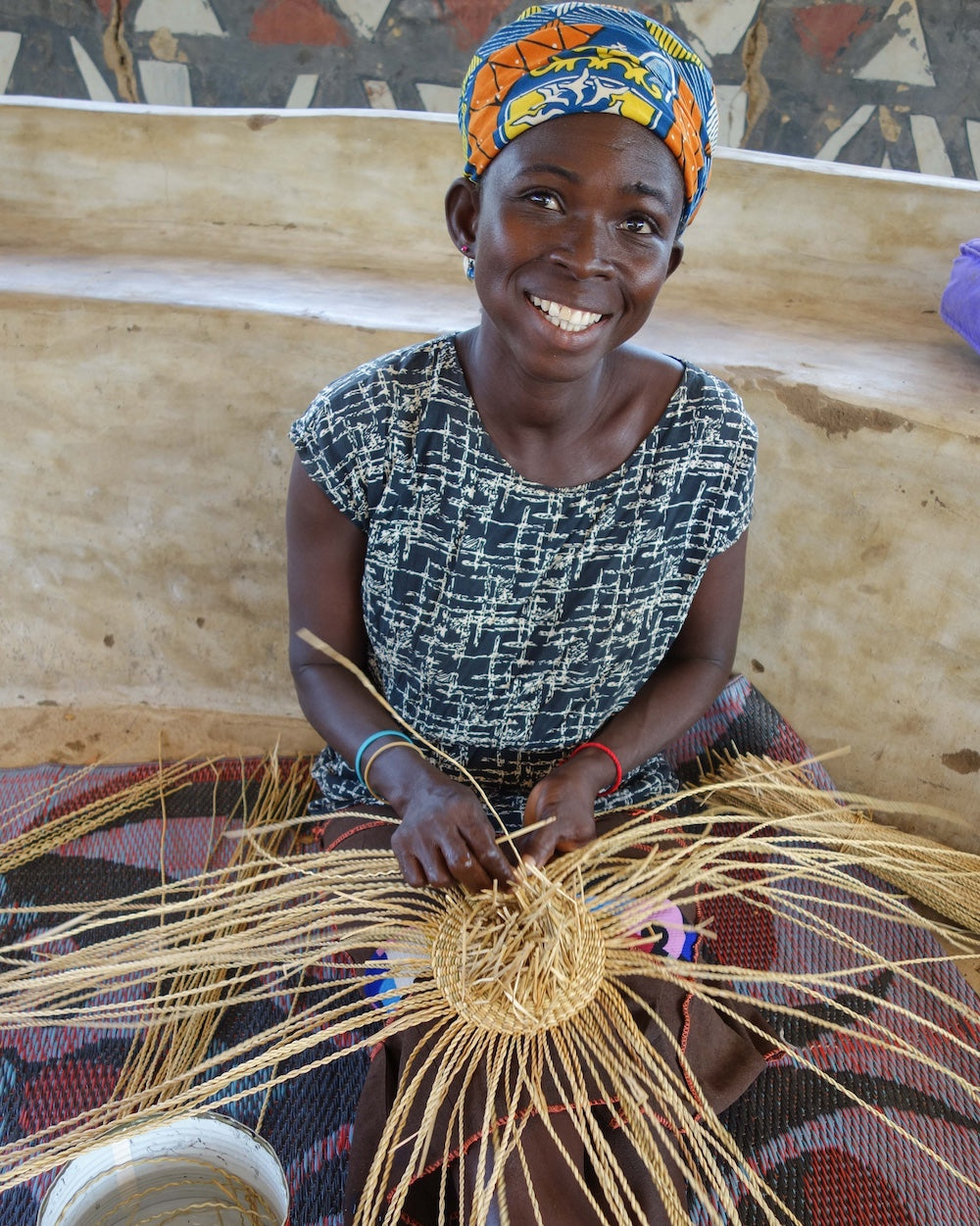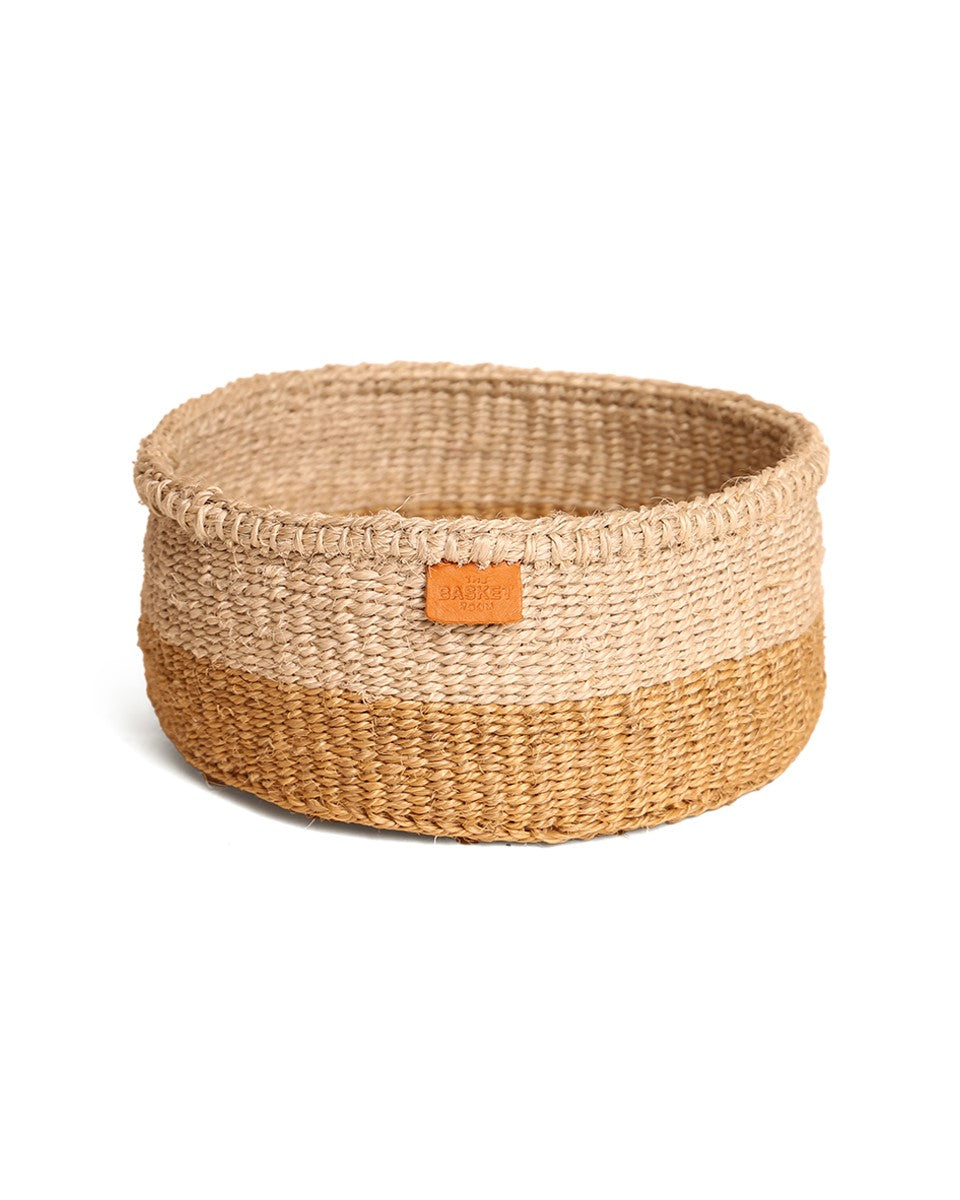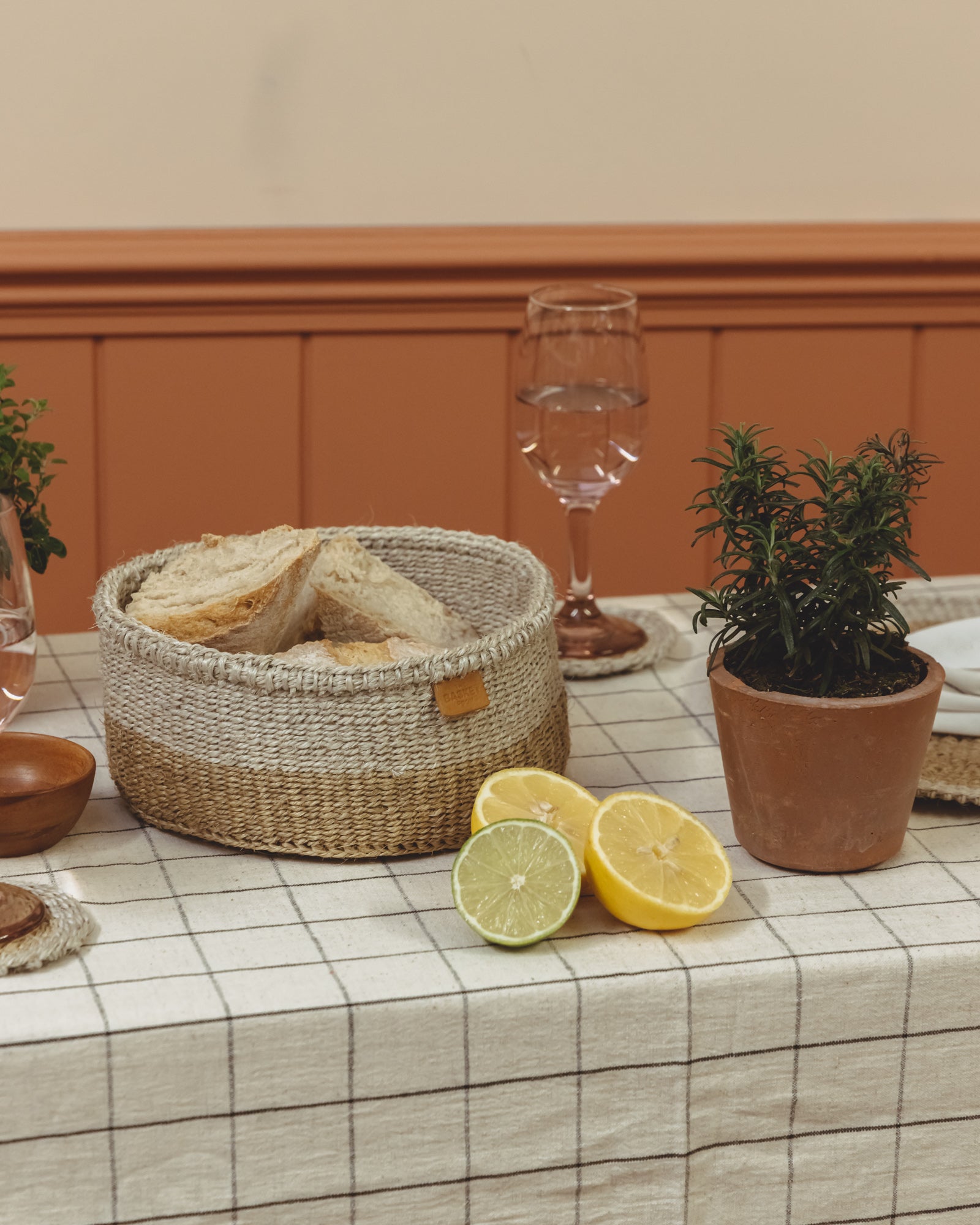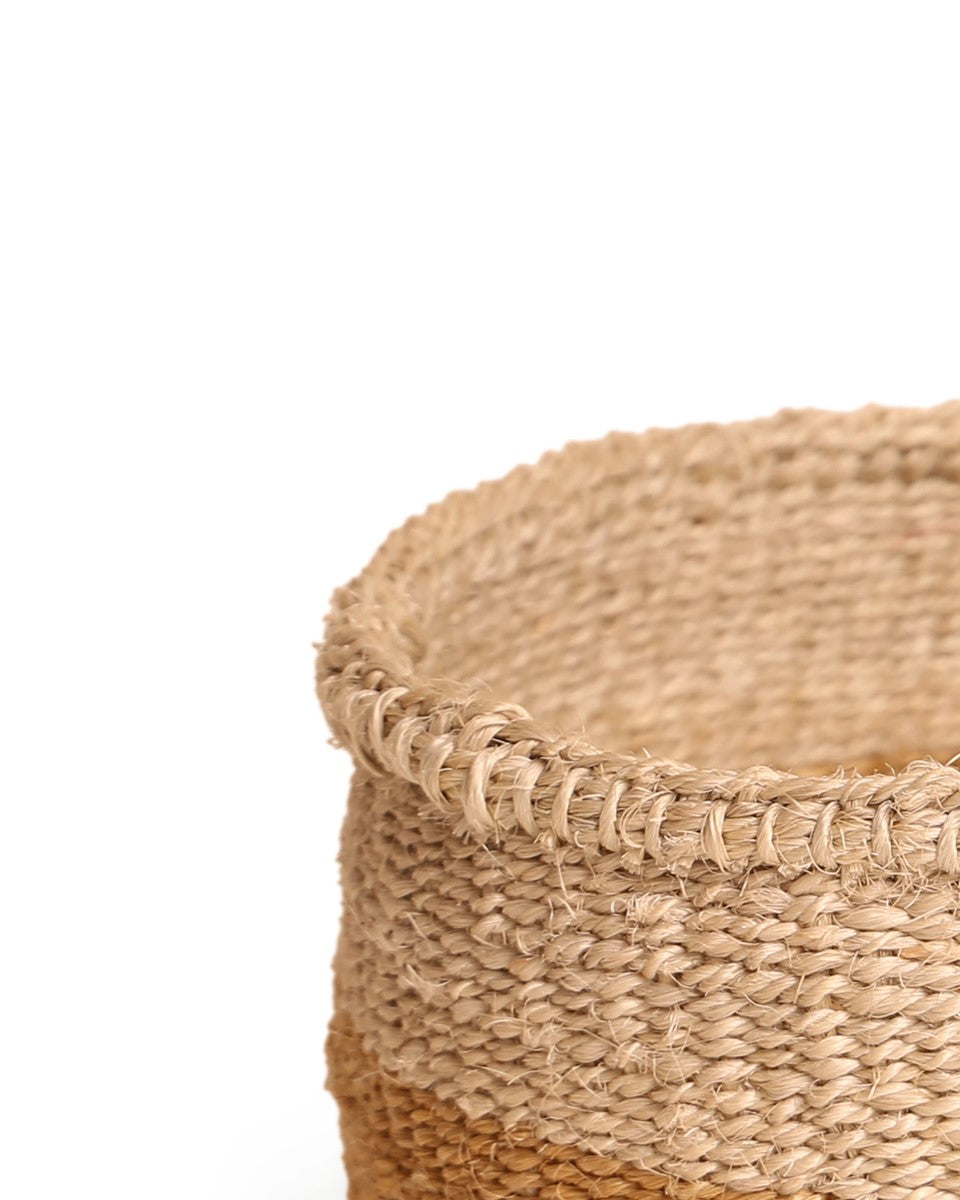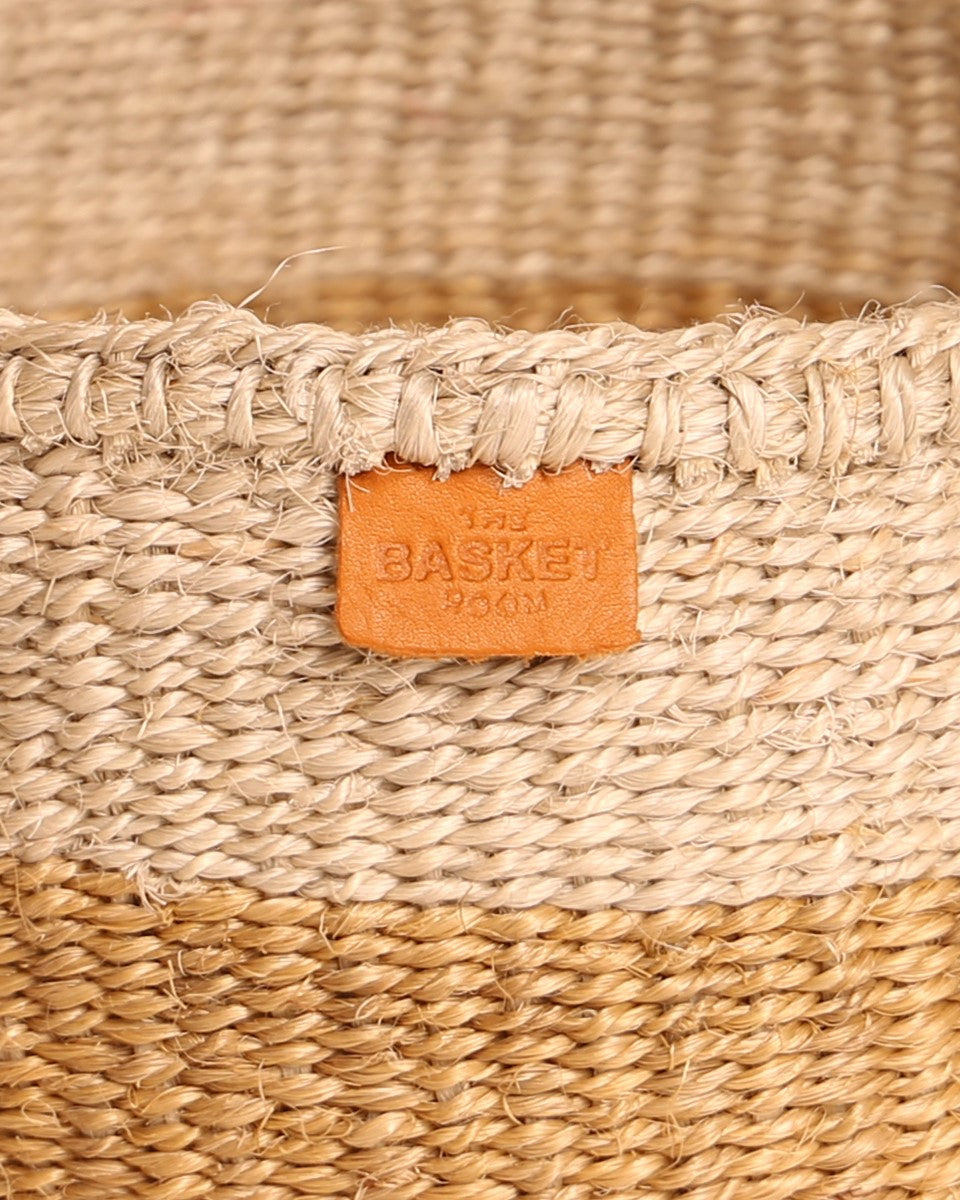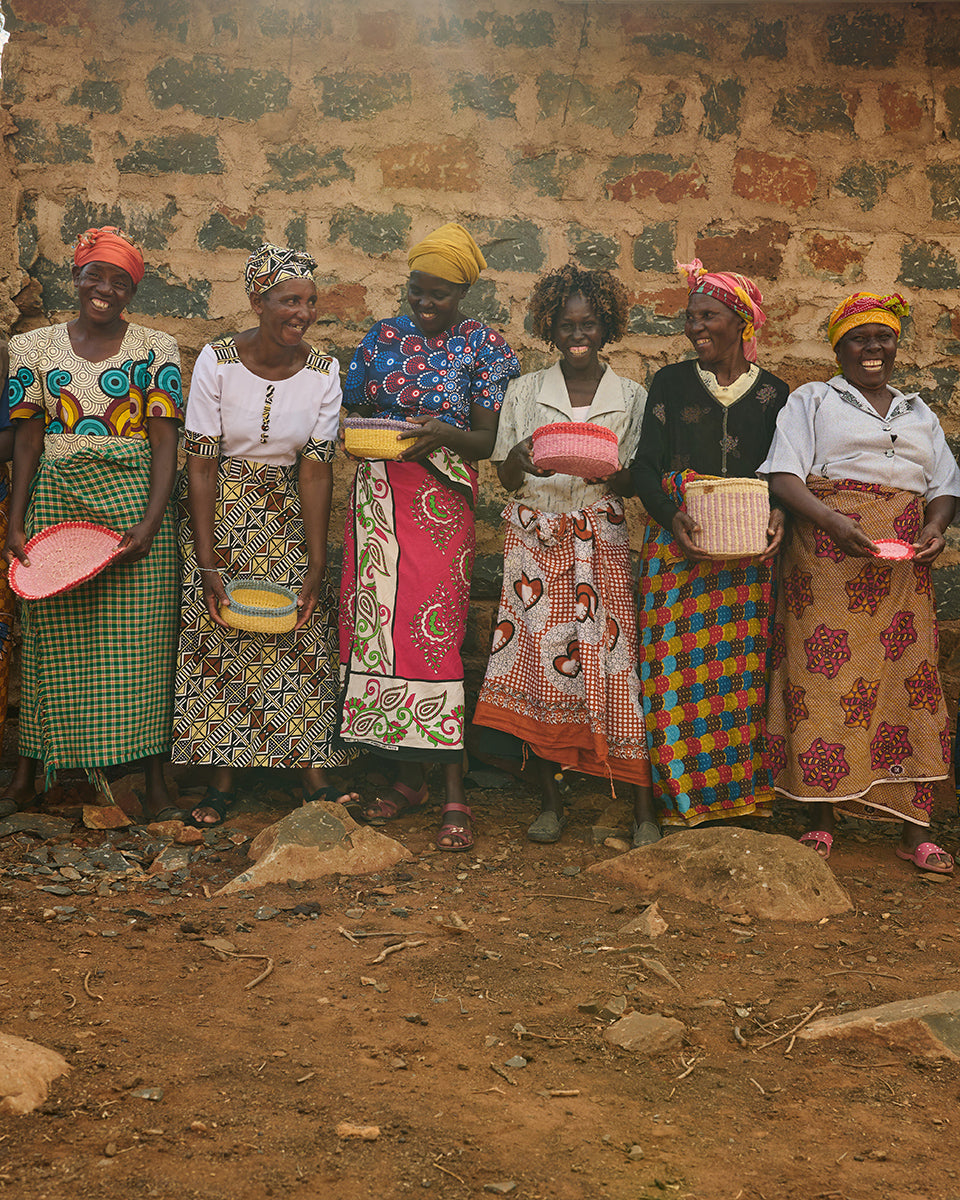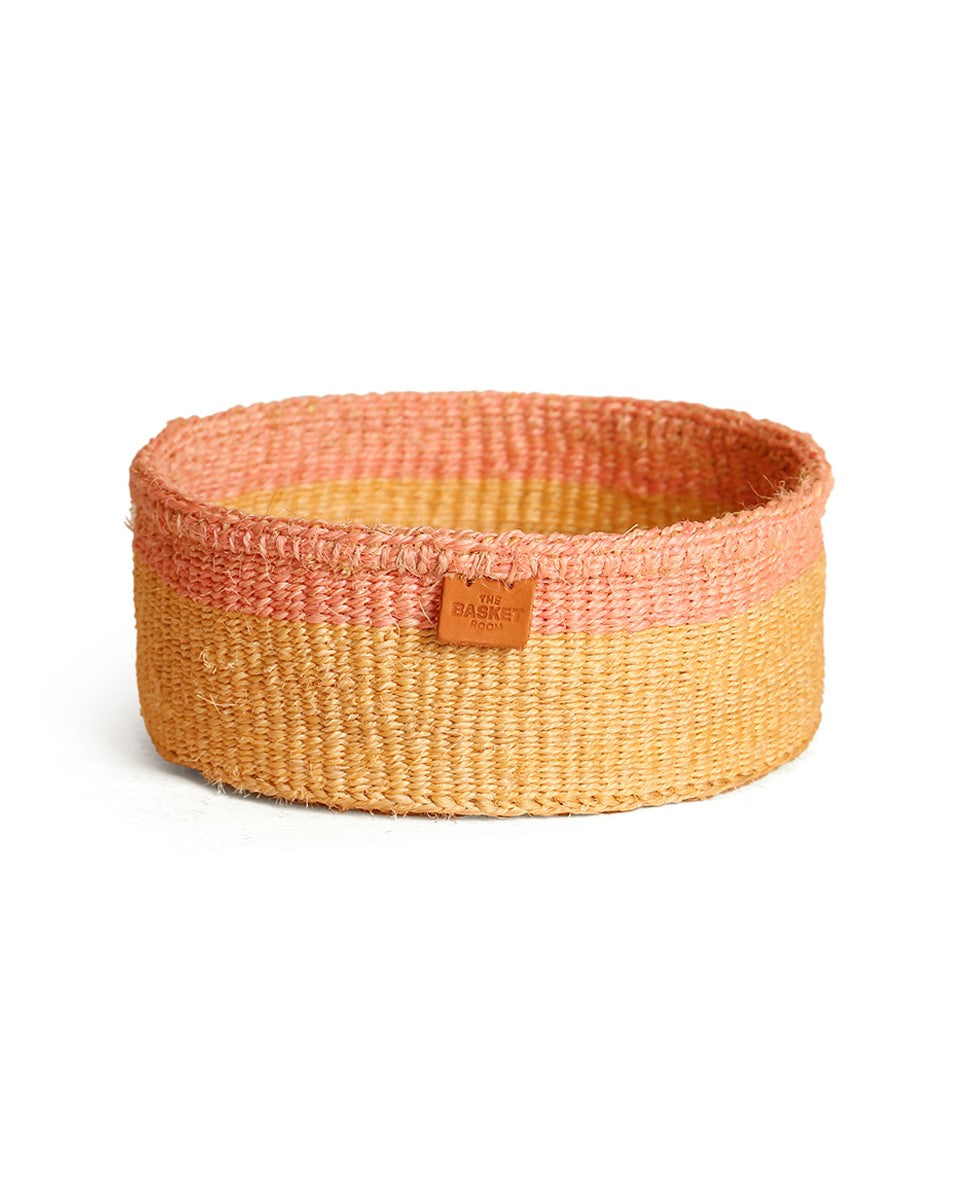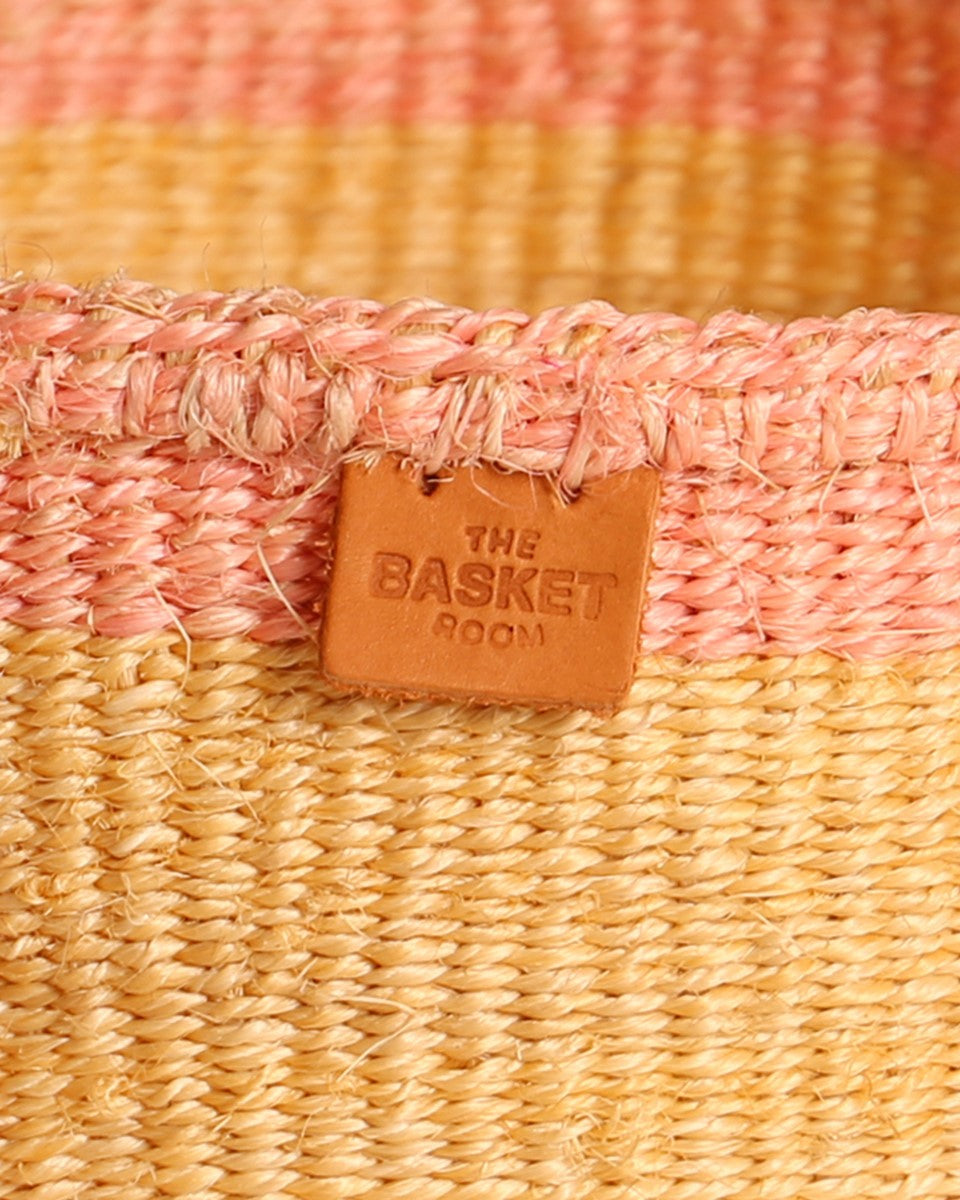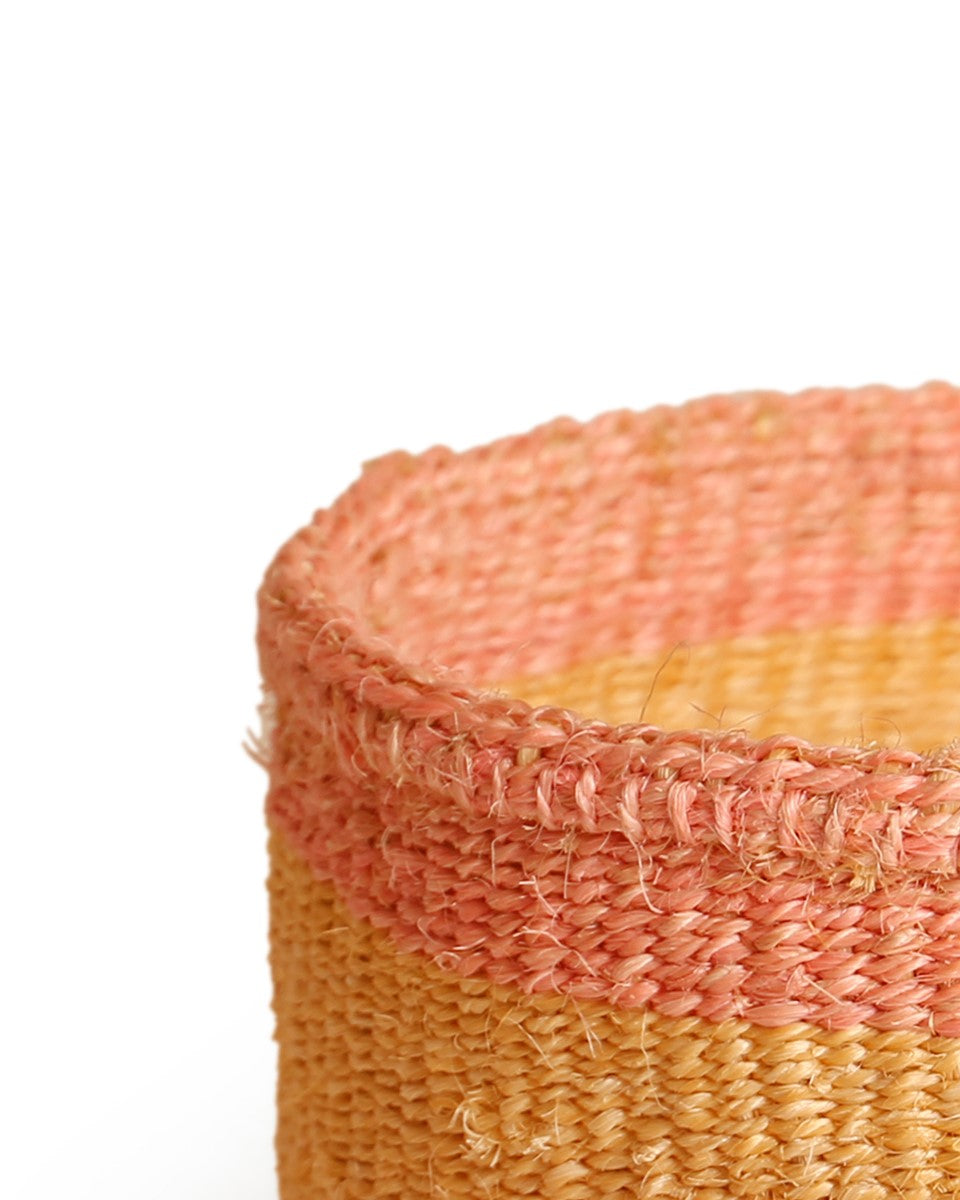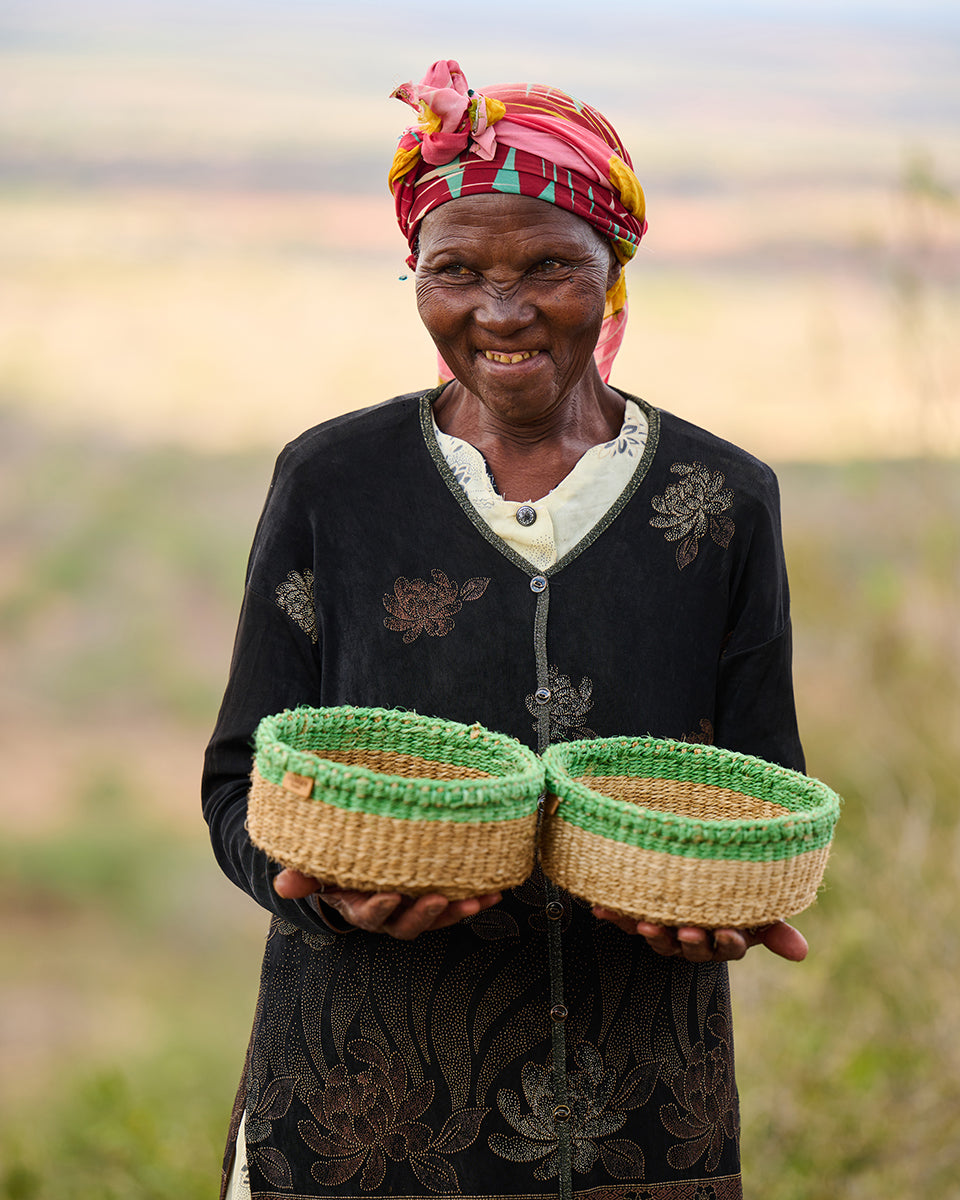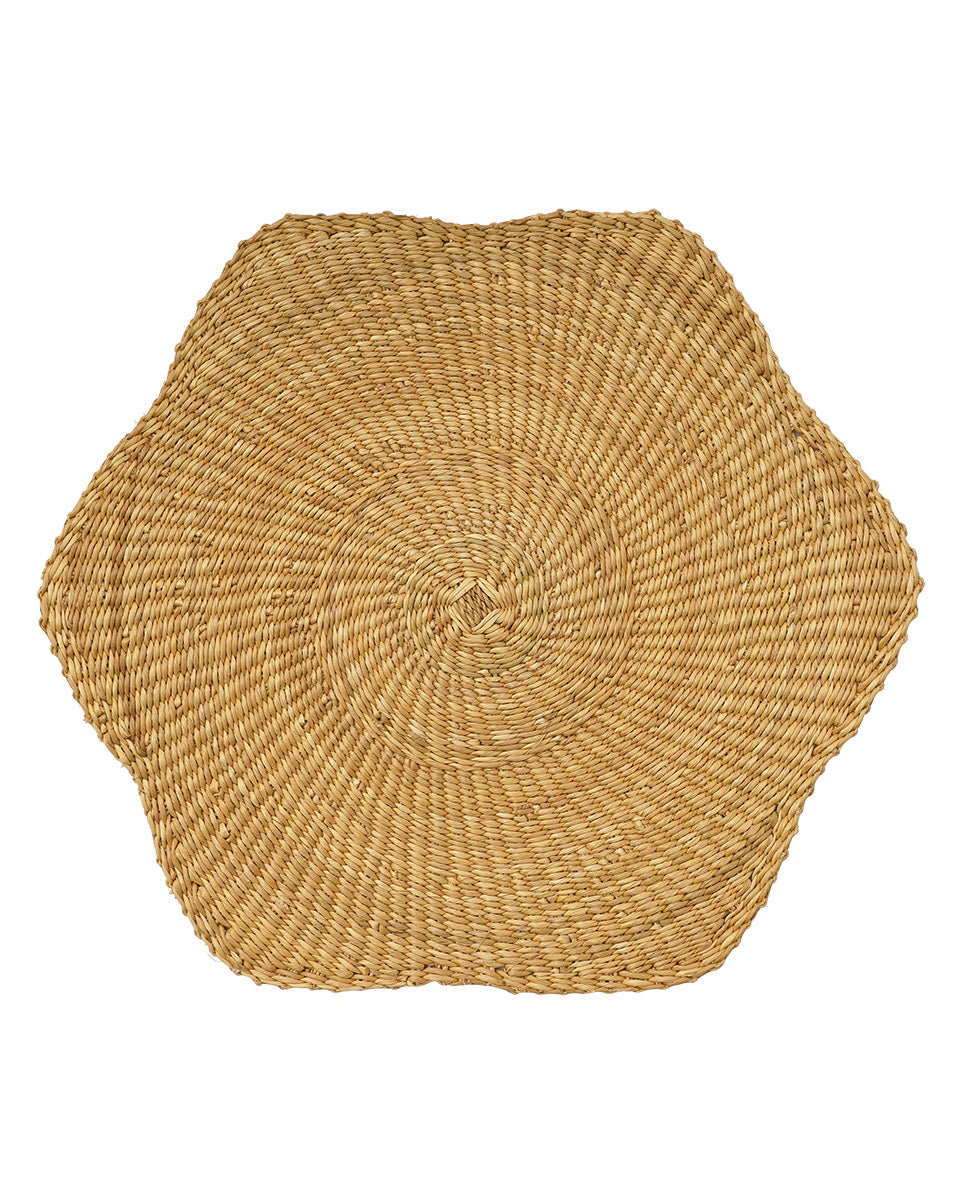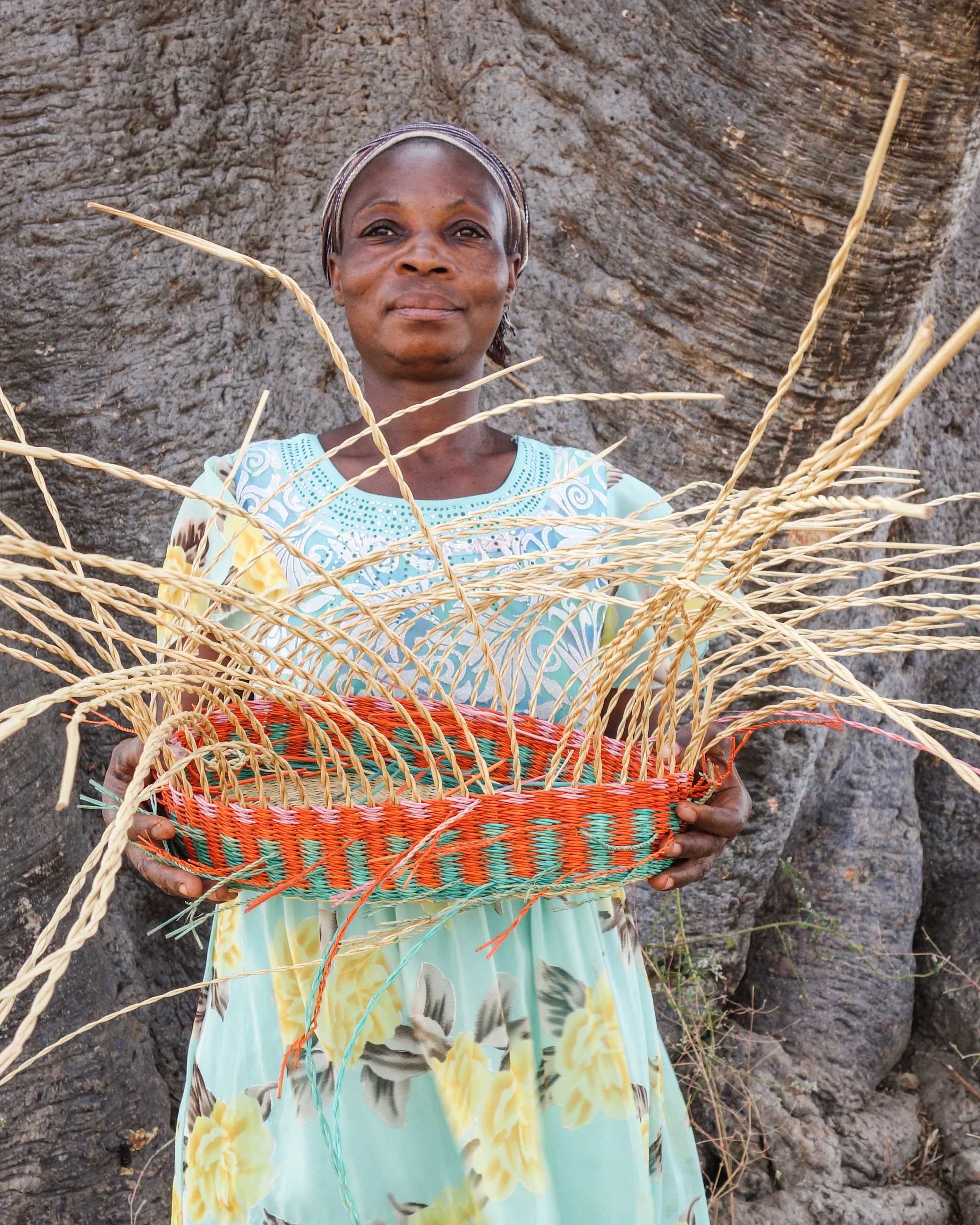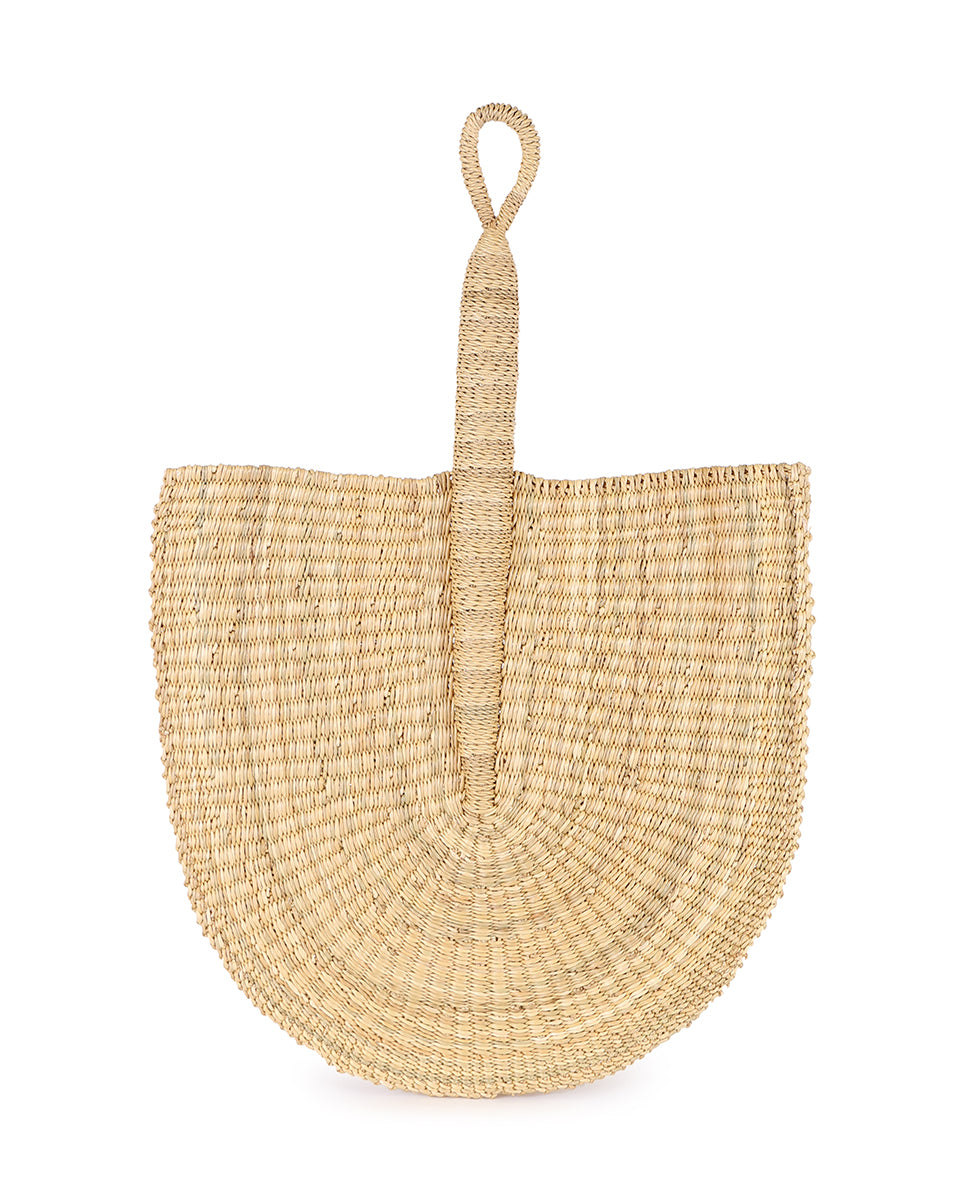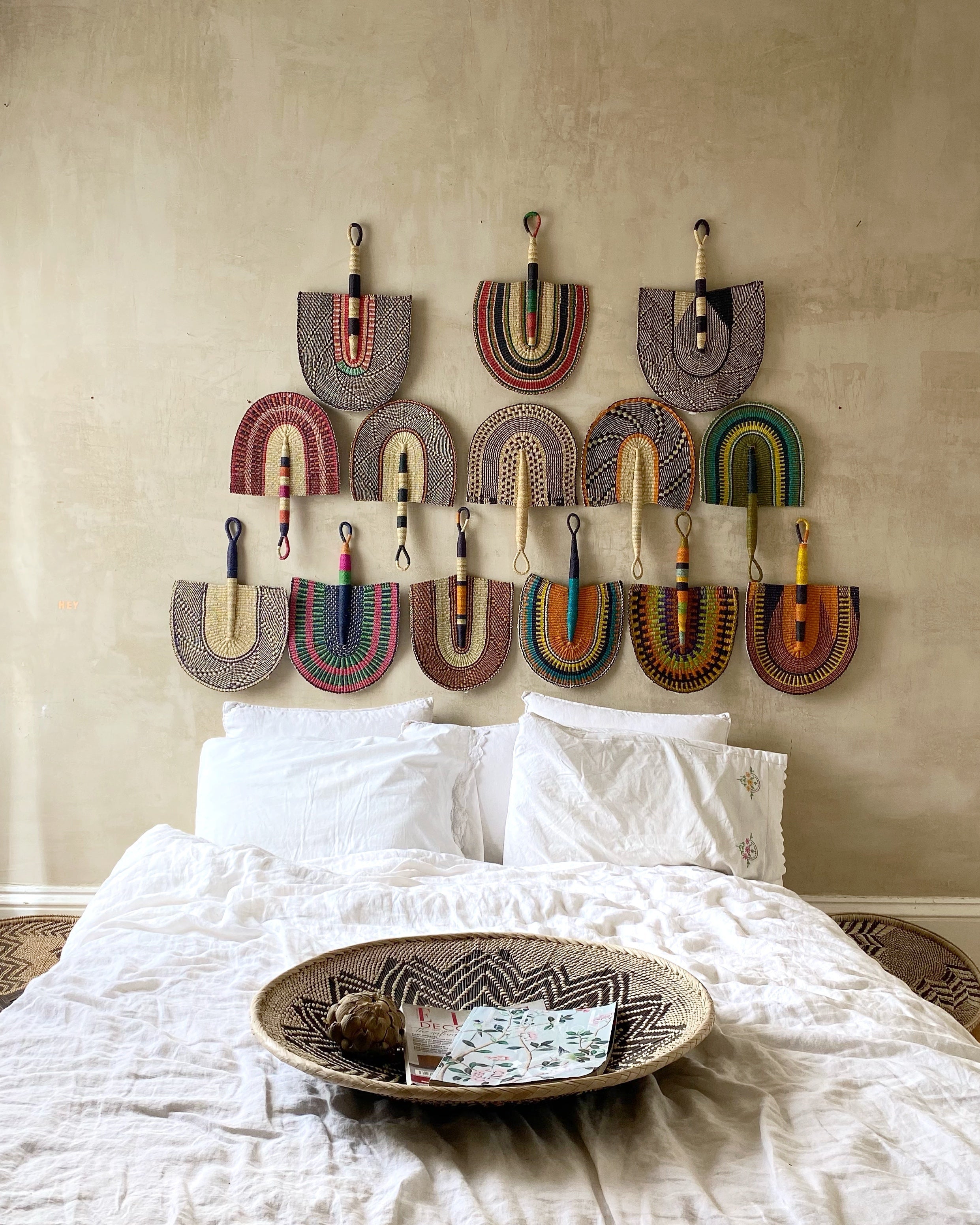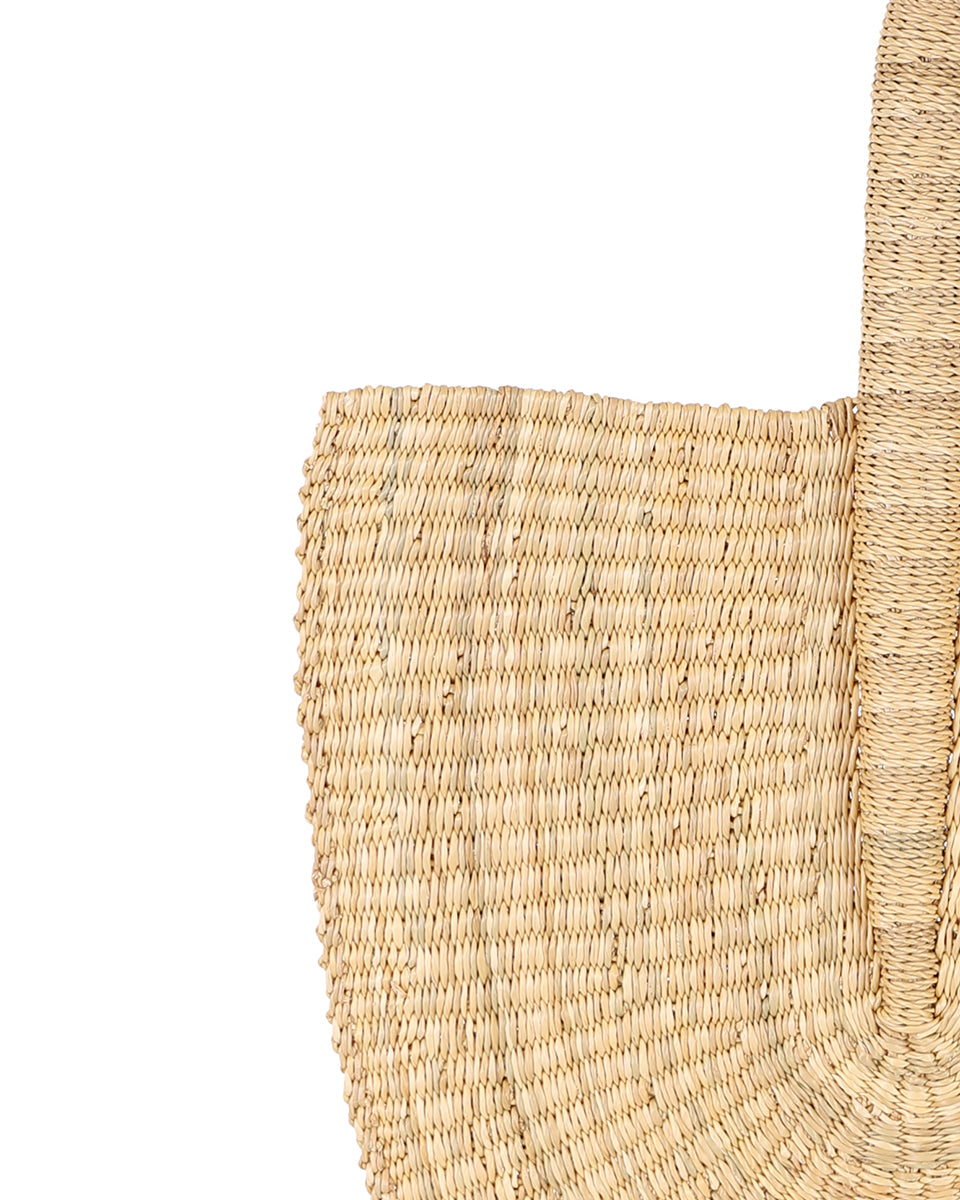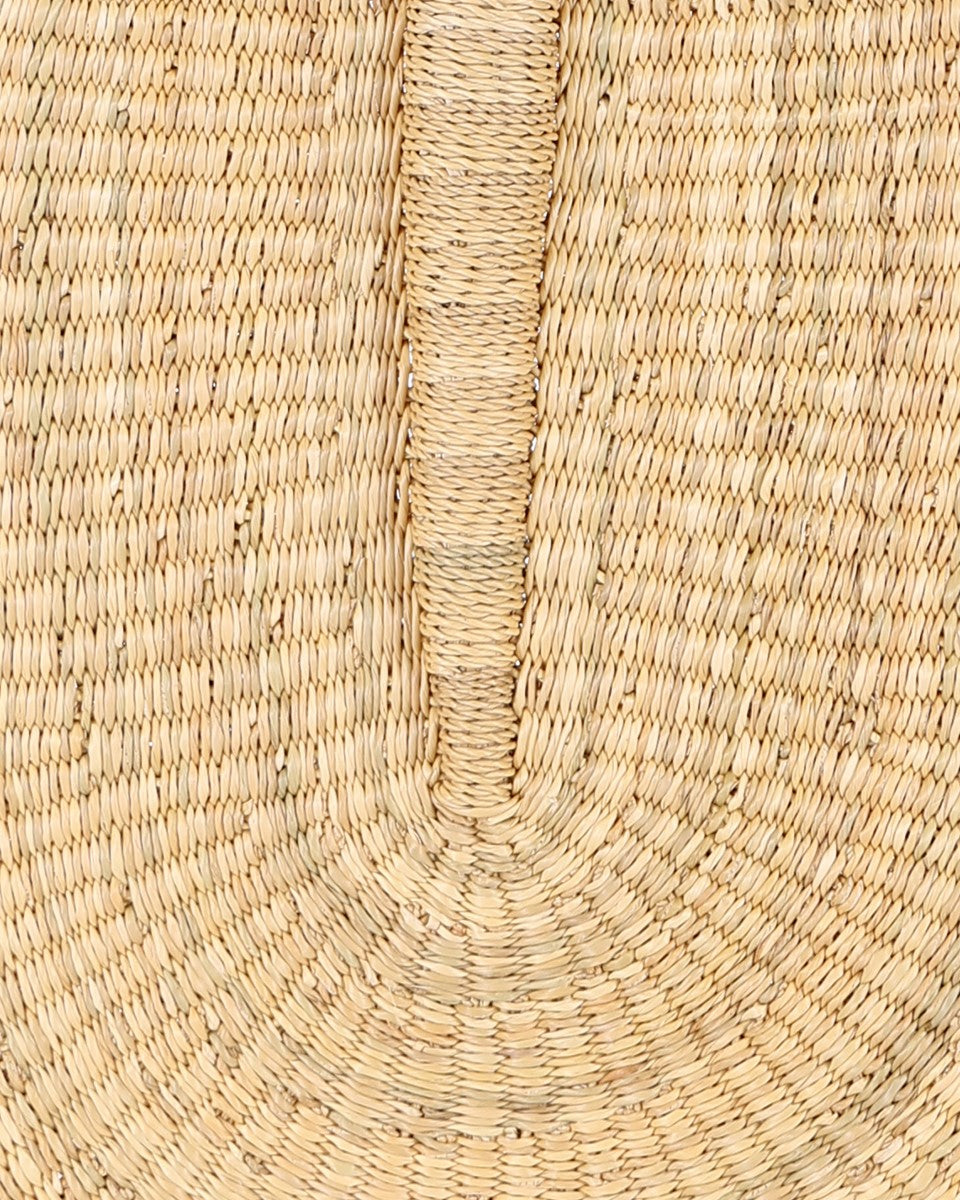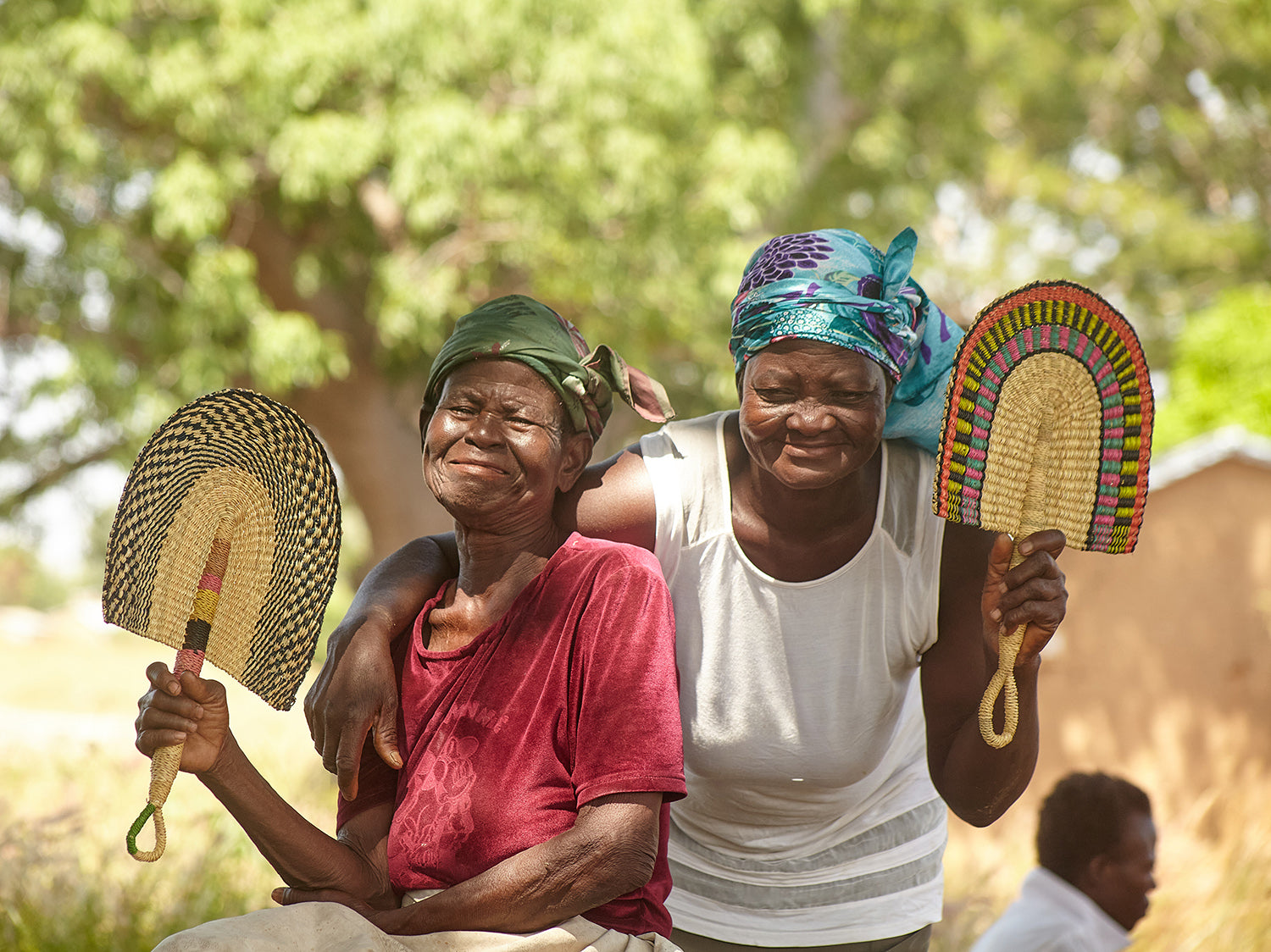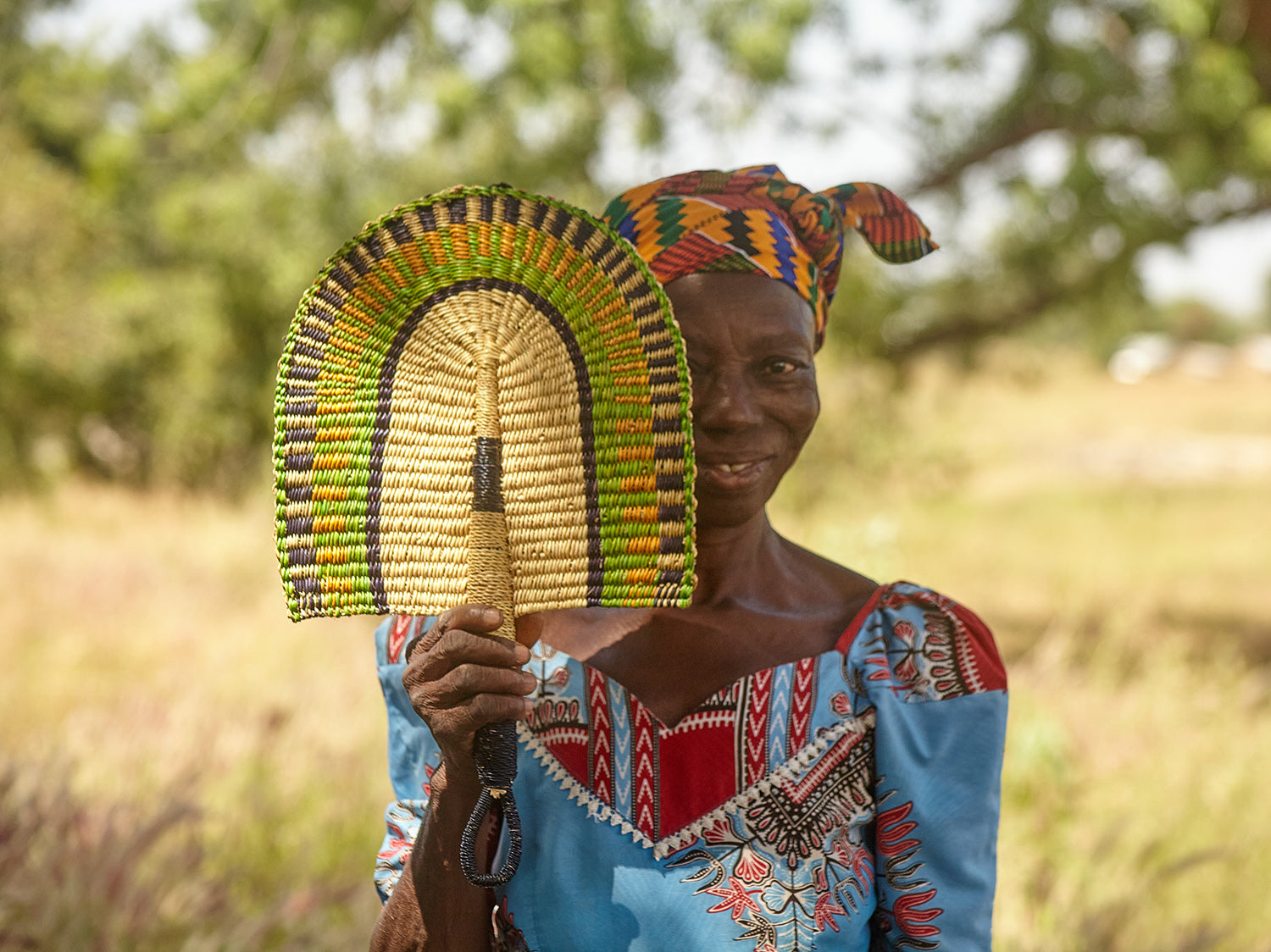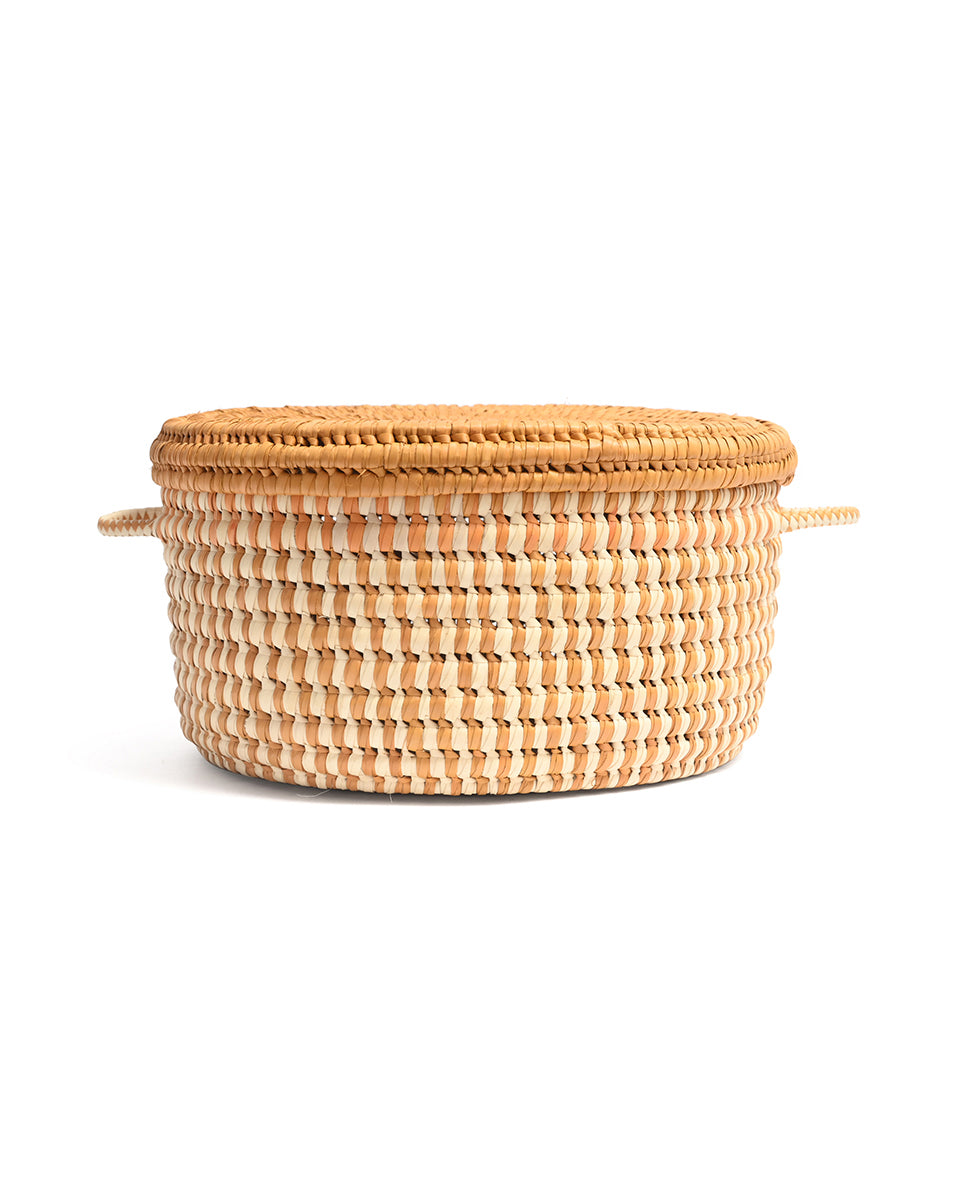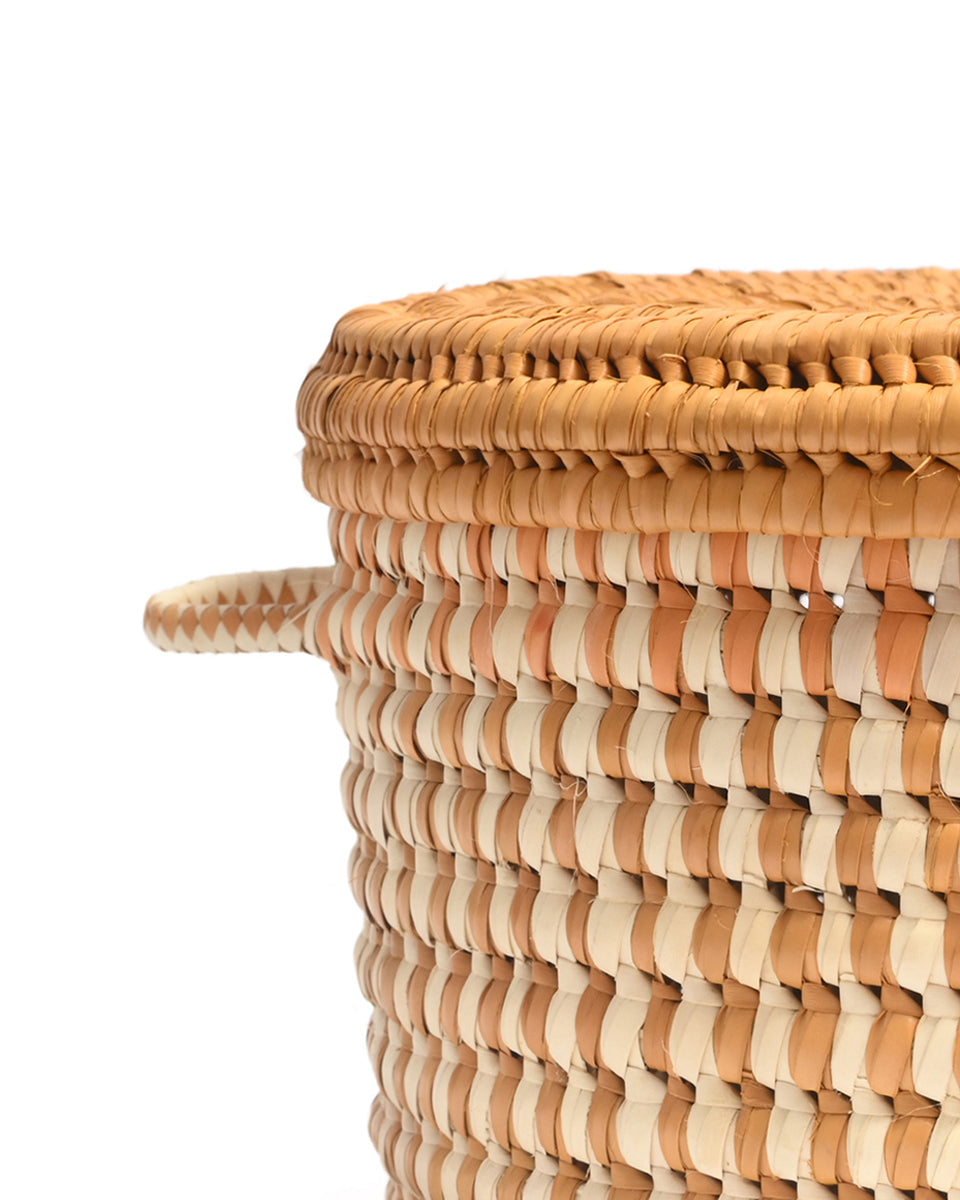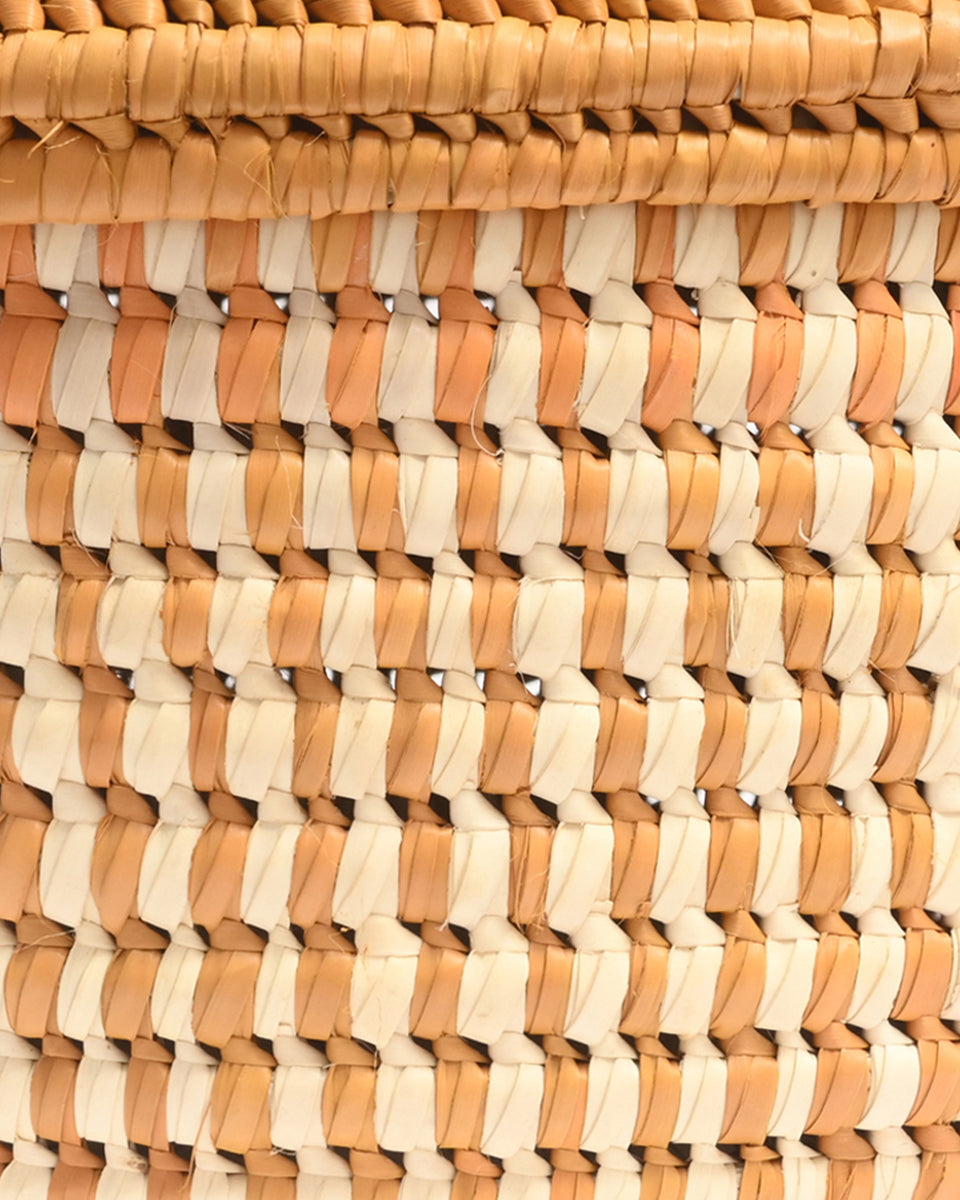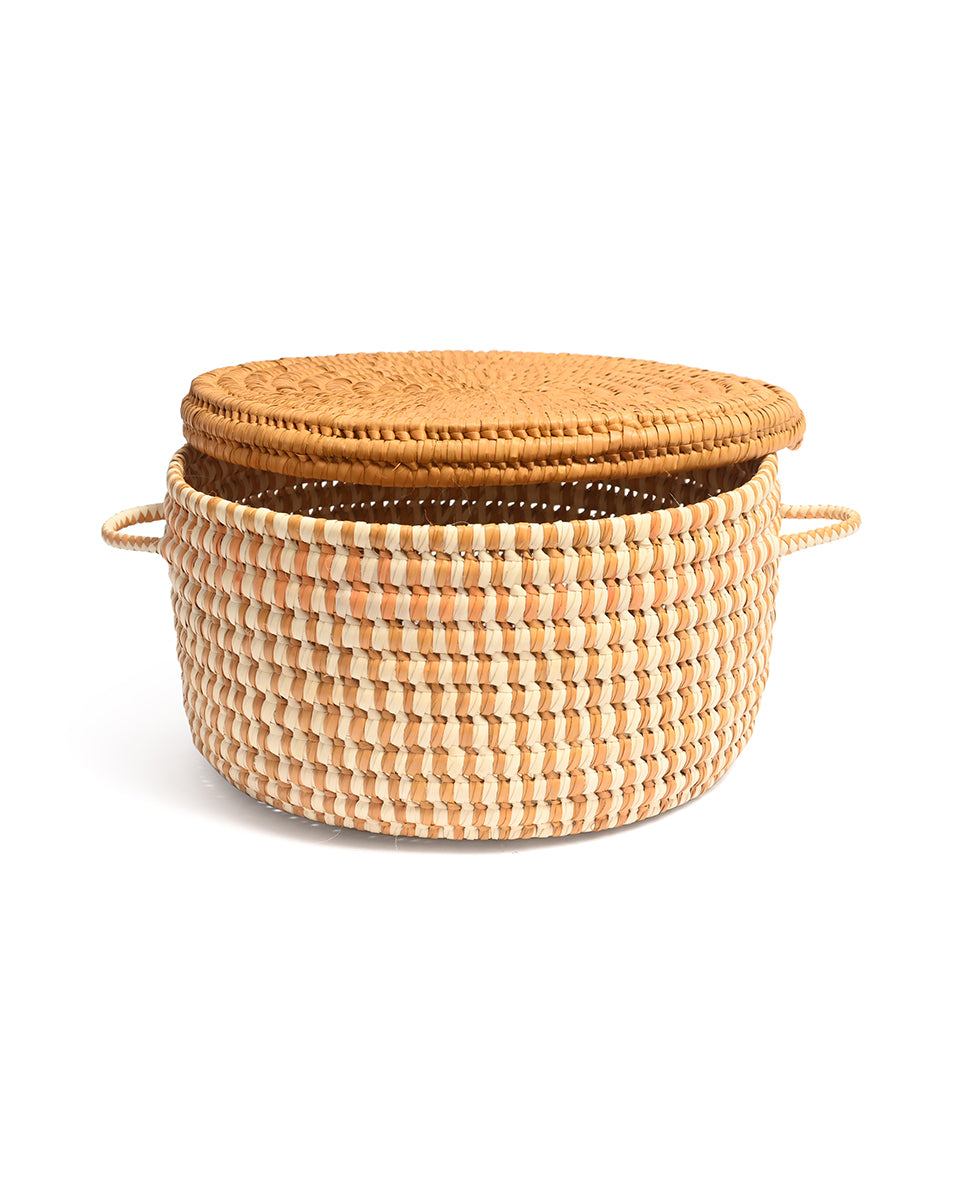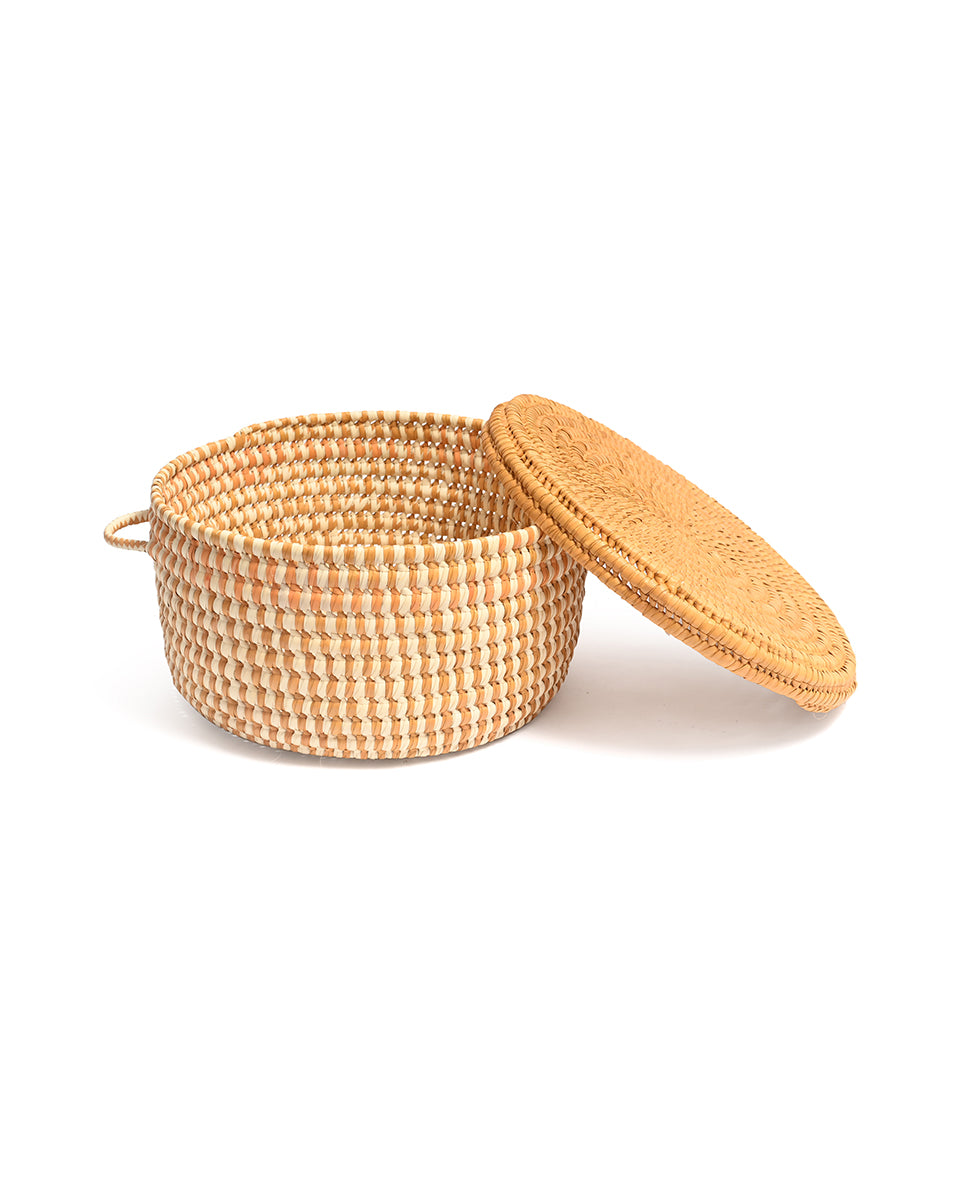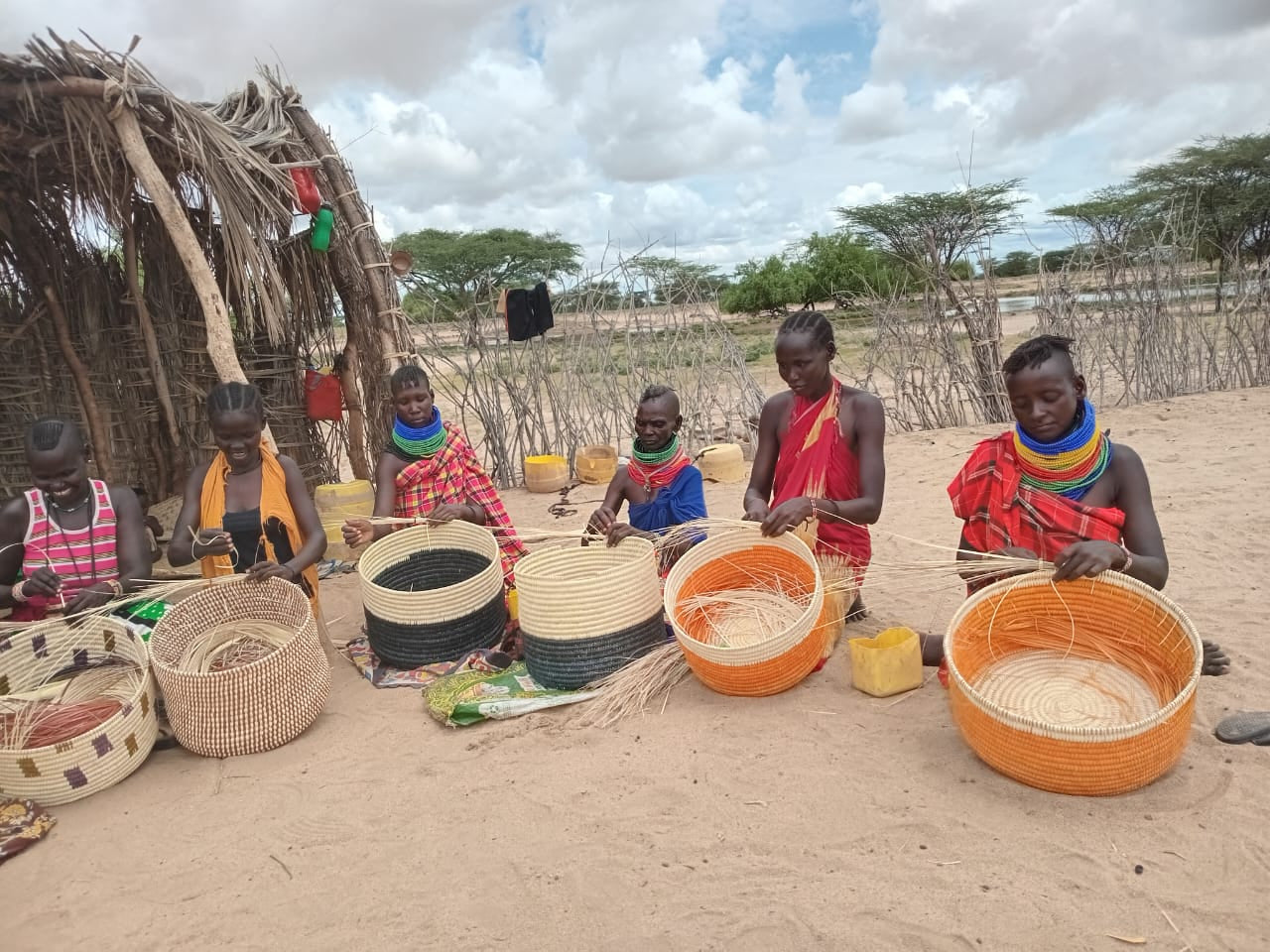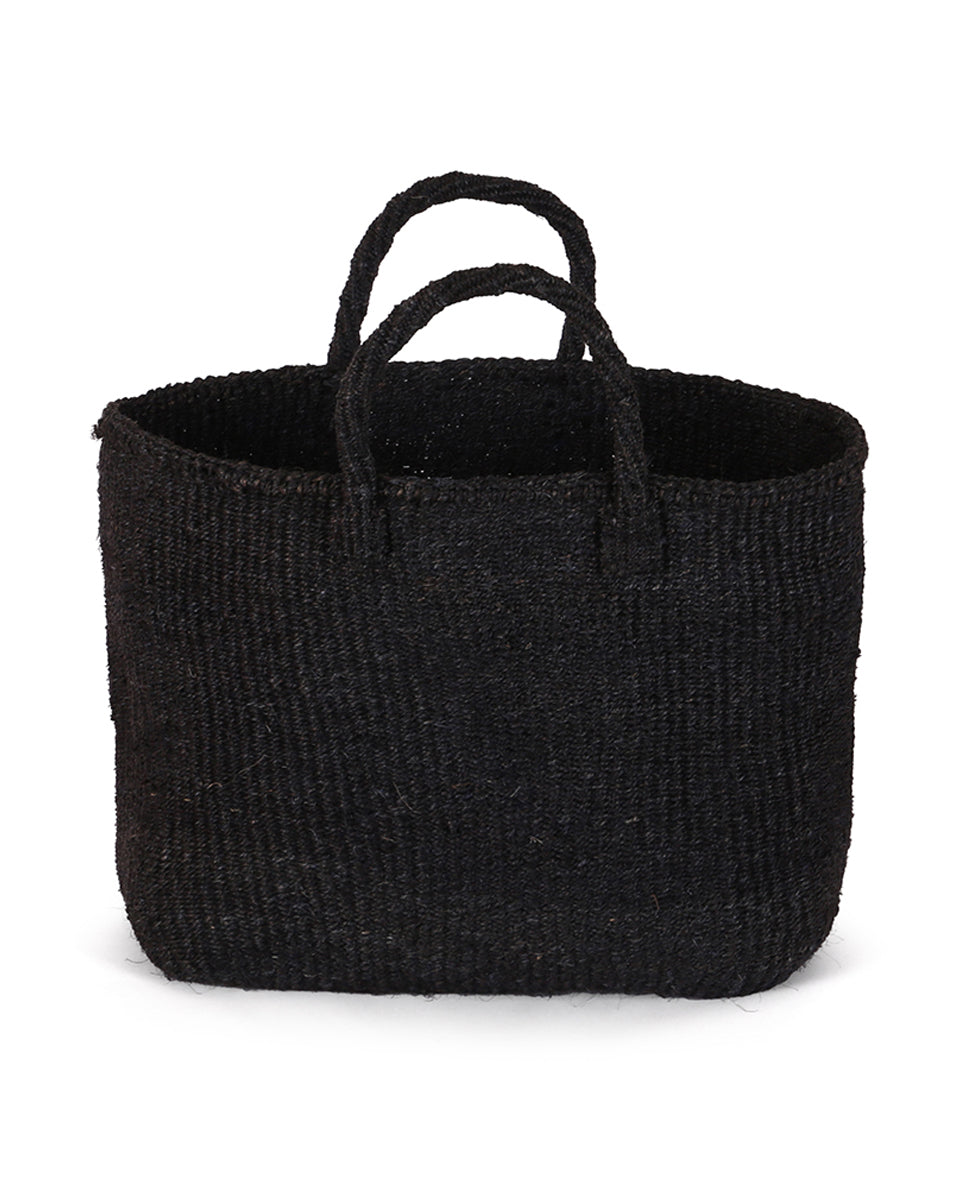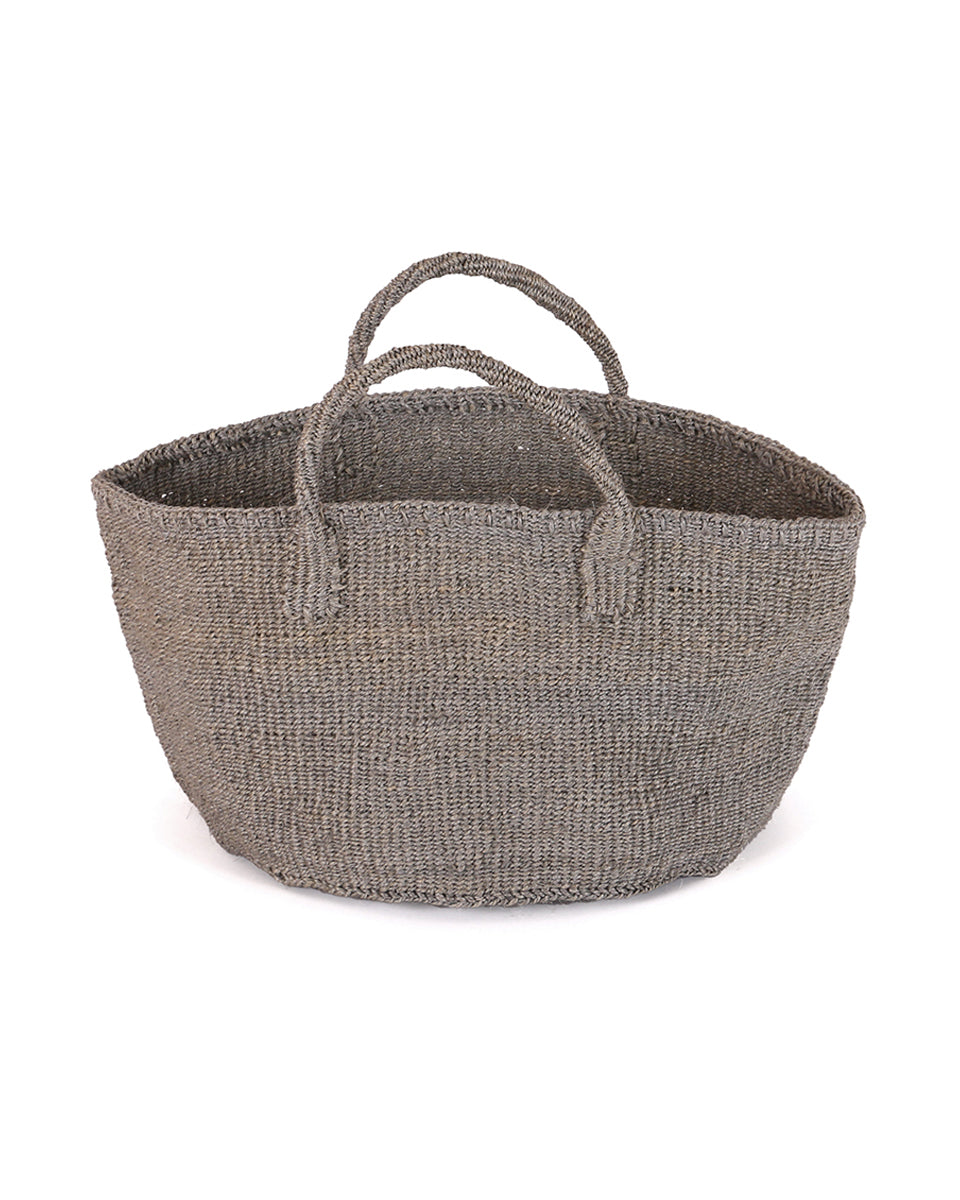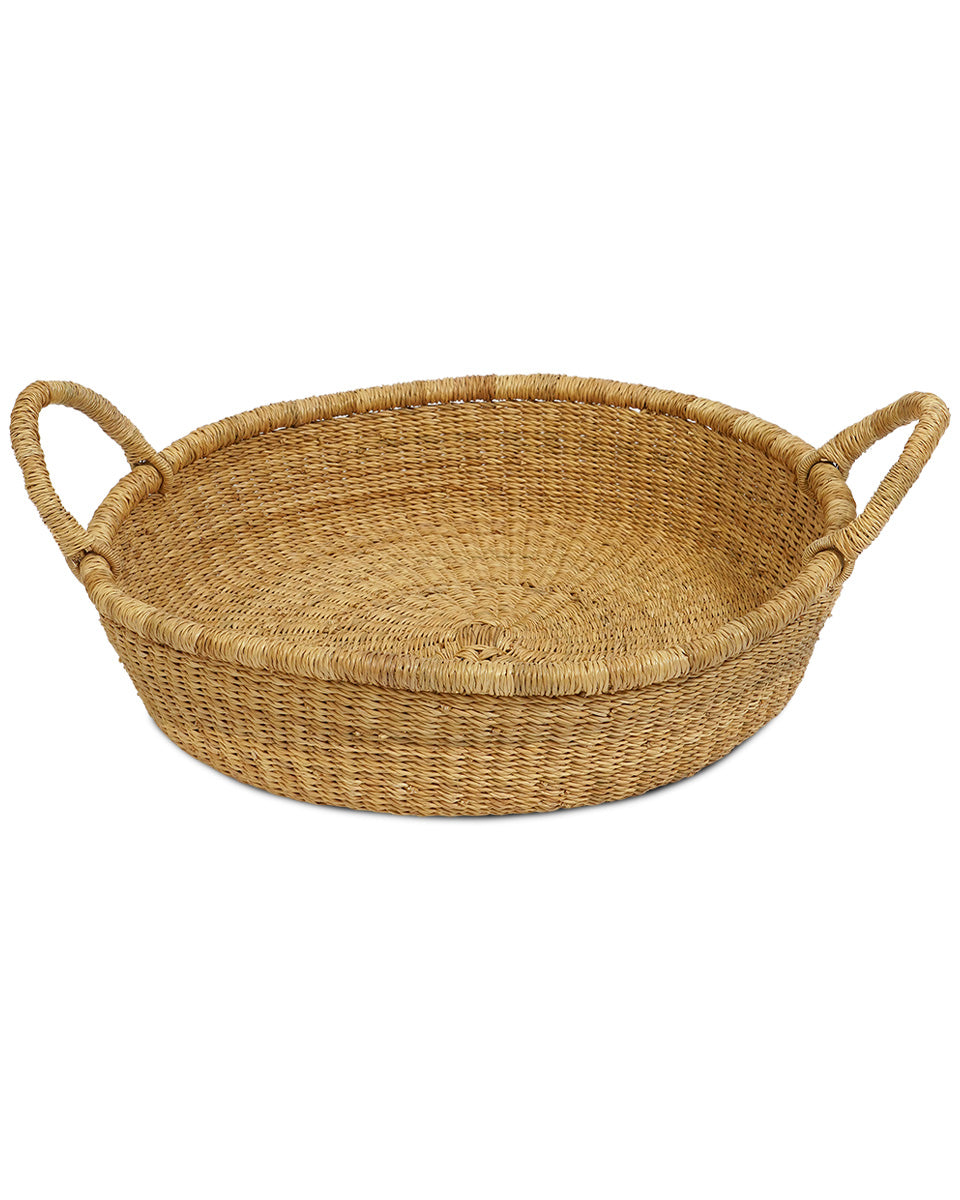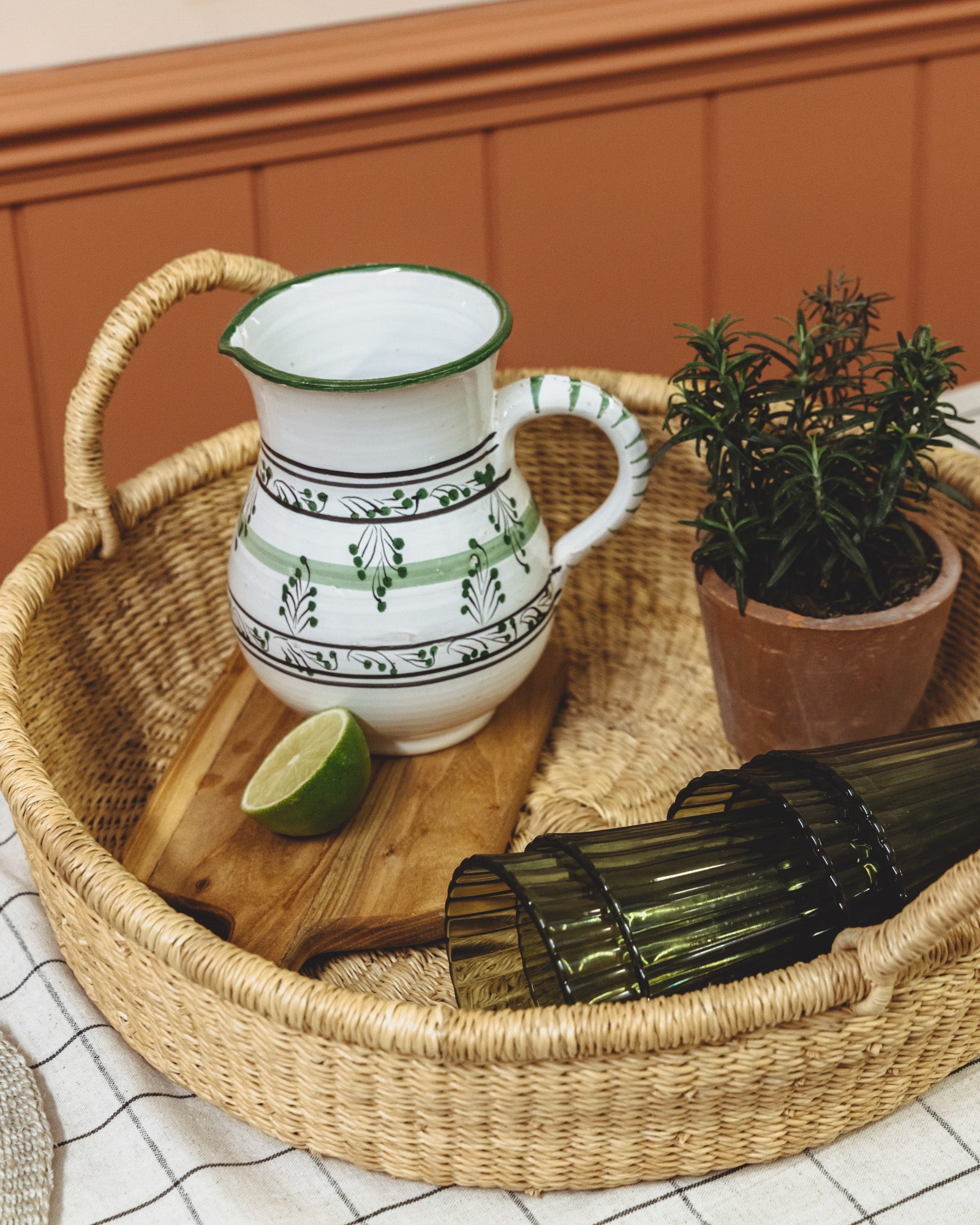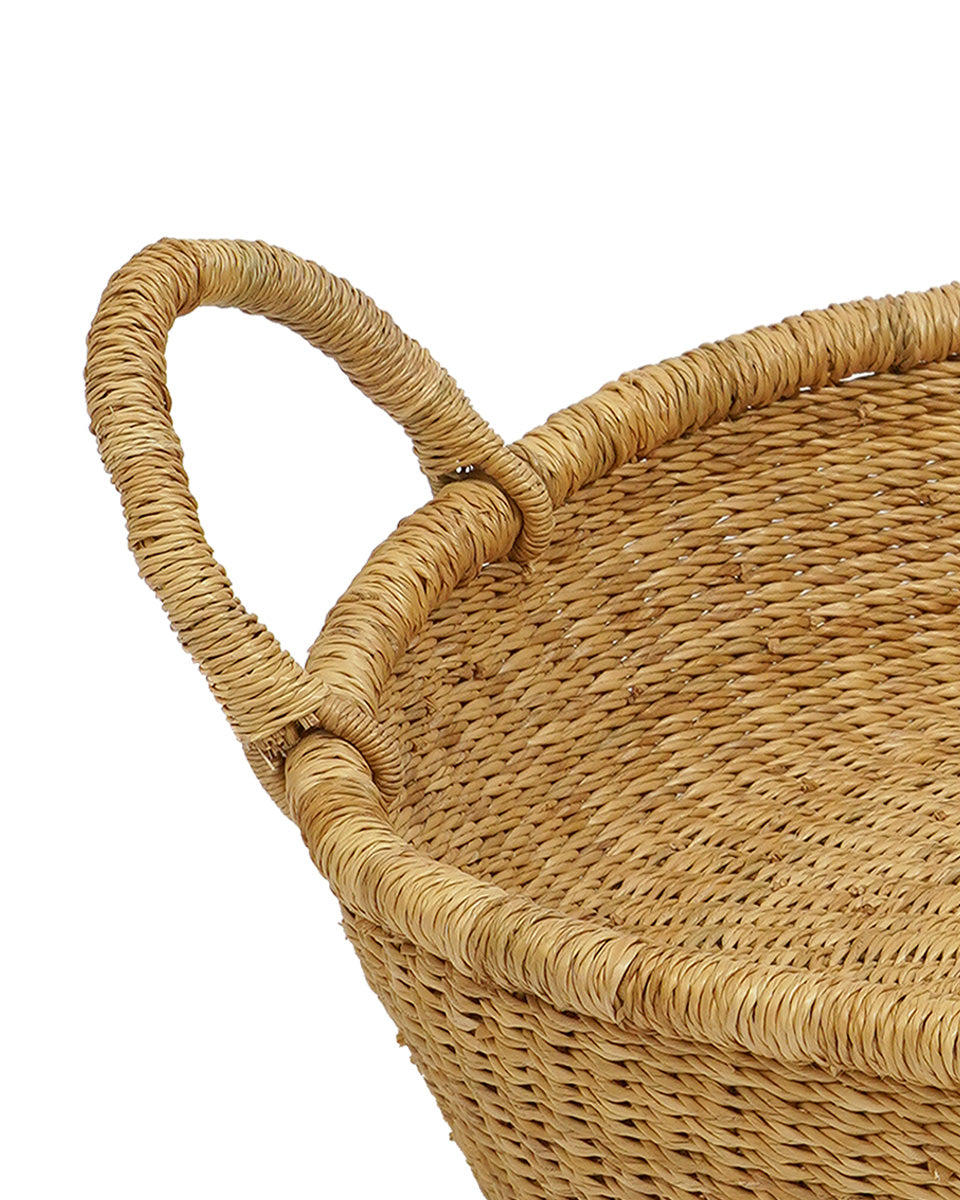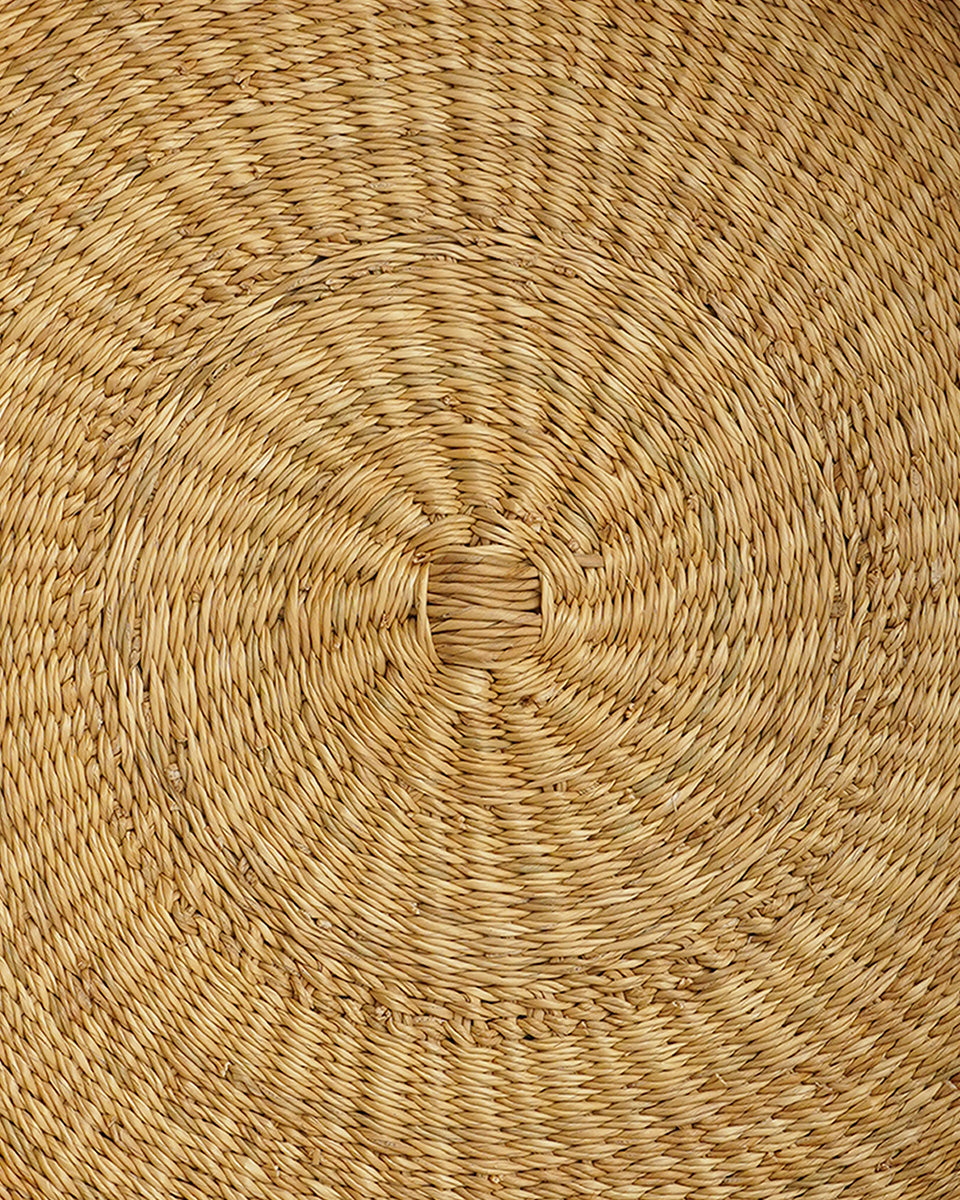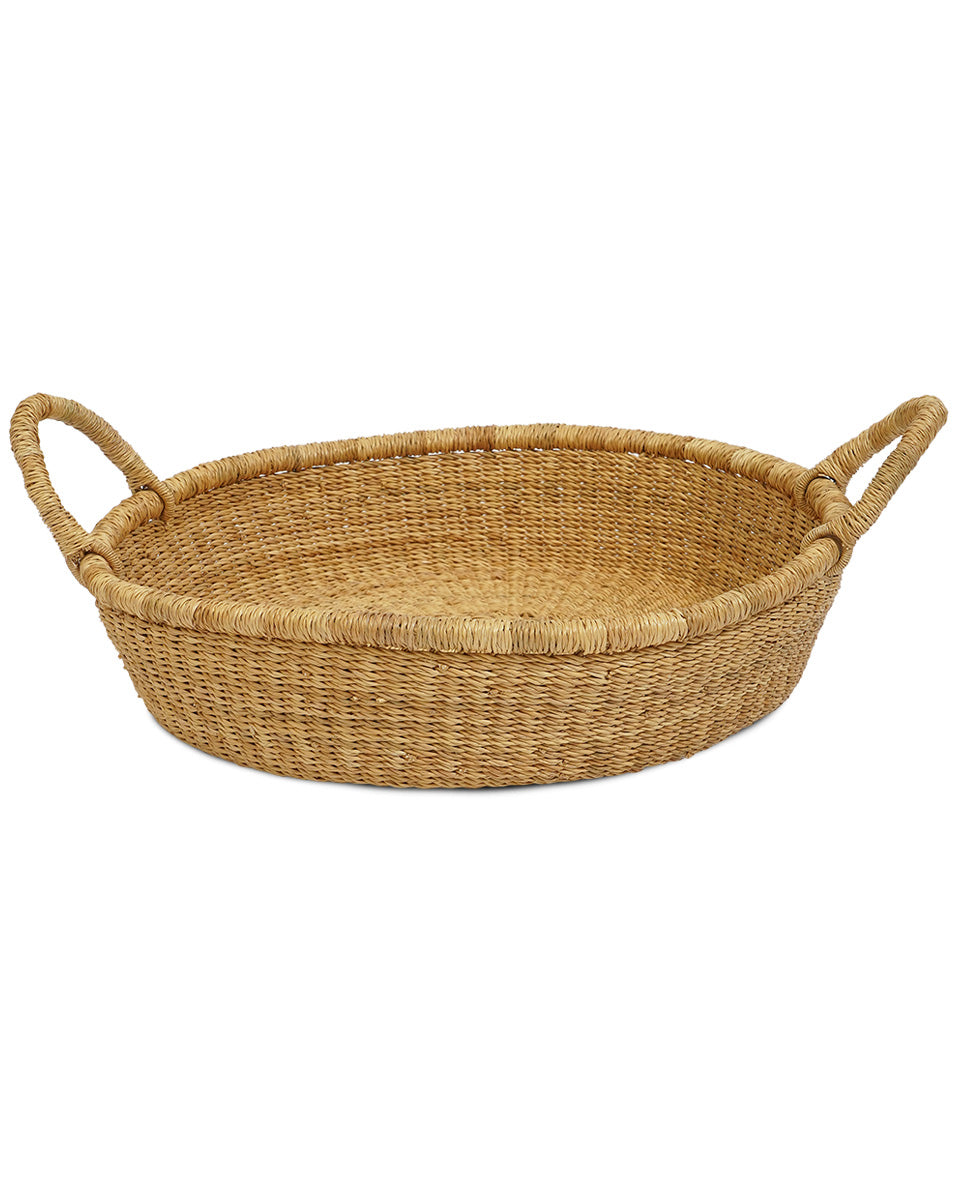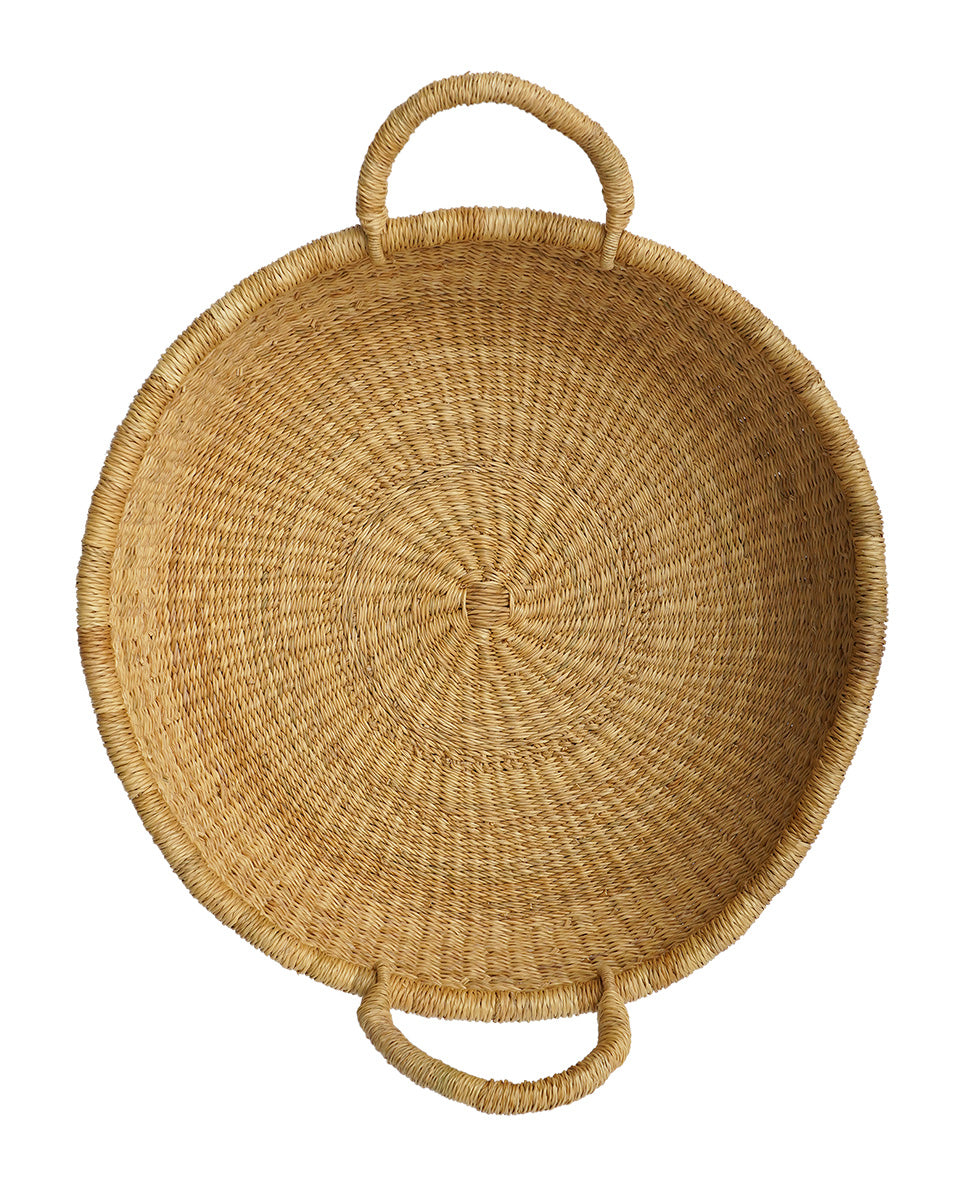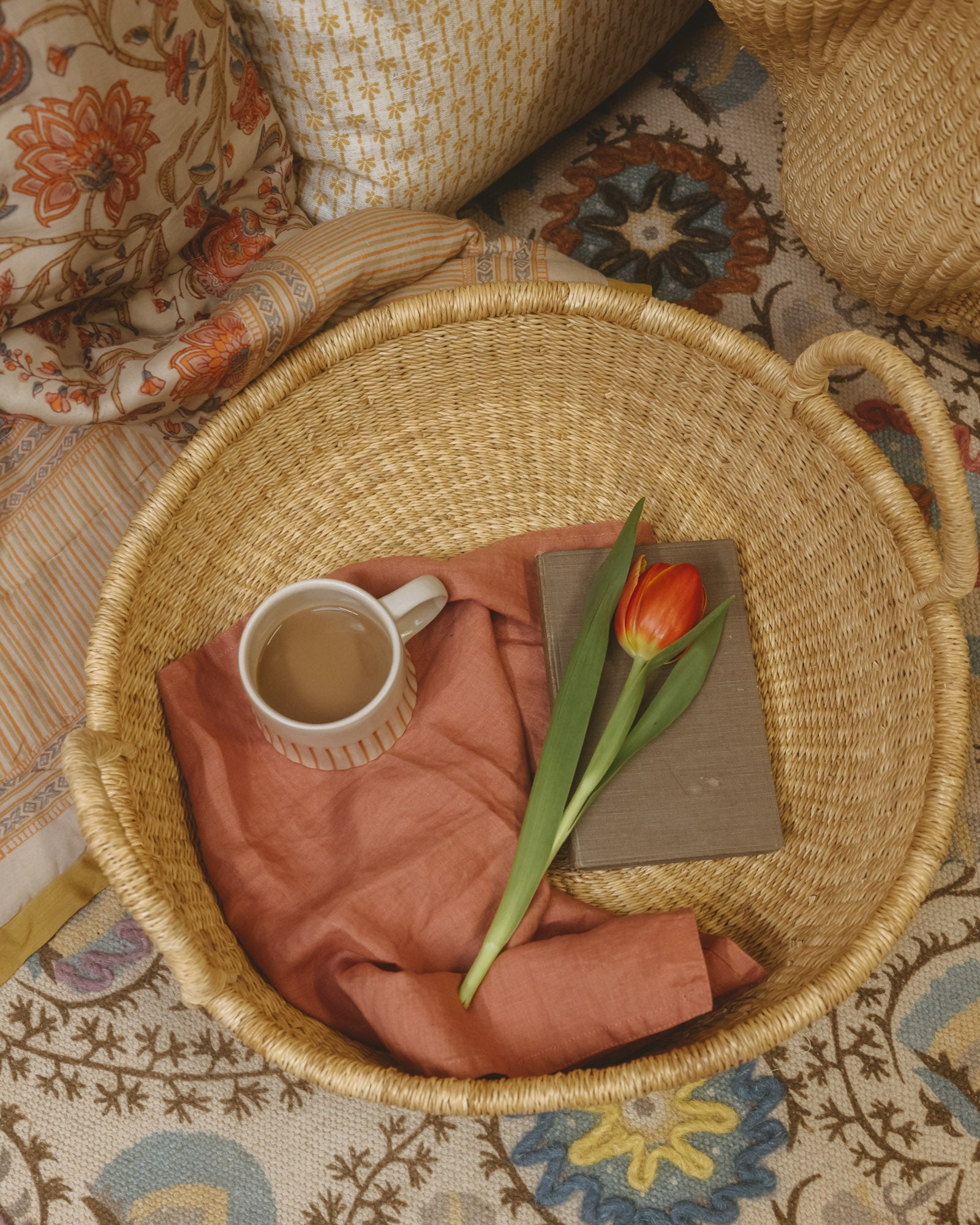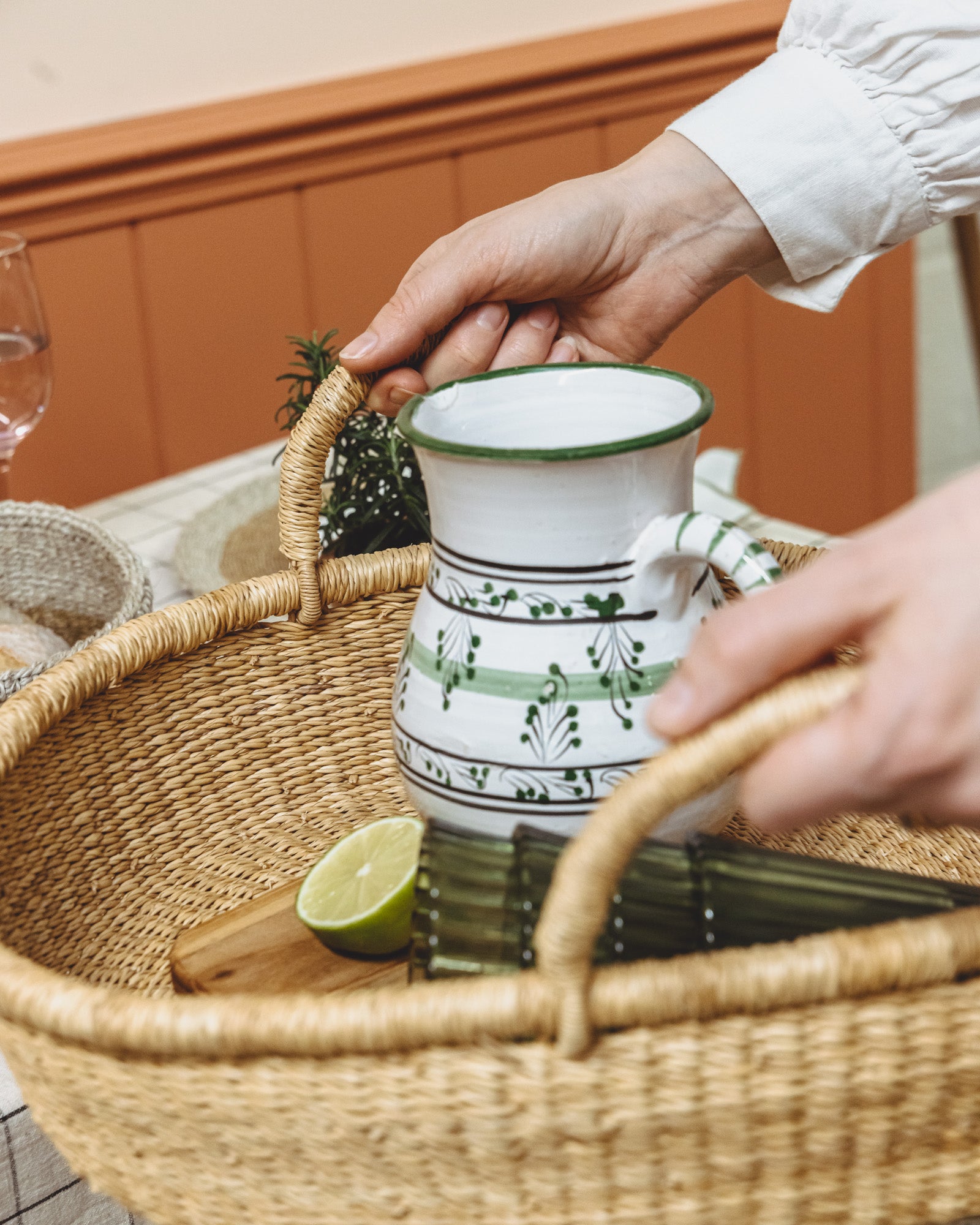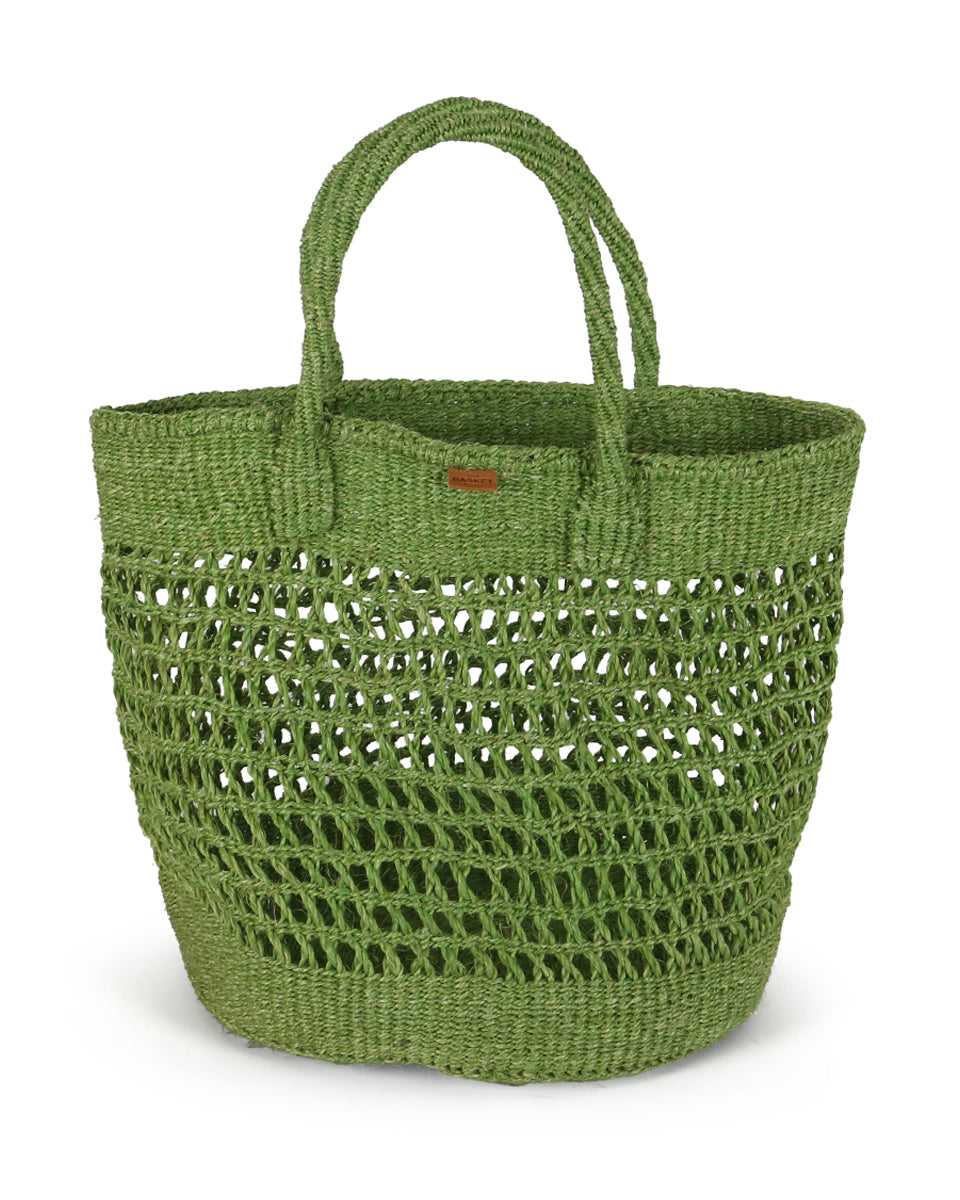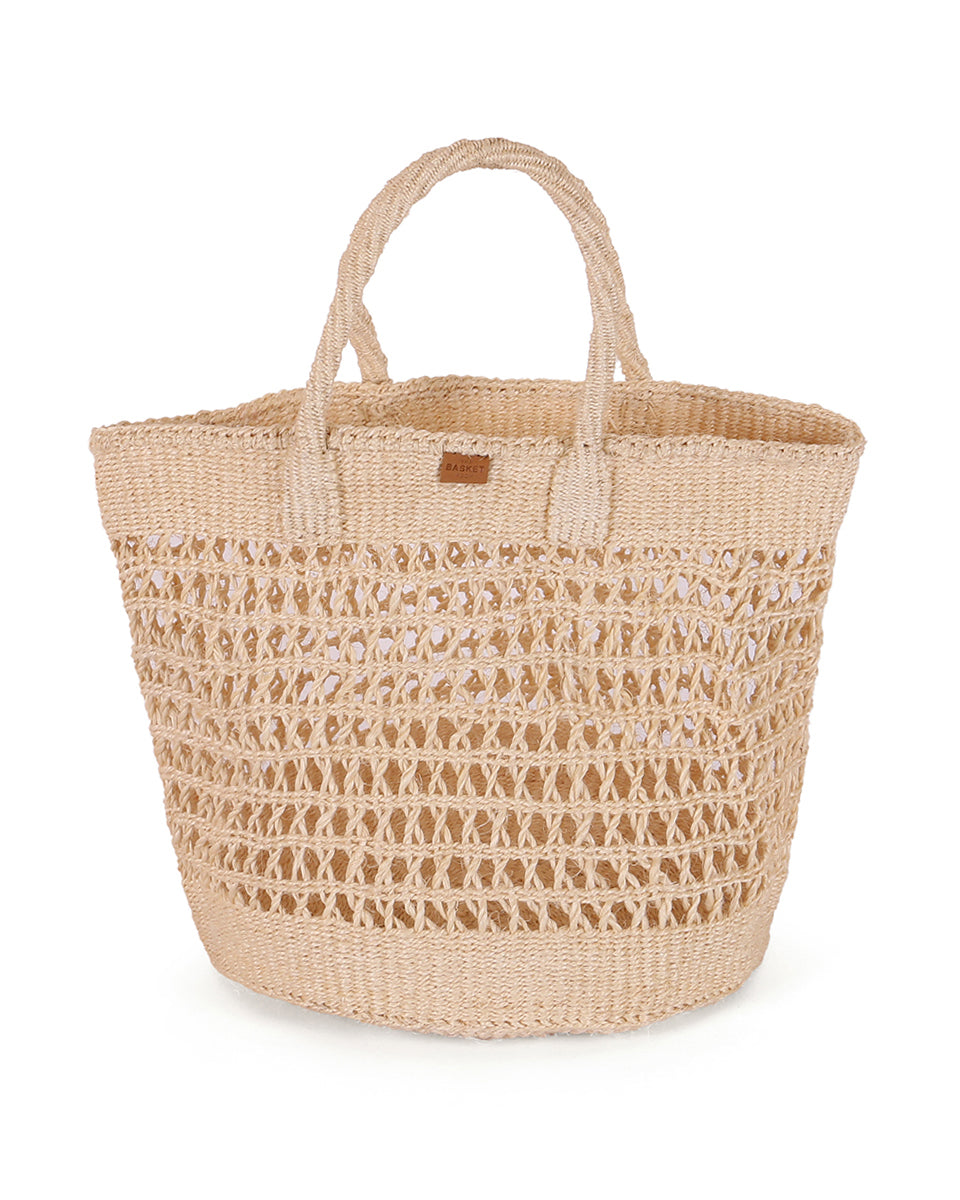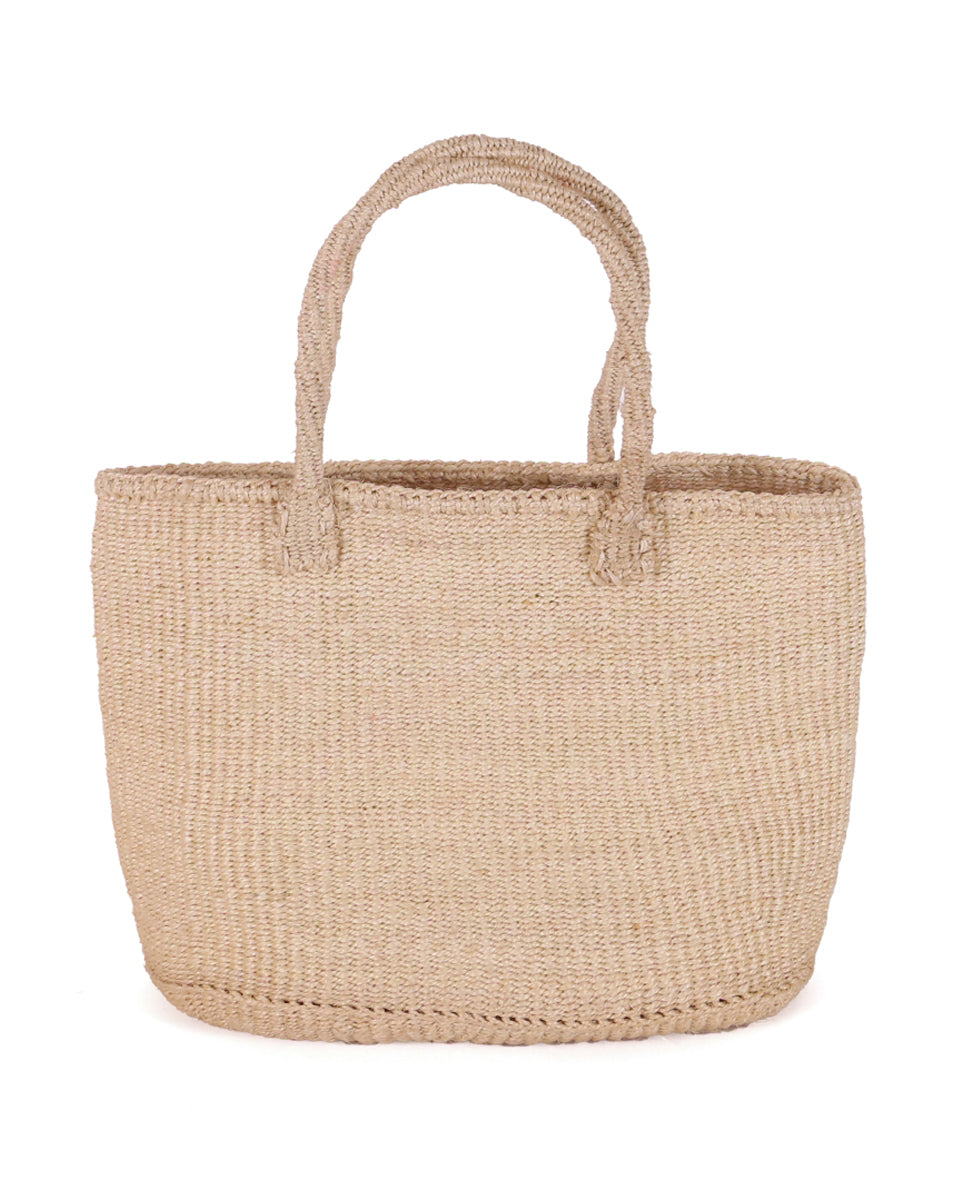“We do not know each other like we know our family or friends, but we are connected by a thread that their ancestors have woven, beginning hundreds of years ago and travelling right through to the present day."
- Holly, Co-founder

Holly learning to weave!
Back in December last year, Holly and Camilla took their first trip to Ghana to meet with some of the weaving cooperatives that The Basket Room has partnered with since 2015. Meeting with the weavers and spending time with them is a vital part of our story, and whilst technology like Whatsapp and Skype has allowed us to collaborate easily thus far, it felt like high time for some proper face-time!
Aside from meeting and greeting, we wanted to specifically discuss new designs and products with the groups: new market basket designs for SS20, and dog baskets which are launching this autumn. Seeing first-hand the skill and the aptitude of the weavers was incredibly useful, as sometimes it can be hard to know how ambitious to be when designing new products. Safe to say, we know we can really push the envelope in terms of colours and shapes – these weavers are just amazing!

Camilla learning the ancient craft from the experts
“As we took a small flight from Accra to the north, the landscape changed from semi-developed streets to open grasslands. The air cleared, and that same scent you pick up in the grasslands of Kenya and dusty roads of Zambia filled our lungs. The further north we ventured, the hotter and dustier it became - with temperatures reaching 37 degrees.”
We touched down at sunset in the North after a long delay!
Something rather unique about these weaving groups – who produce our Moses baskets, bike baskets and our square and rectangular storage baskets – is that around half of the weavers are men, and some as young as 19. In Kenya - where the lion’s share of our storage baskets and basket bags are produced - basket weaving is almost exclusively a female pursuit, so it was really exciting to see men taking part in the handicrafts passed to them by their ancestors.


The Boys!
Though of course it’s not primarily about keeping legacies alive - with scarce job opportunities aside from farming one’s own land, basket weaving is stable work for these men and women, and demand for baskets is ever-increasing in Ghana where an extremely skilled workforce is to be found. All of our Ghanaian baskets are made from the robust veta vera grass (also known as ‘elephant grass’) which grows wild in Ghana and produces wonderfully balanced and sturdy basketry.


Alongside a thriving basket industry in Ghana is fabric weaving. This is done by hand on steel looms which can be seen driving along the dusty roads. Women weave strips of colourful fabric which are then sold to the men in the local markets who work on sewing machines to create the traditional smocks you see in some of our pictures. These works of art are worn to official ceremonies such as weddings and funerals.


Visiting weaving cooperatives is always an exhilarating experience, but will inevitably bring up complicated feelings on both sides, too. An enormous cultural divide is there, parallel to the deep connection we feel between ourselves and the makers:
“I can remember all of their faces, the raw feelings read through eye contact, some of happiness, some of wisdom and some of uncertainty: the cold response I felt when I perhaps didn't give them a big enough monetary thank you for their time; the awkwardness I felt when the chair lady would not shake my hand.”

Ghana was vibrant. From the people to the food, the clothes and the smells. The people were extremely open: welcoming and very easy to talk to (speaking English does help!). We were able to explore on foot in Accra which you cannot do in Nairobi.

As with all third-world travel, it was a journey of life-affirming highs and depressing lows. On a walk to the beach one day we were greeted with open sewers running into the sea, and so much plastic waste littered long stretches. One night we met some young fashion students in a bar who would have given our east London hipsters a serious run for their money. One of our new friends spoke to us of his struggles with being openly gay in Ghana, where consensual sex between two members of the same gender is illegal. This sort of oppression seemed so at odds with the deeply expressive, loud and colourful culture Ghana seemed to encapsulate.

A young man chilling in the local basket market
Ronny and Tony who we met in Jamestown were making a series of short films called 'Smilers'. We were originally their subjects before they became ours!
In stark contrast to what we were talking about the night before, the next day on our travels around Accra we heard music and song coming from a nearby building and wandered closer to discover the sounds coming from a church. We were swiftly ushered to join the congregation in their singing and dancing and have never witnessed so much energy and joy in one small space. The atmosphere was positively electric - and it was probably impossible to NOT join in and dance. A memory of beautiful, complicated Ghana that will stay imprinted in our minds, always.

Shop Moses Baskets here.
Shop Bike Baskets here.
Shop Square and Rectangular Storage Baskets here.
Shop Market Bolga Baskets here.
